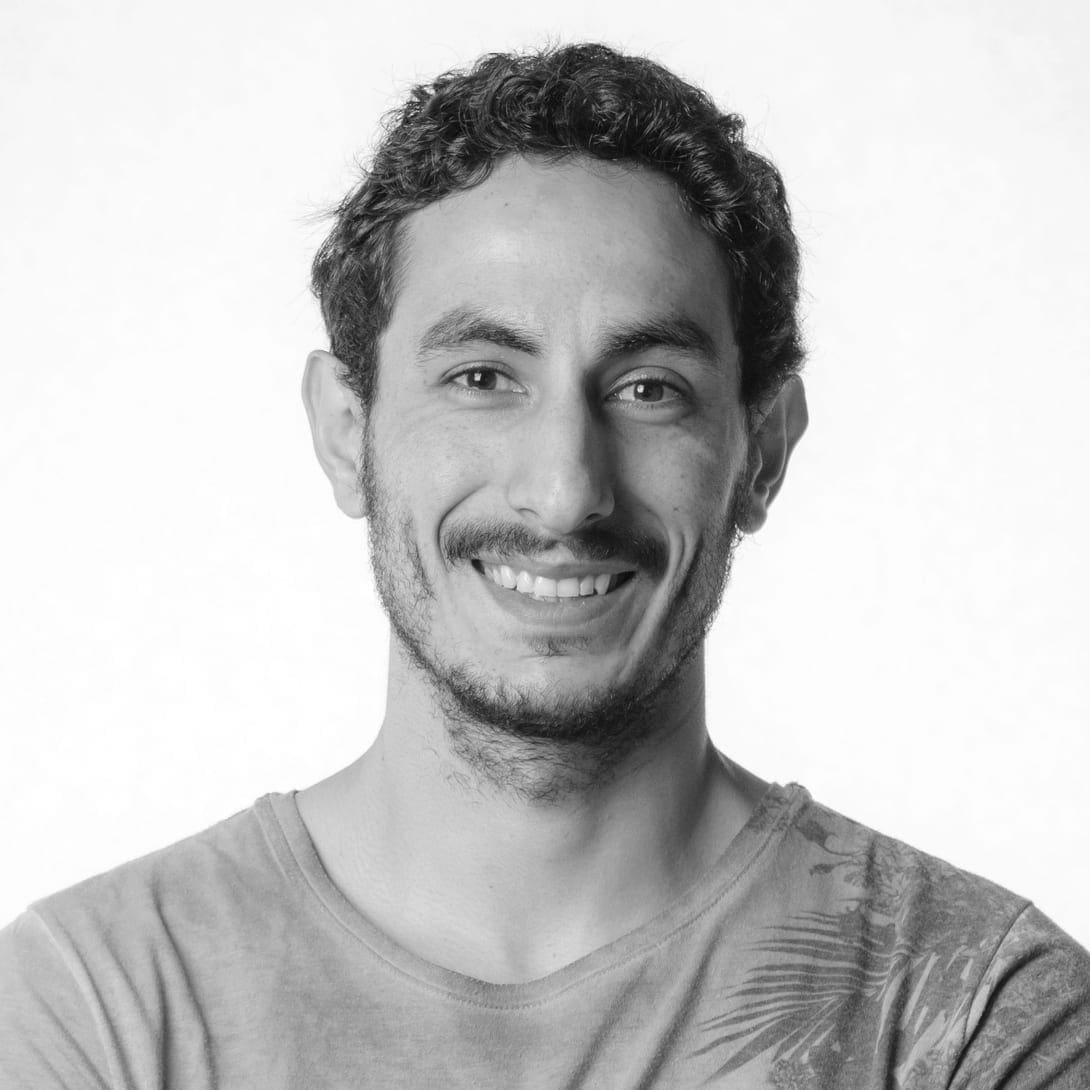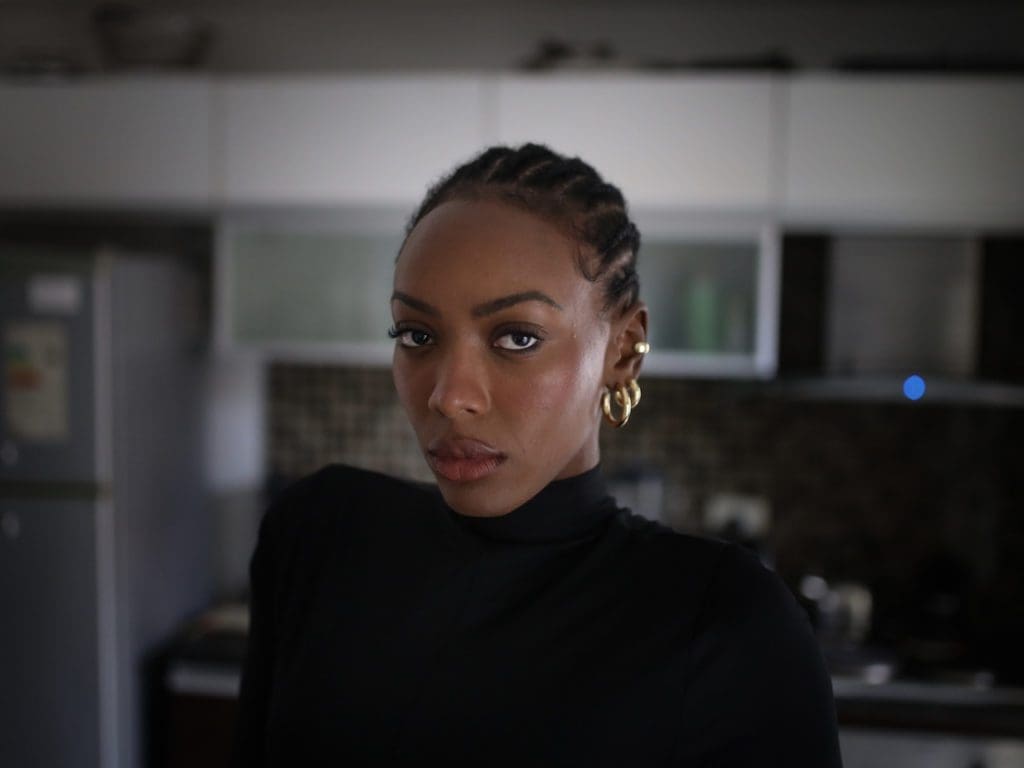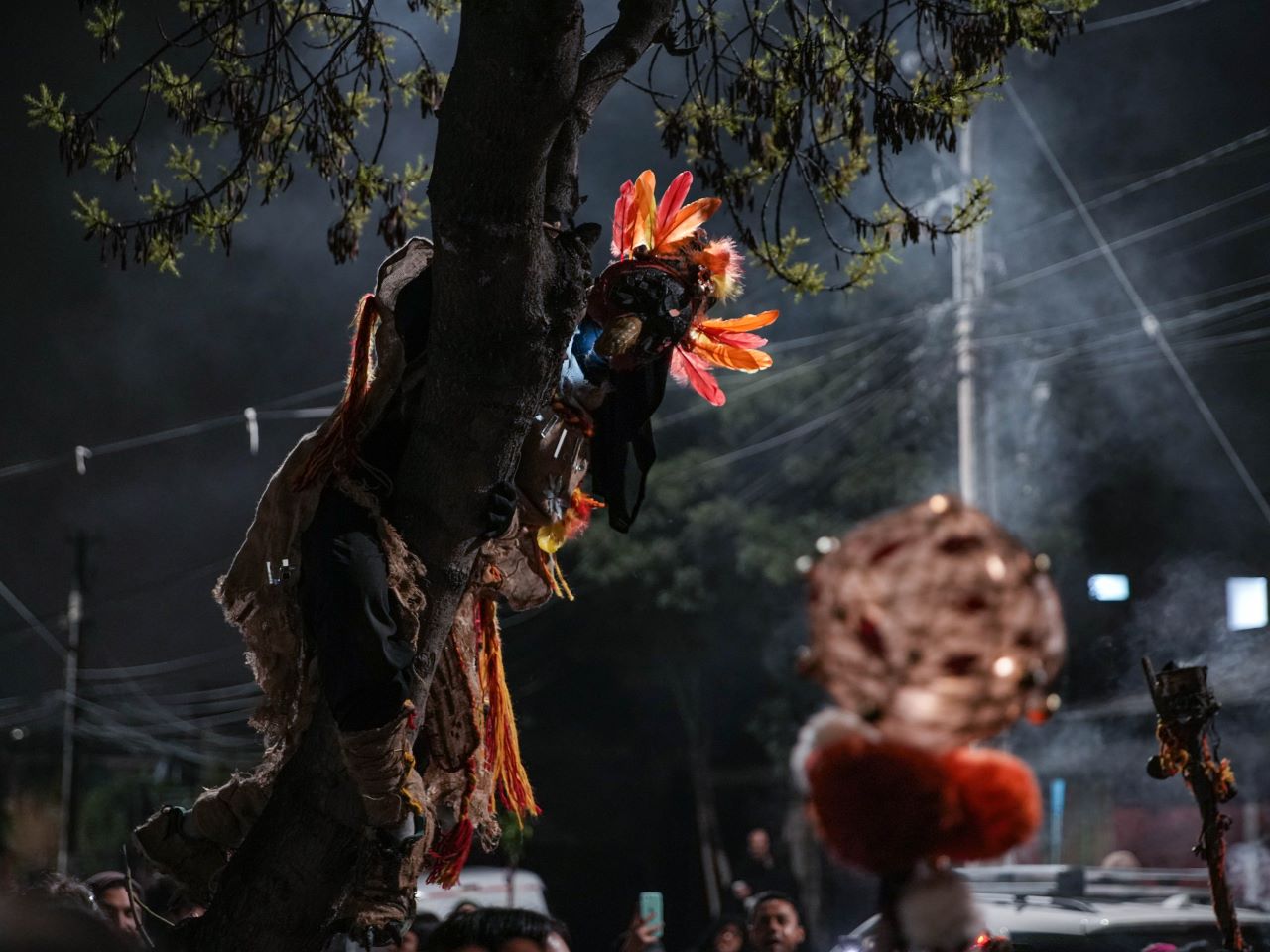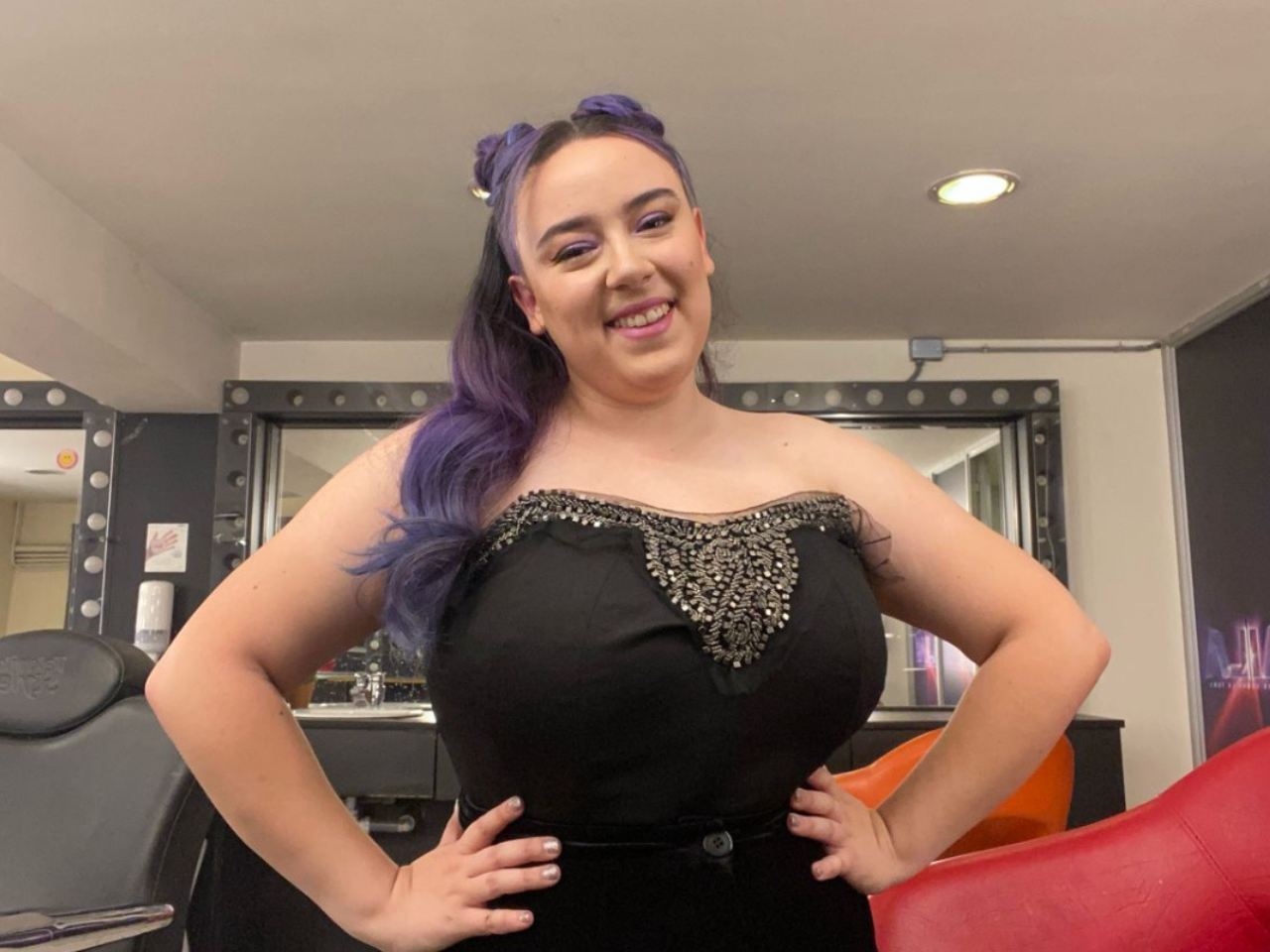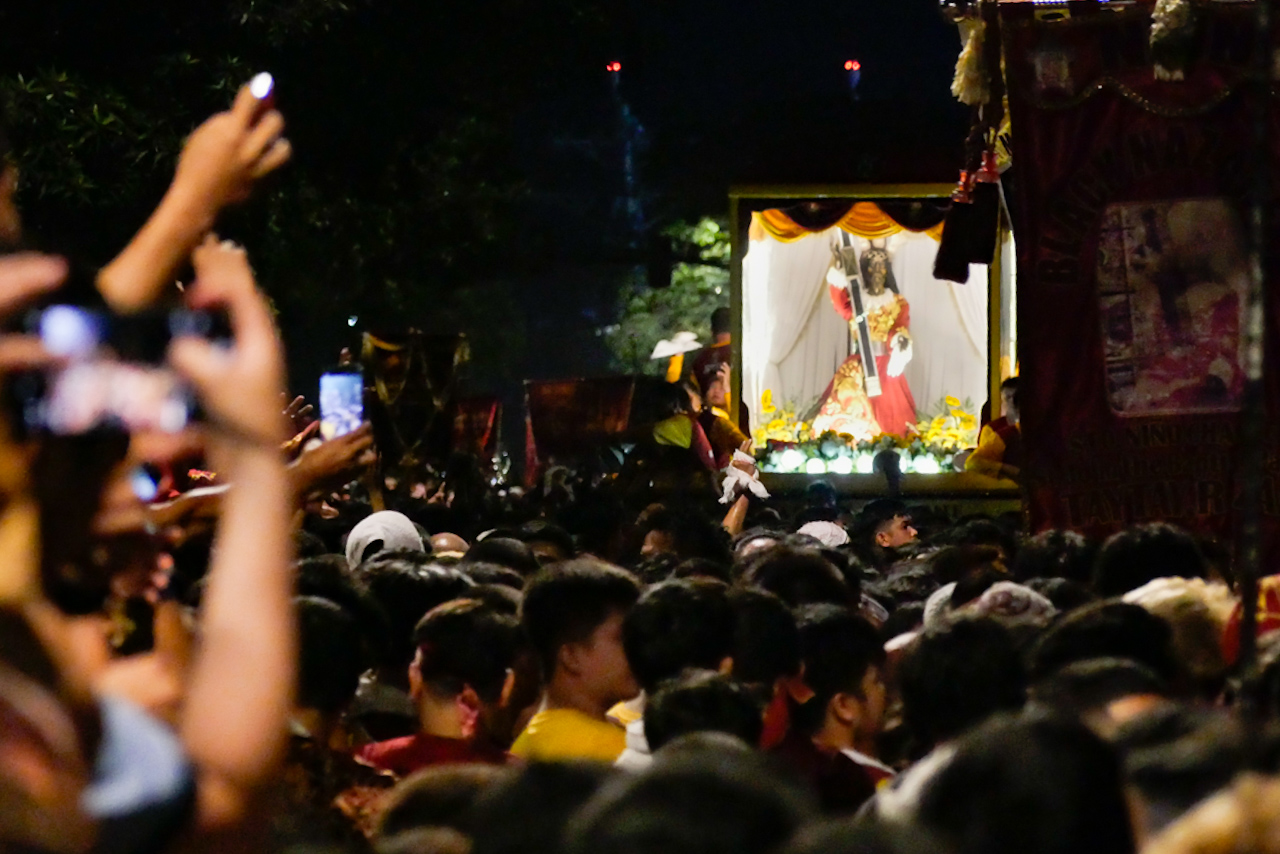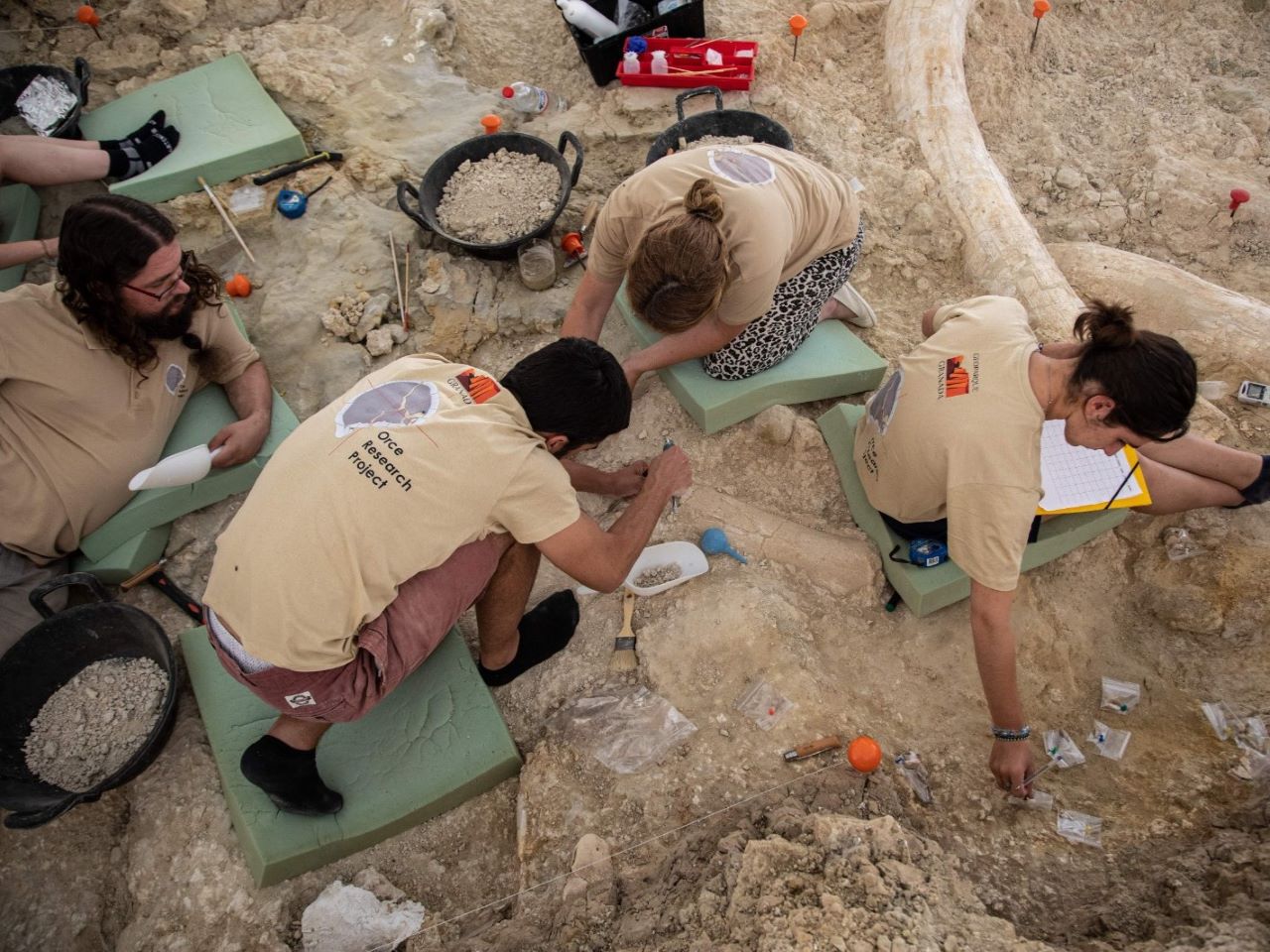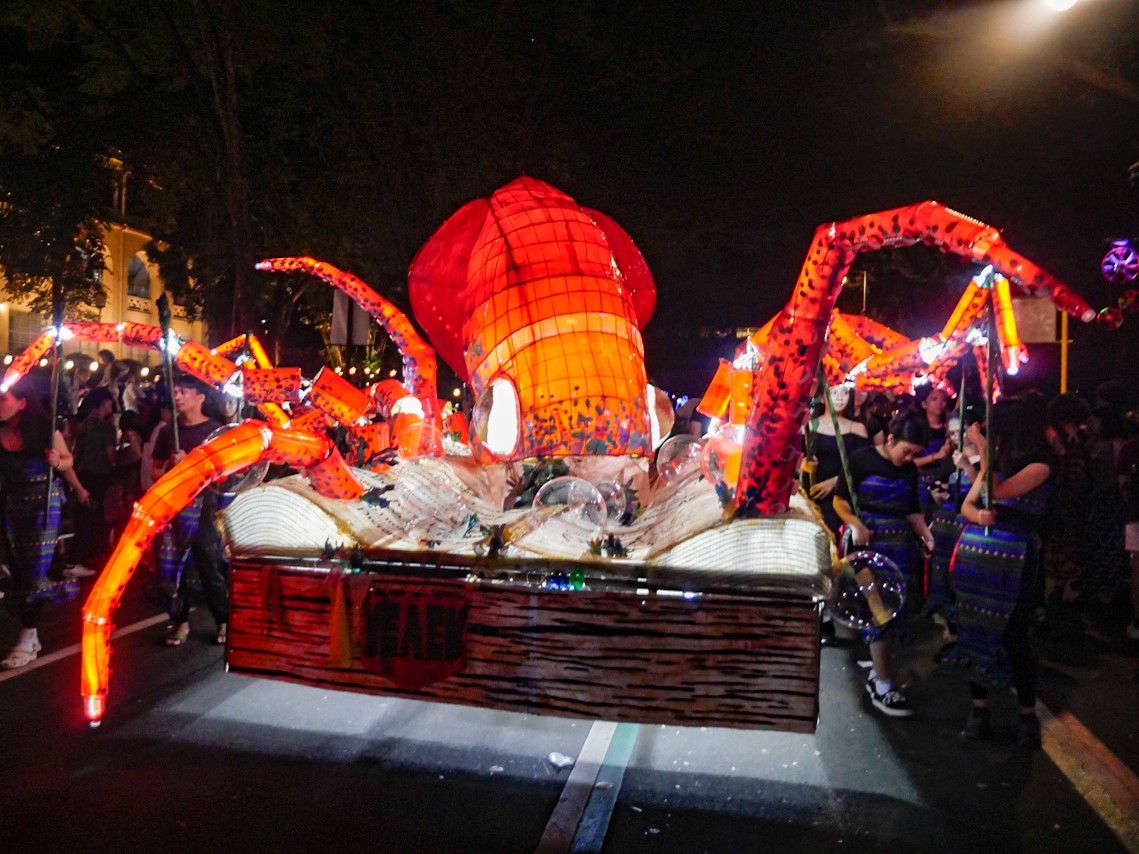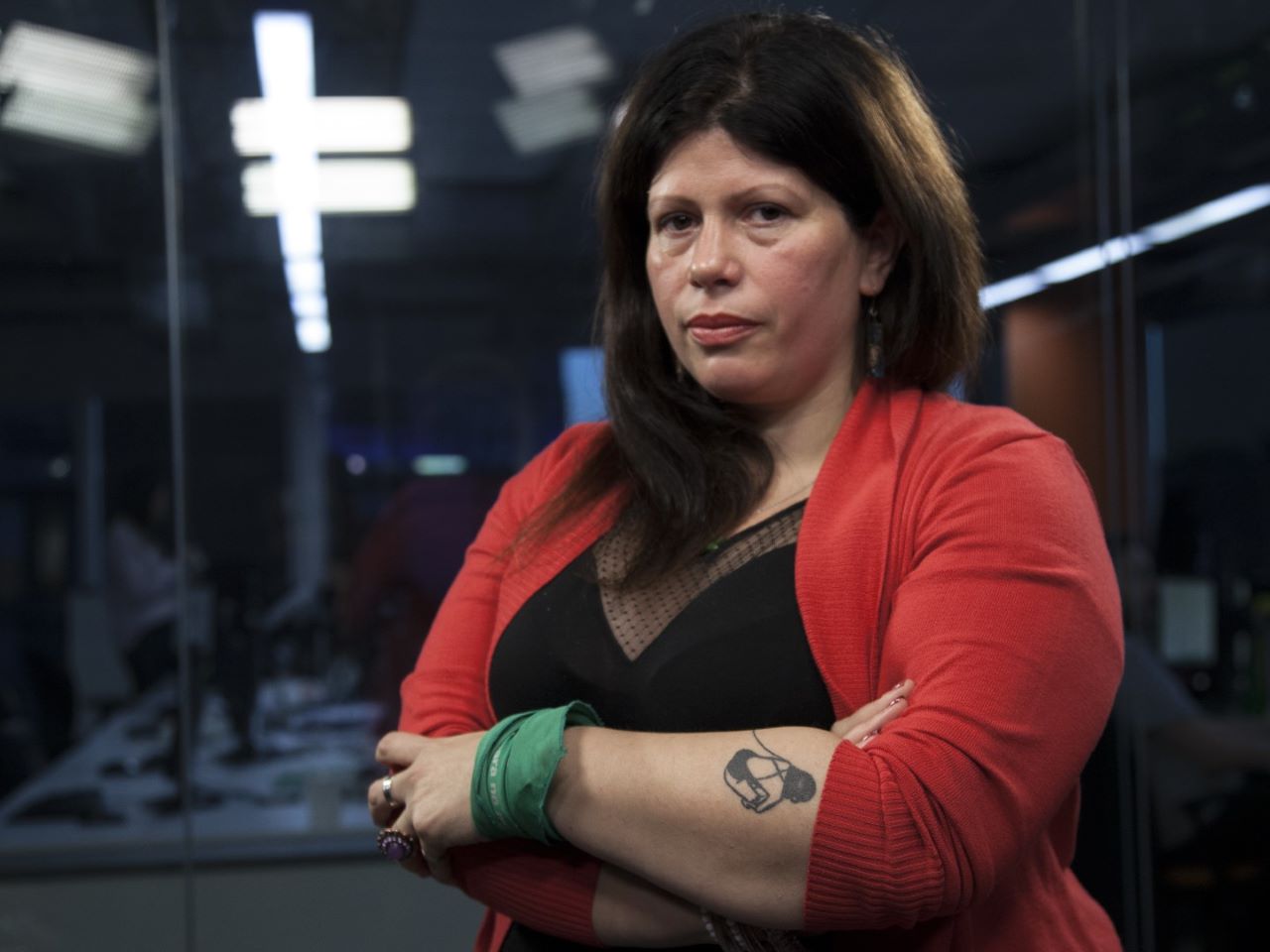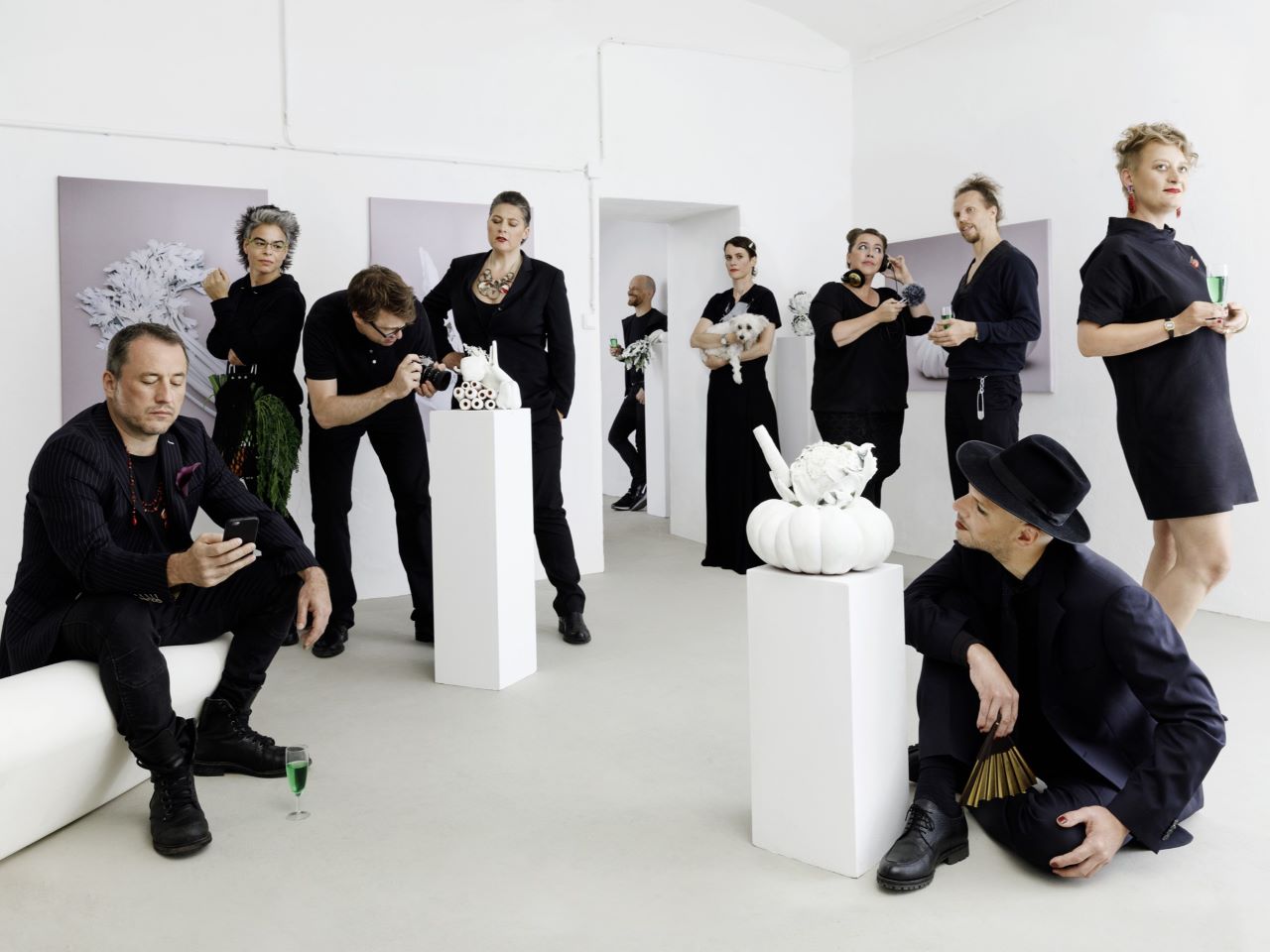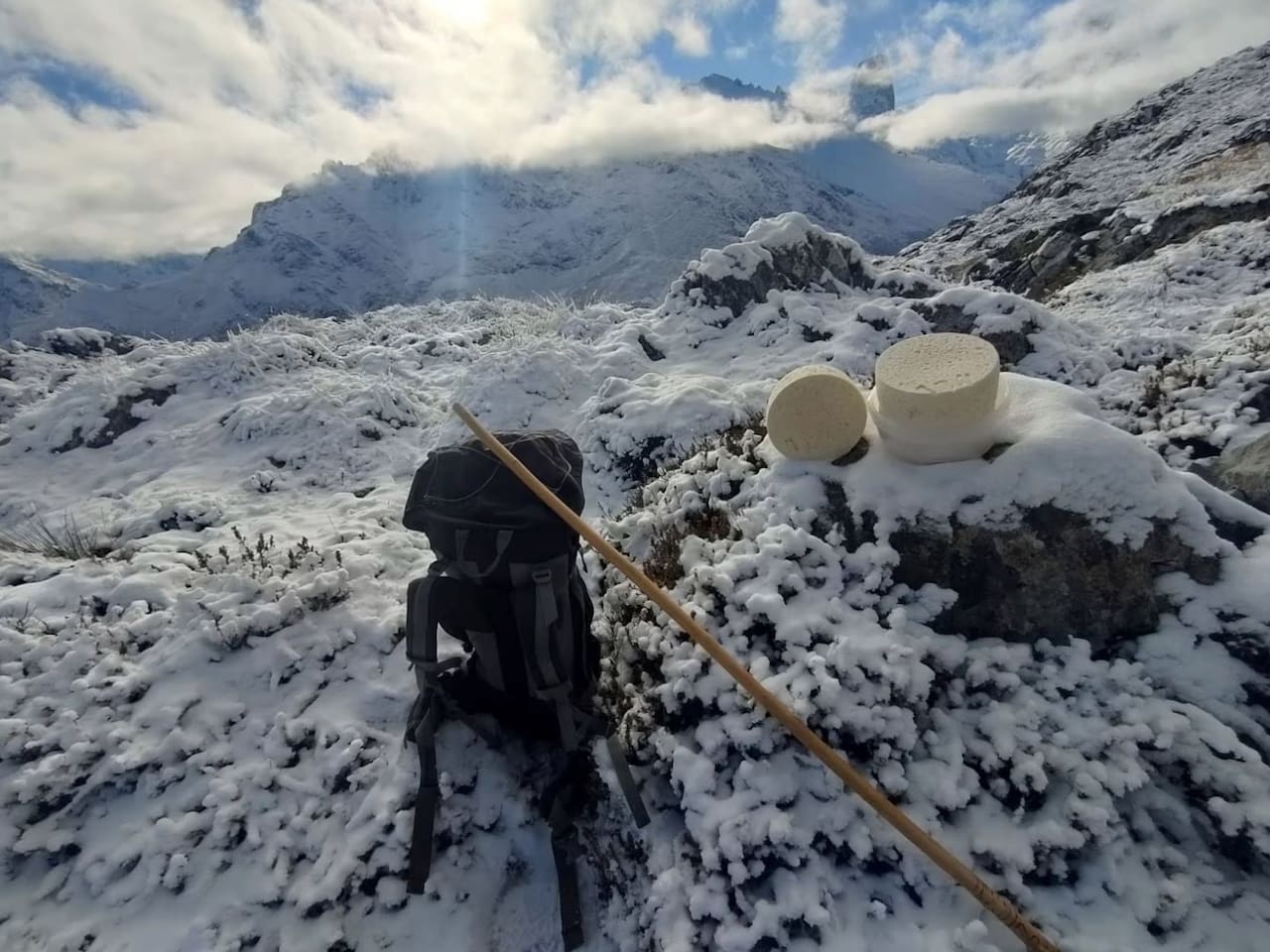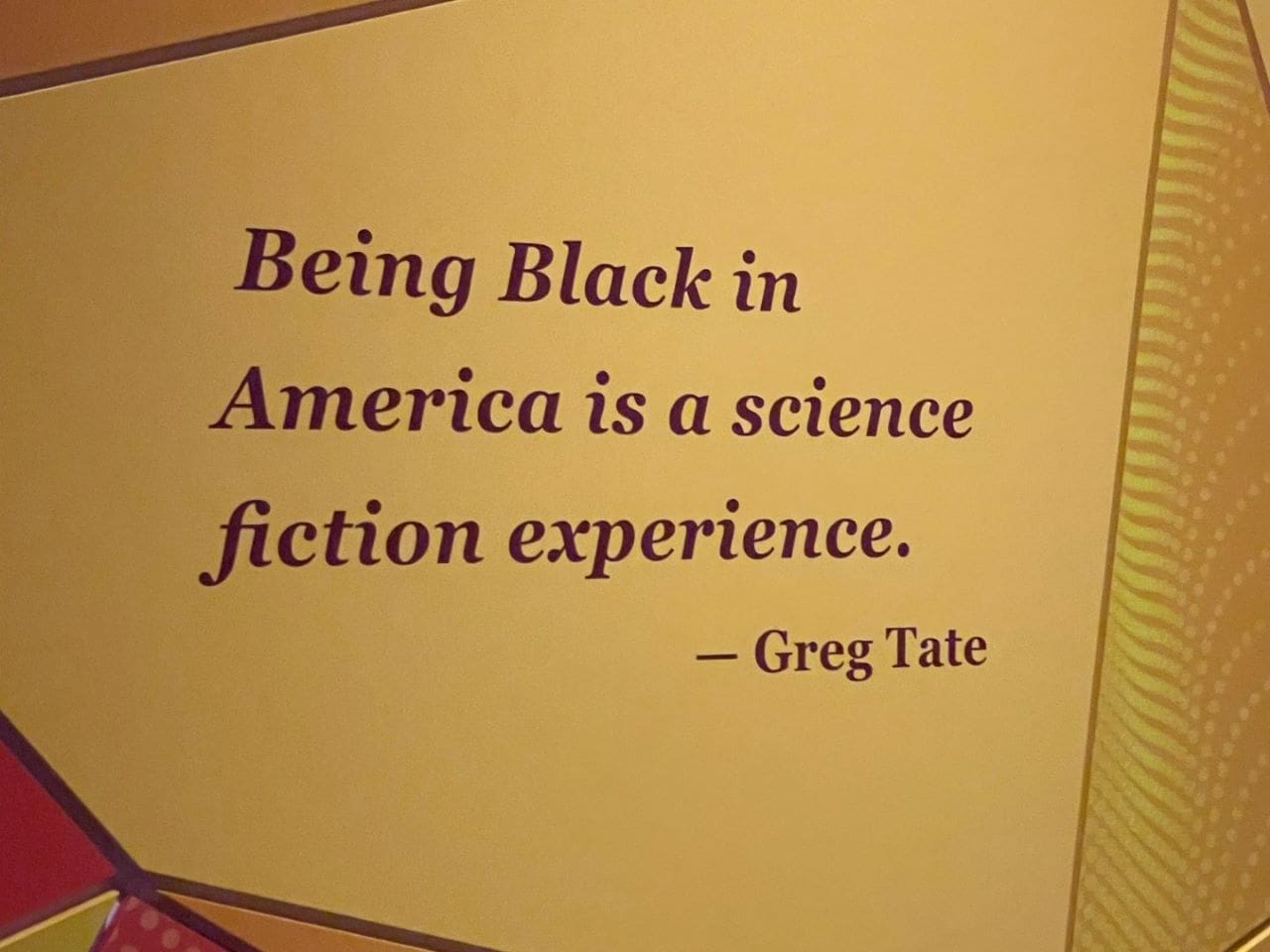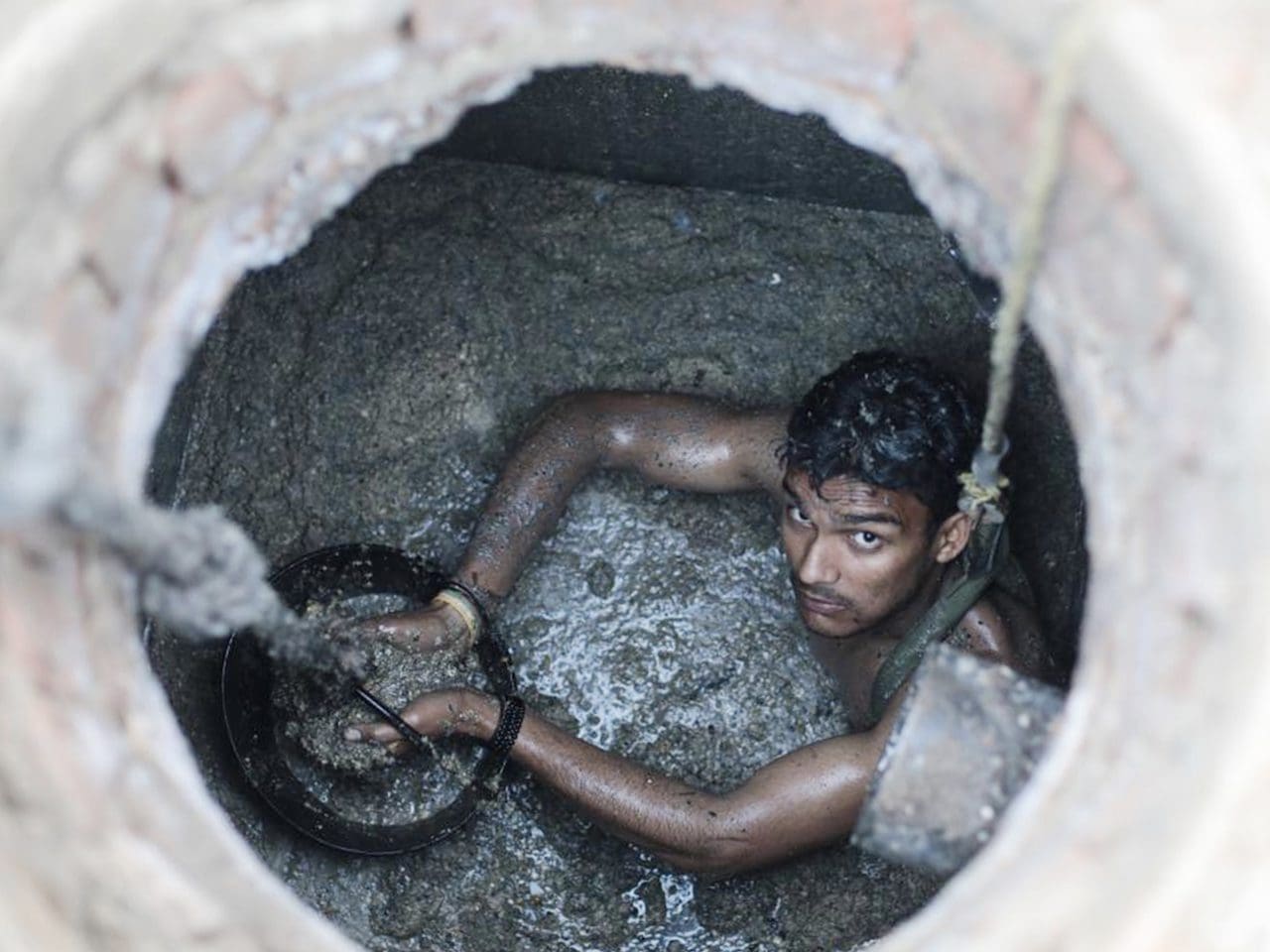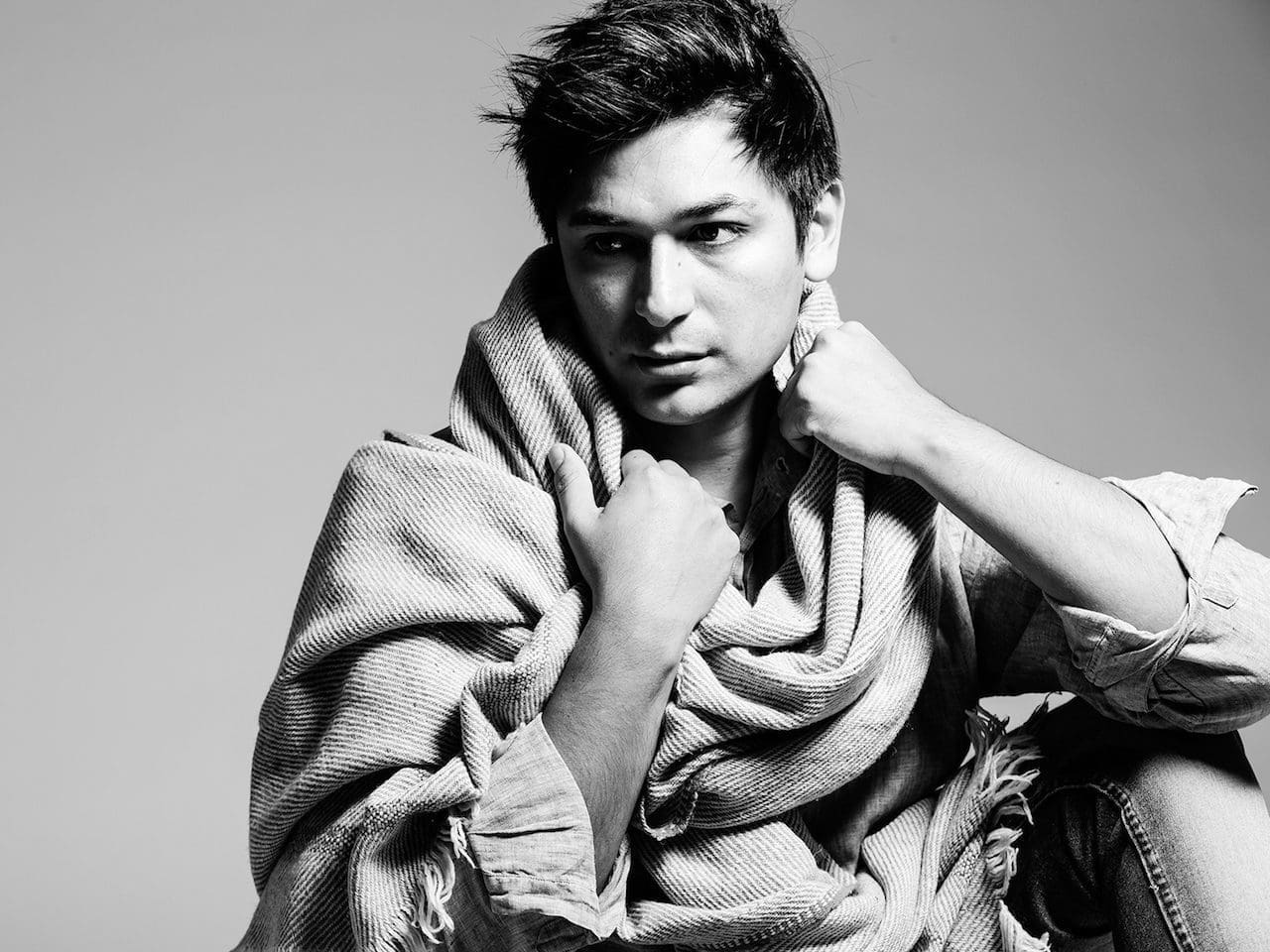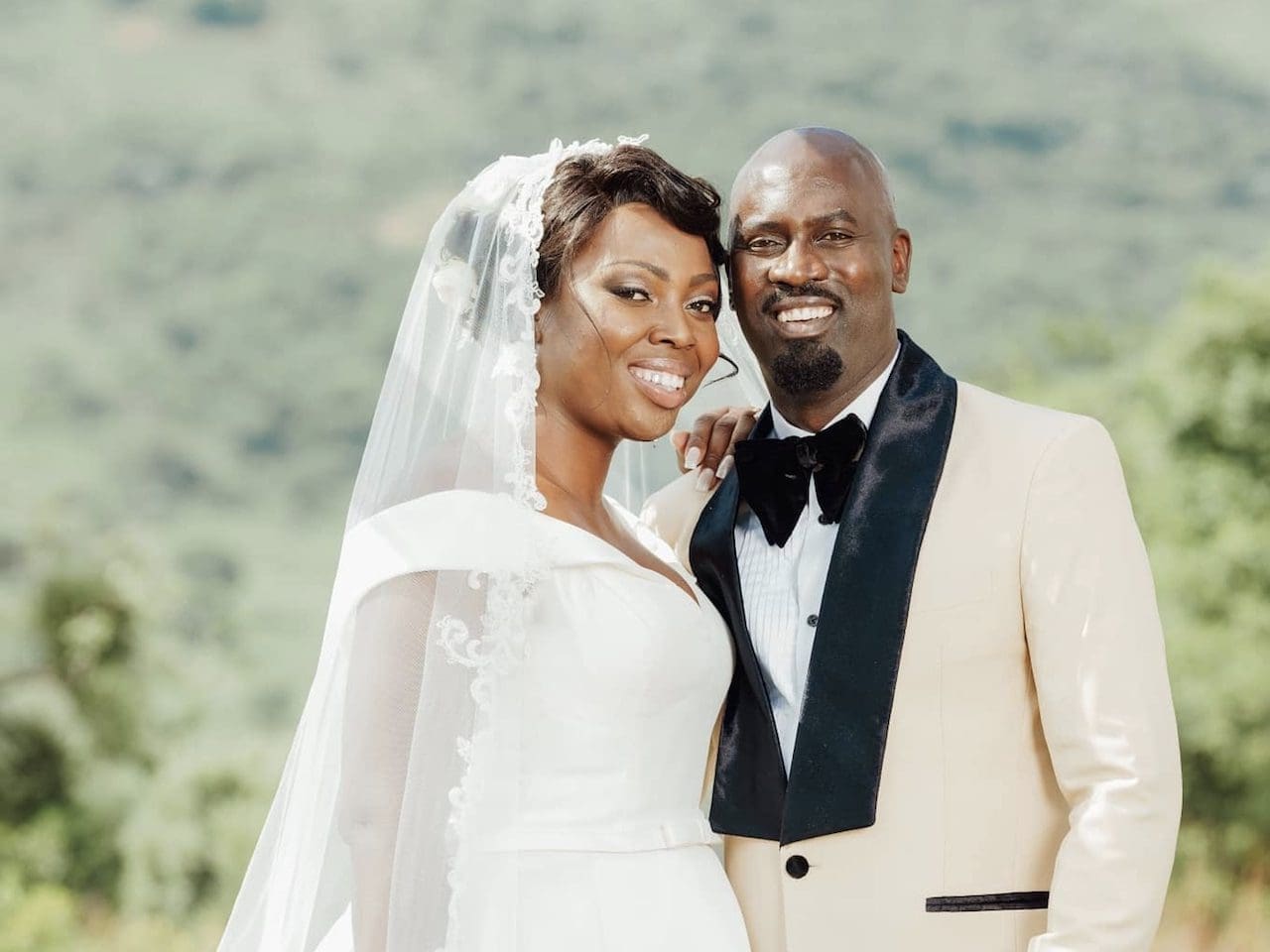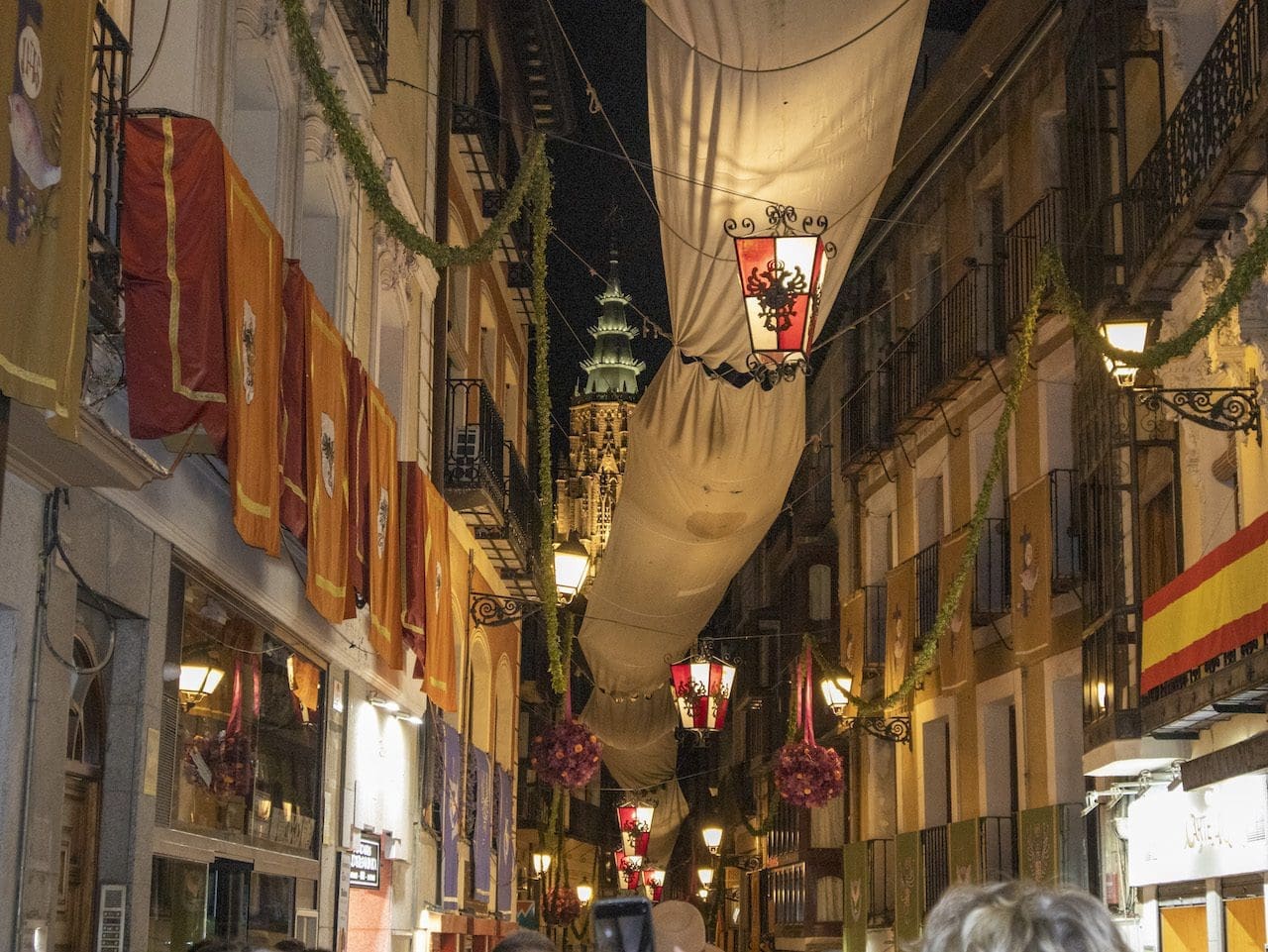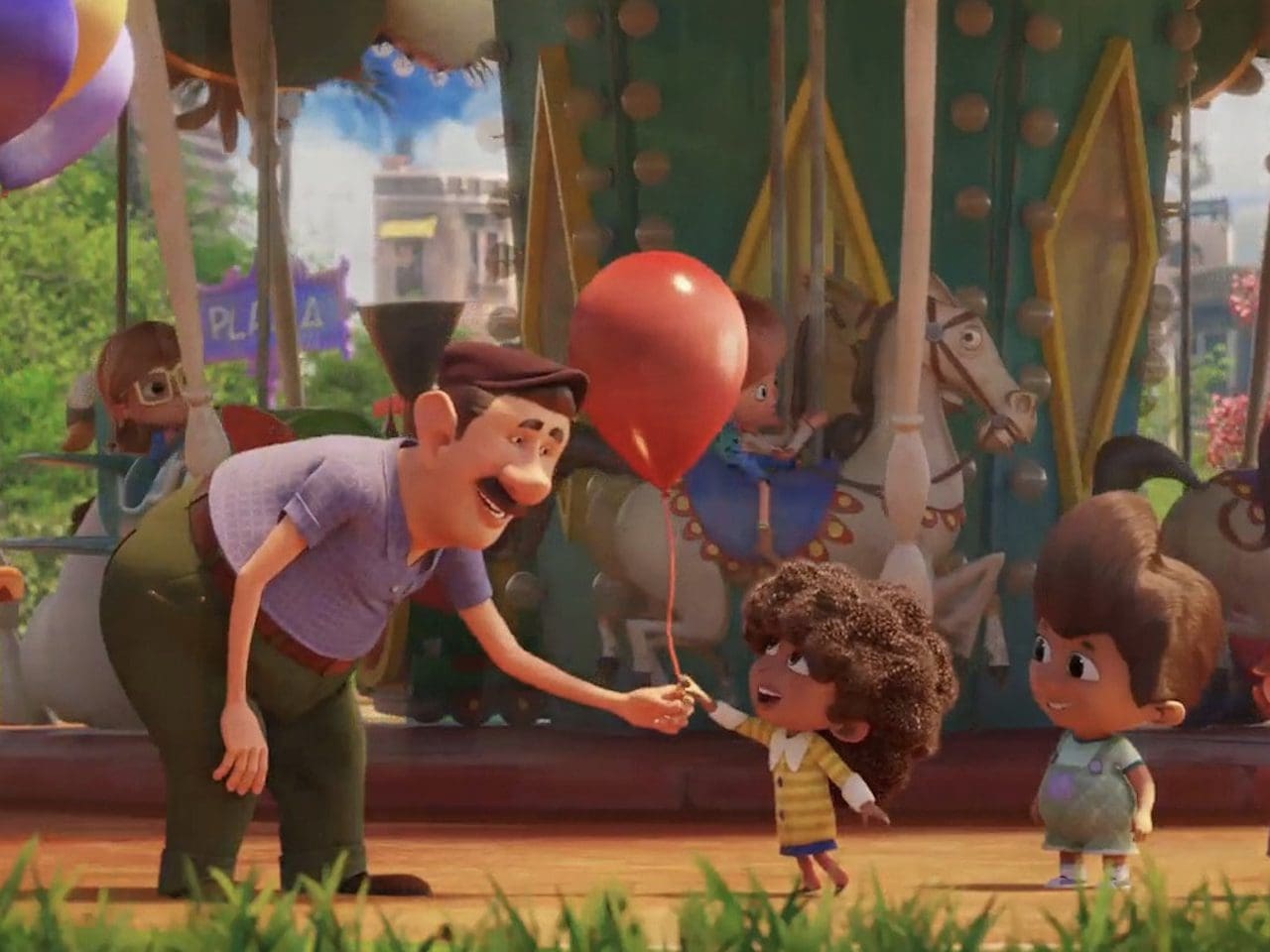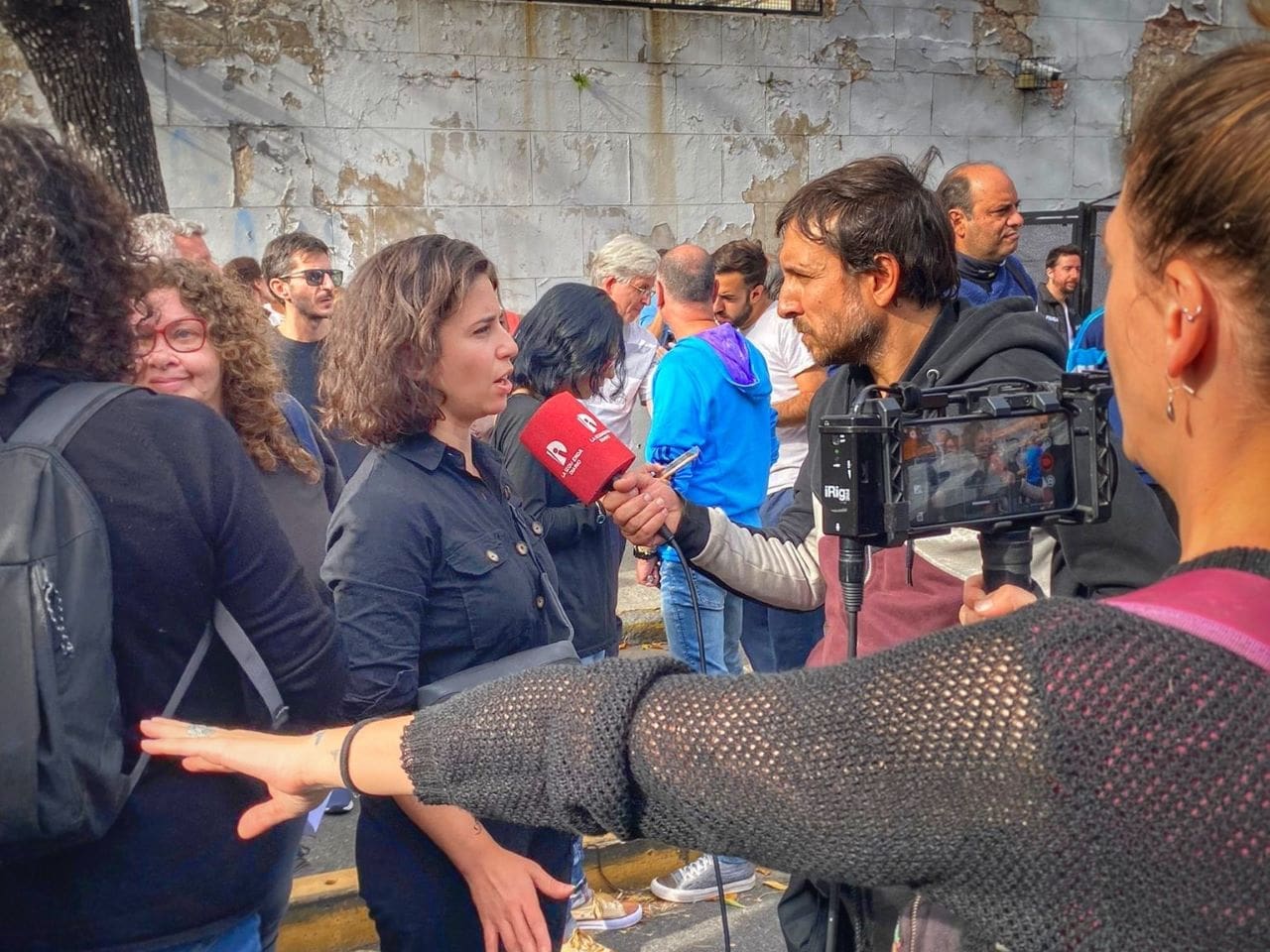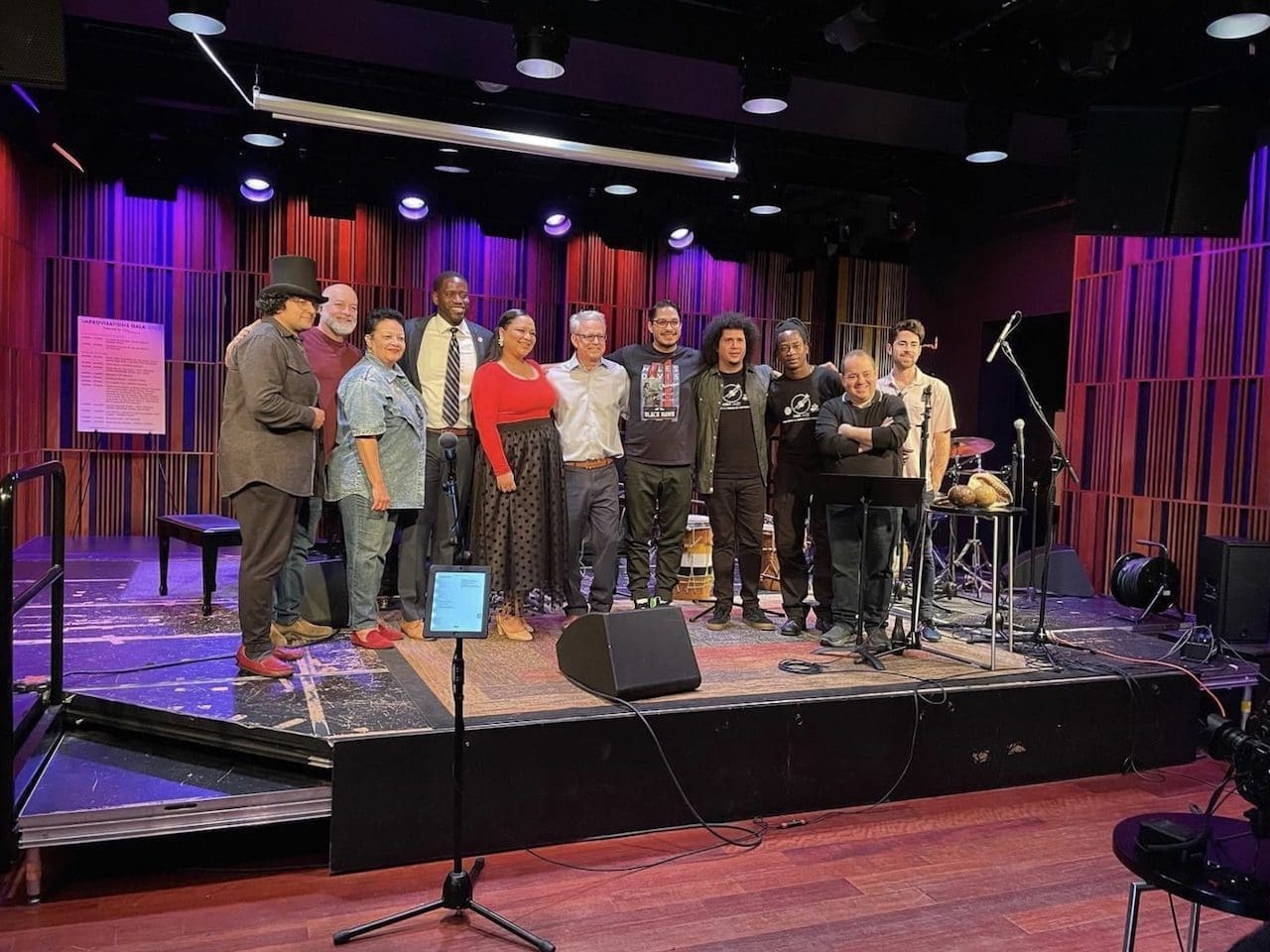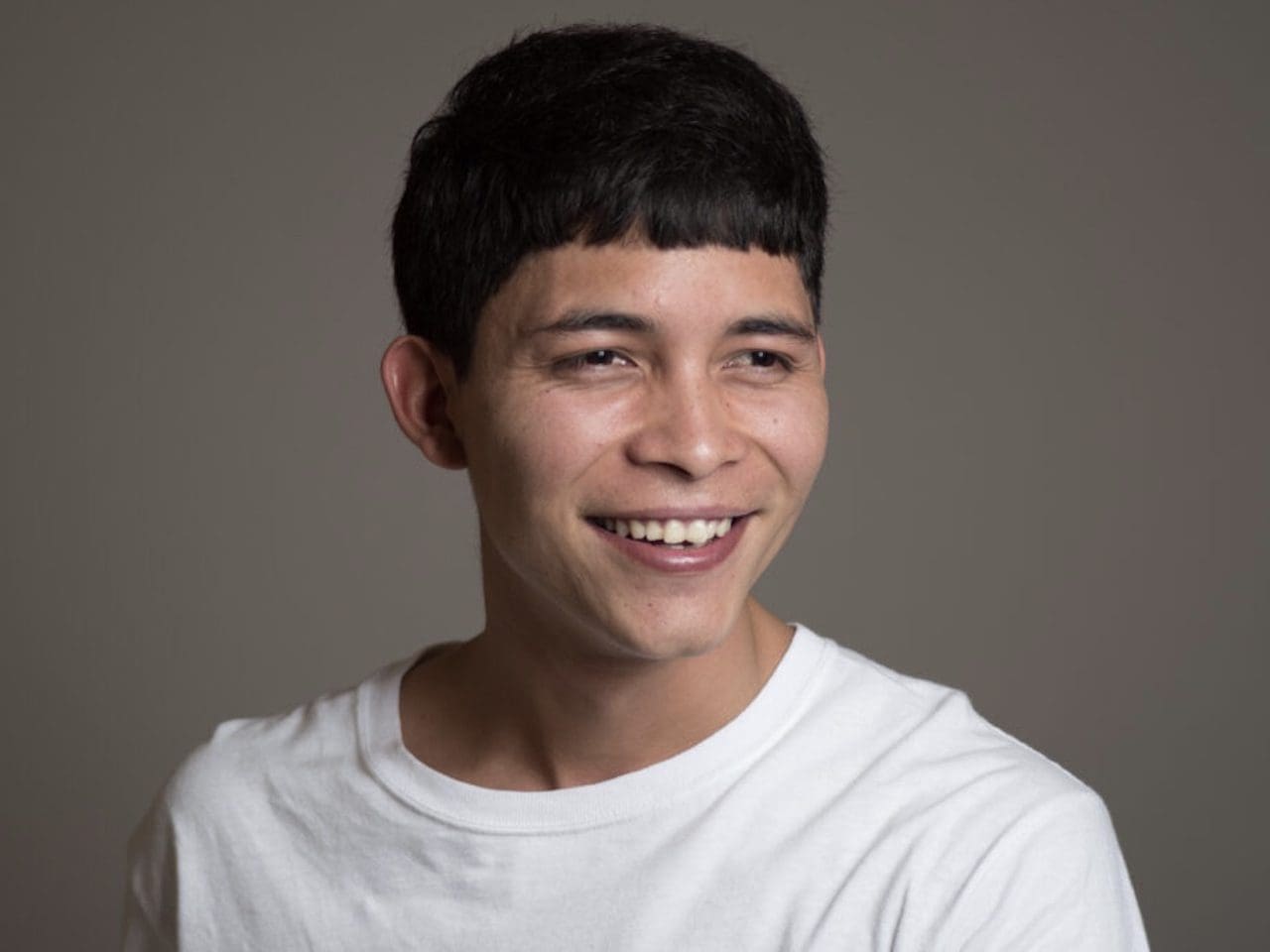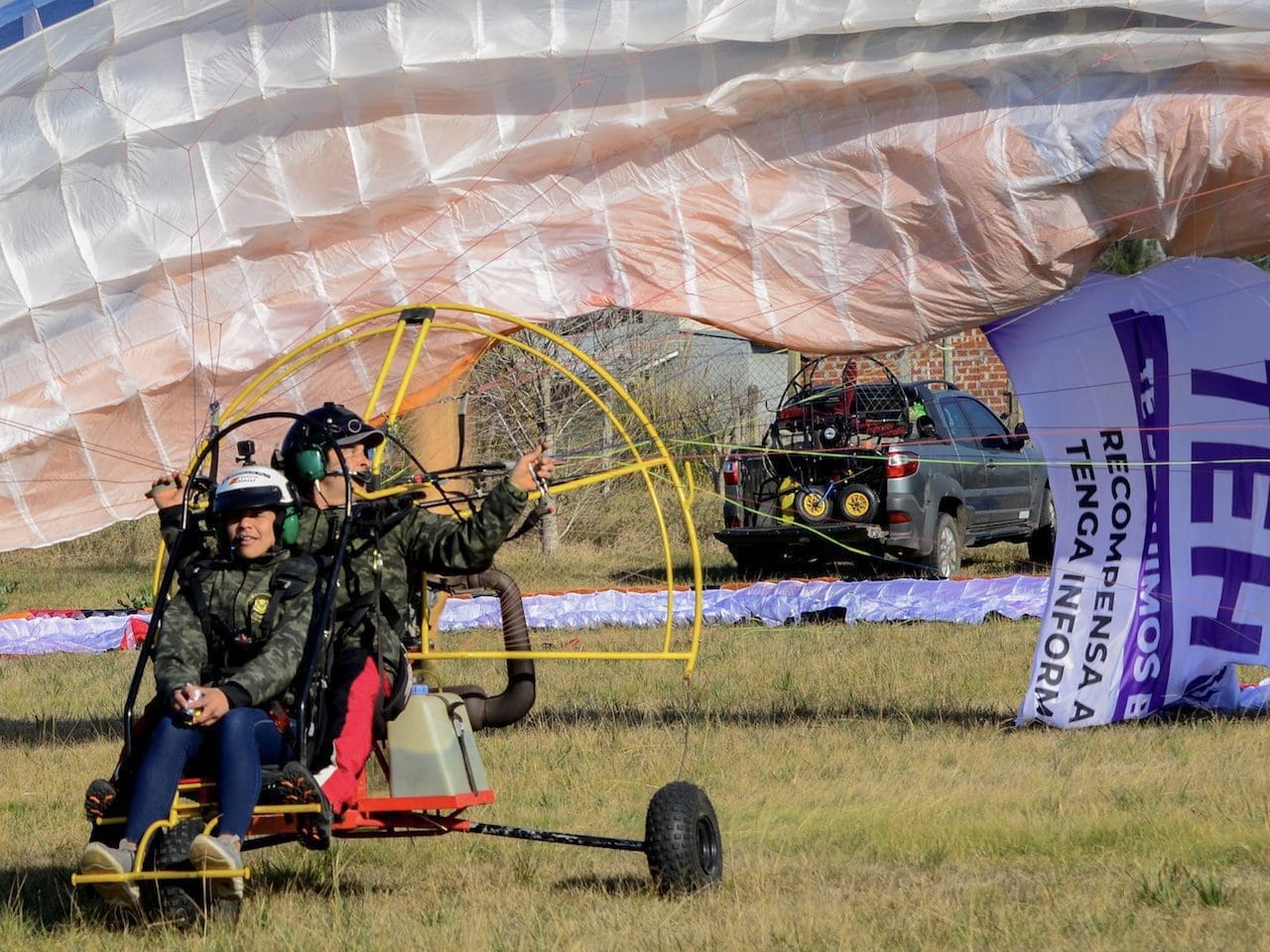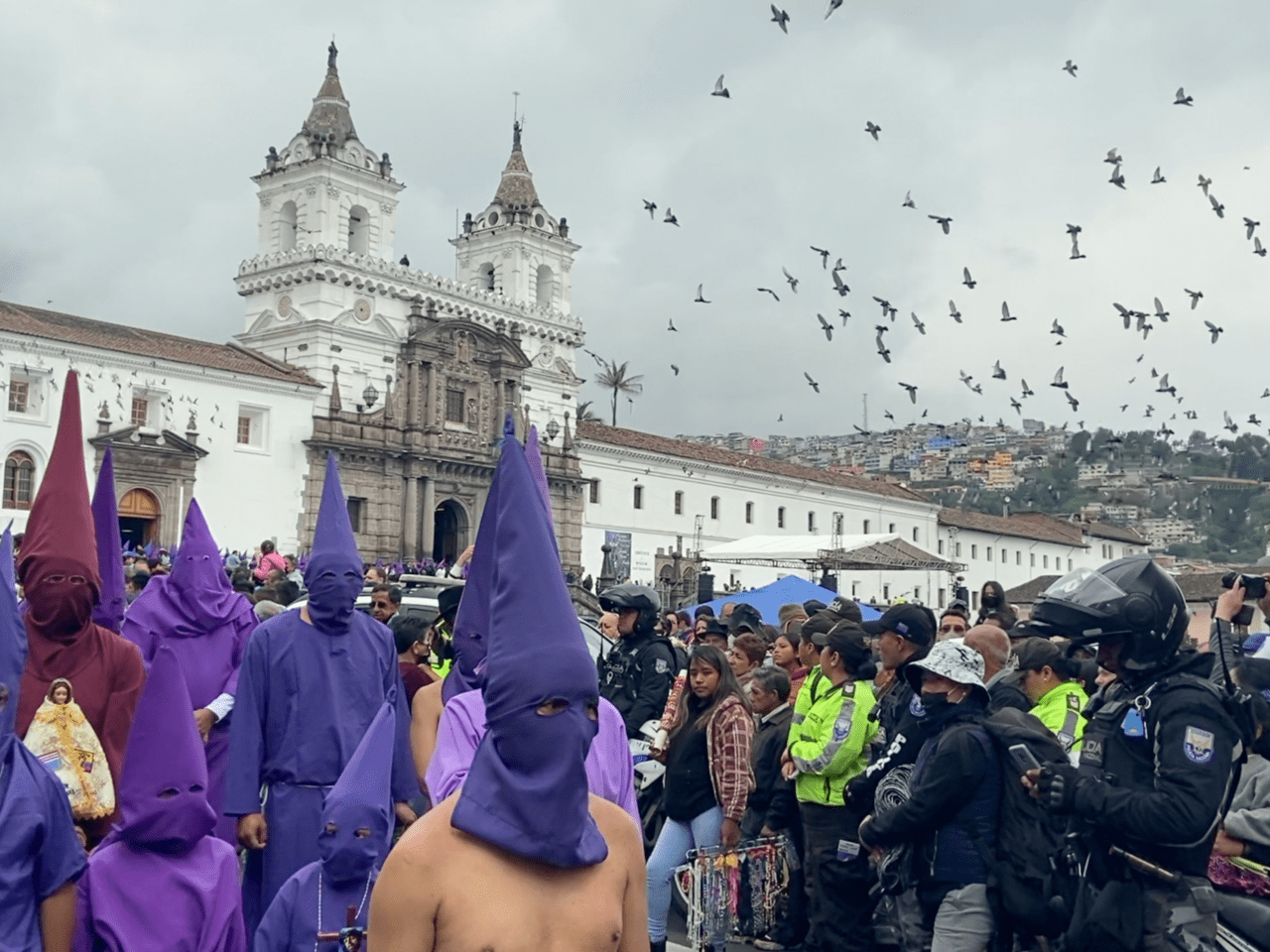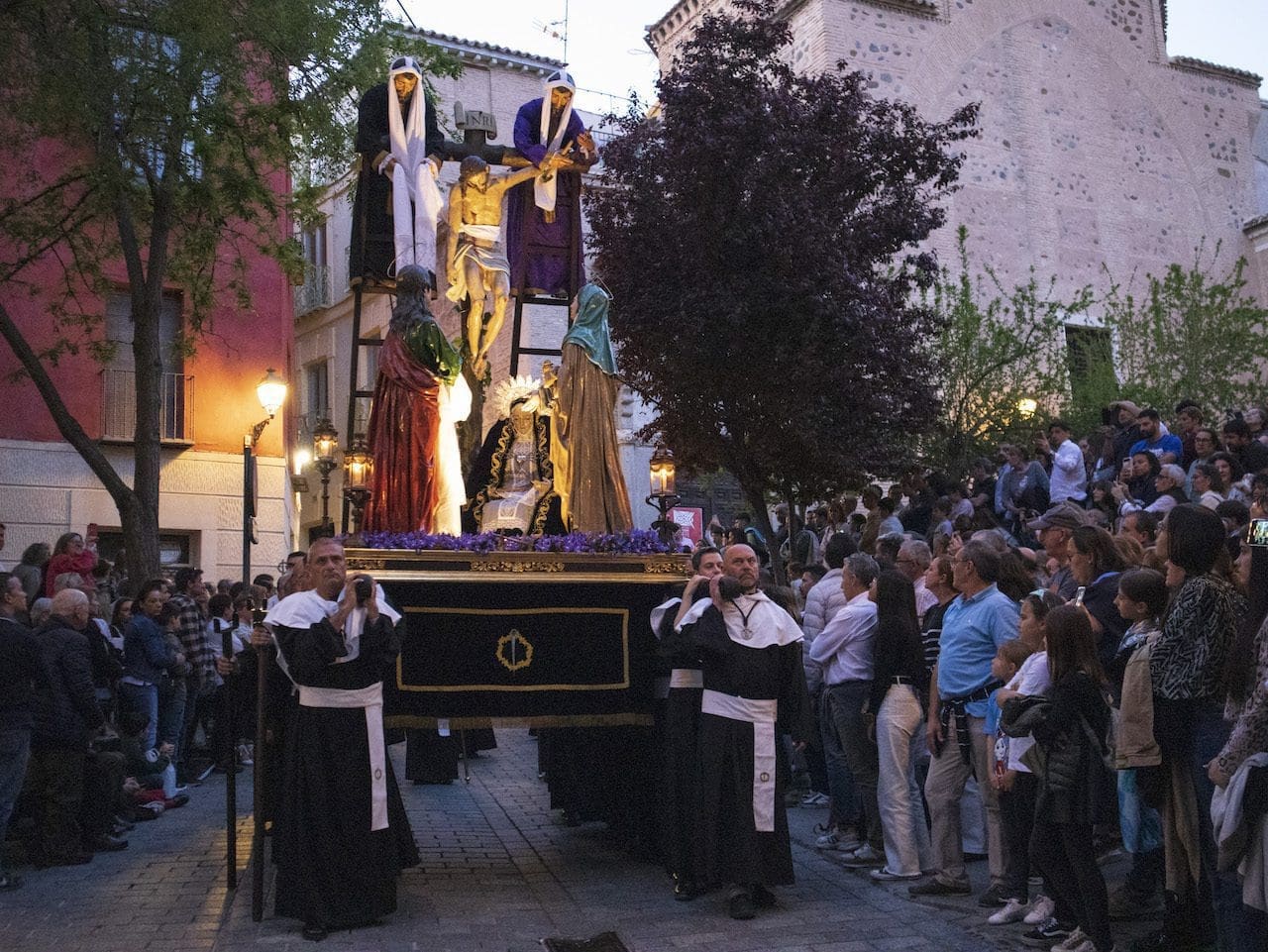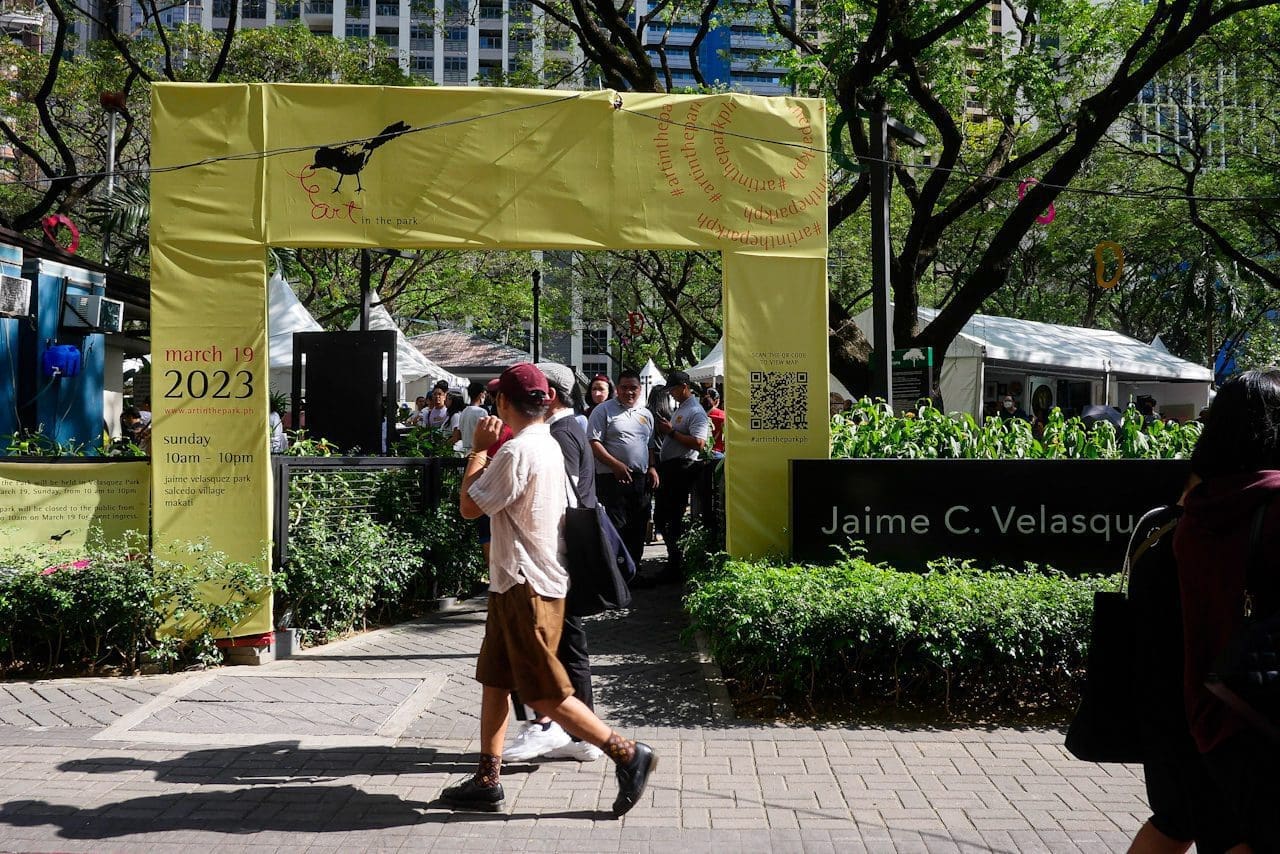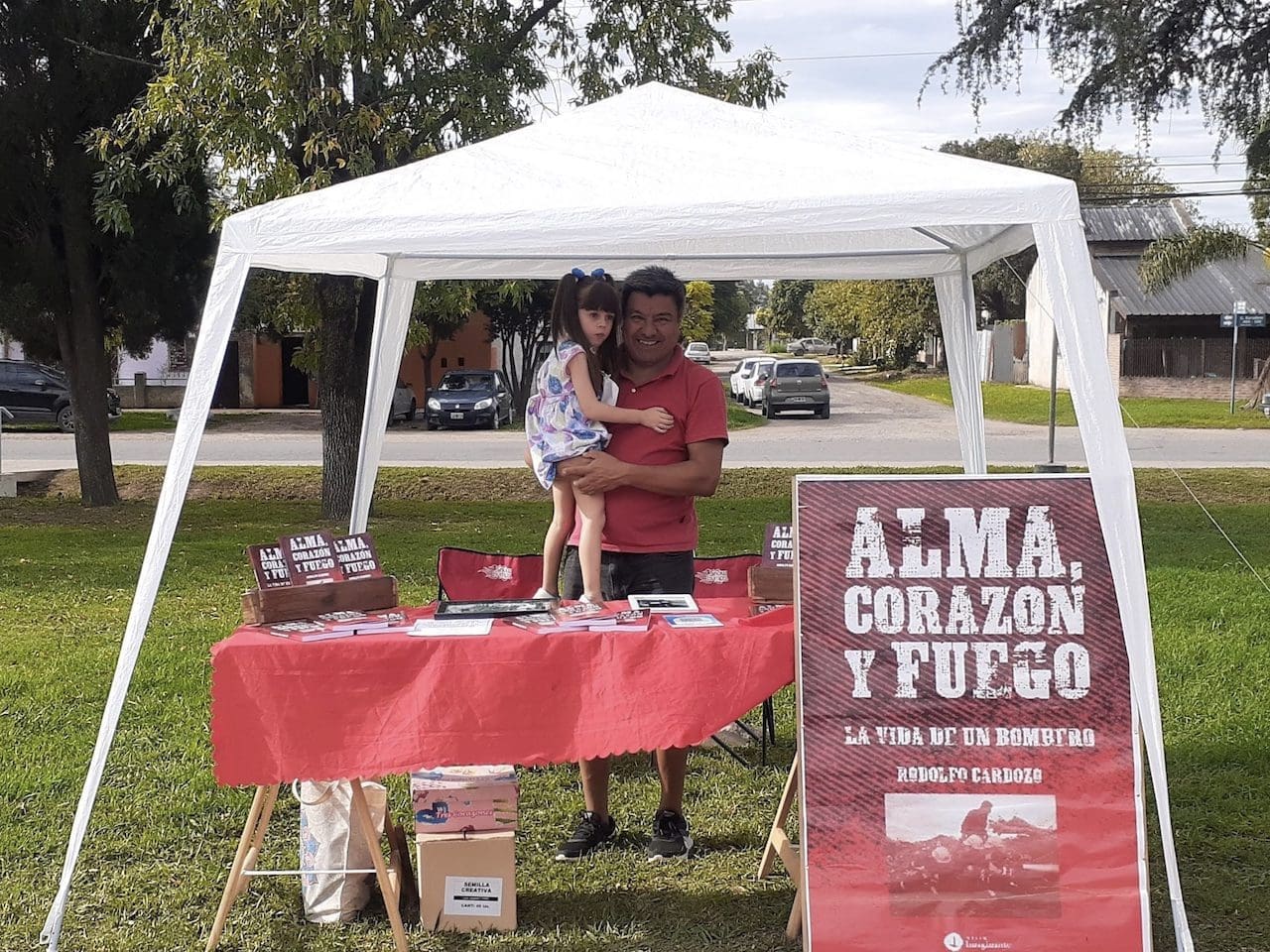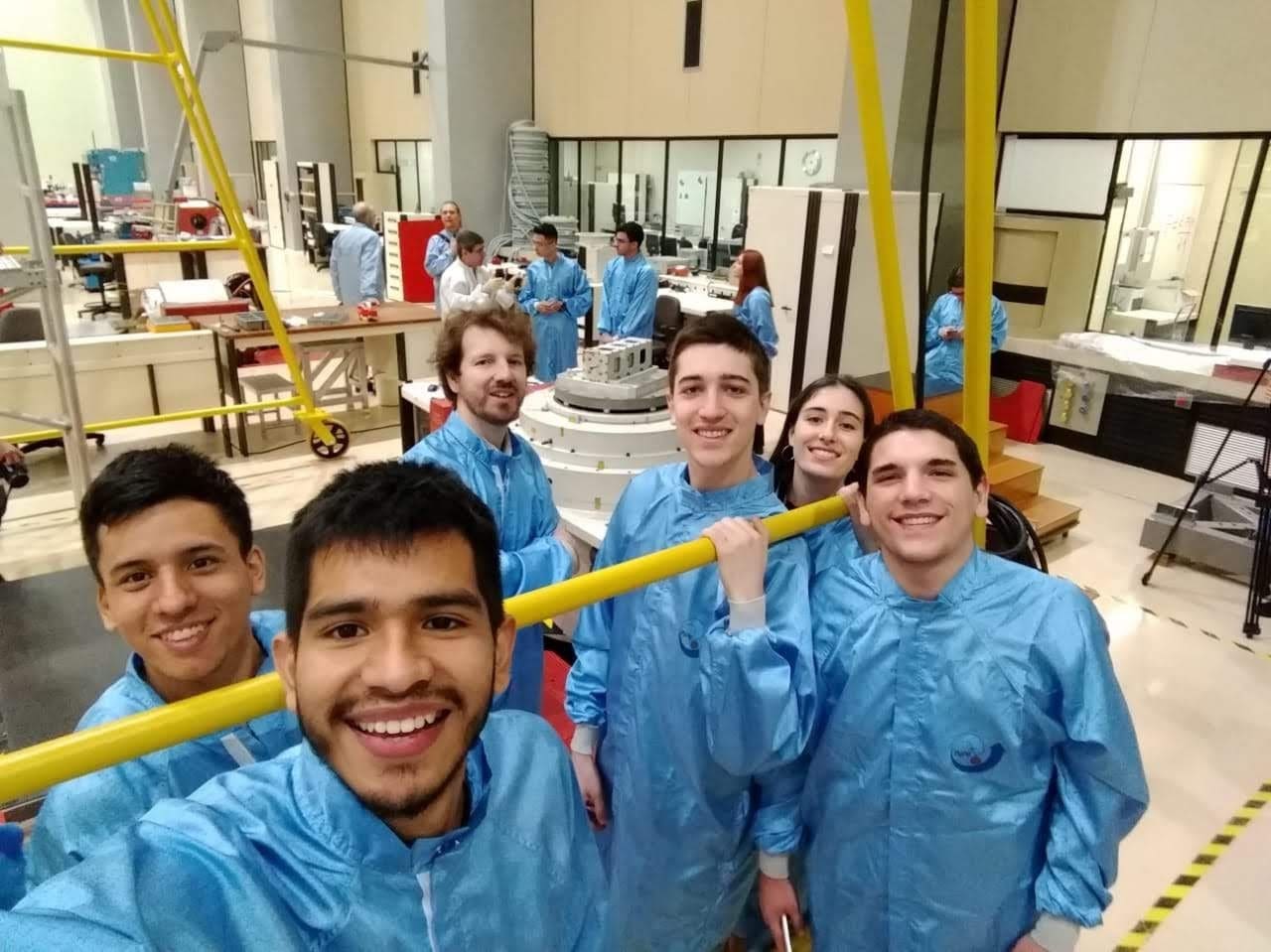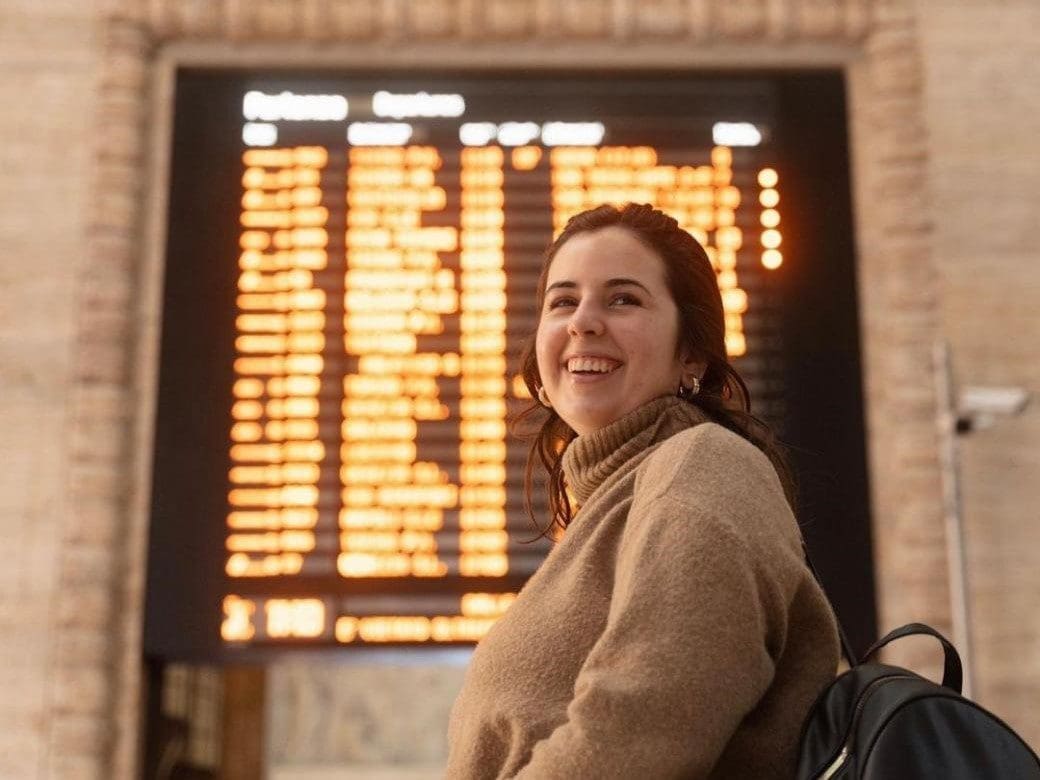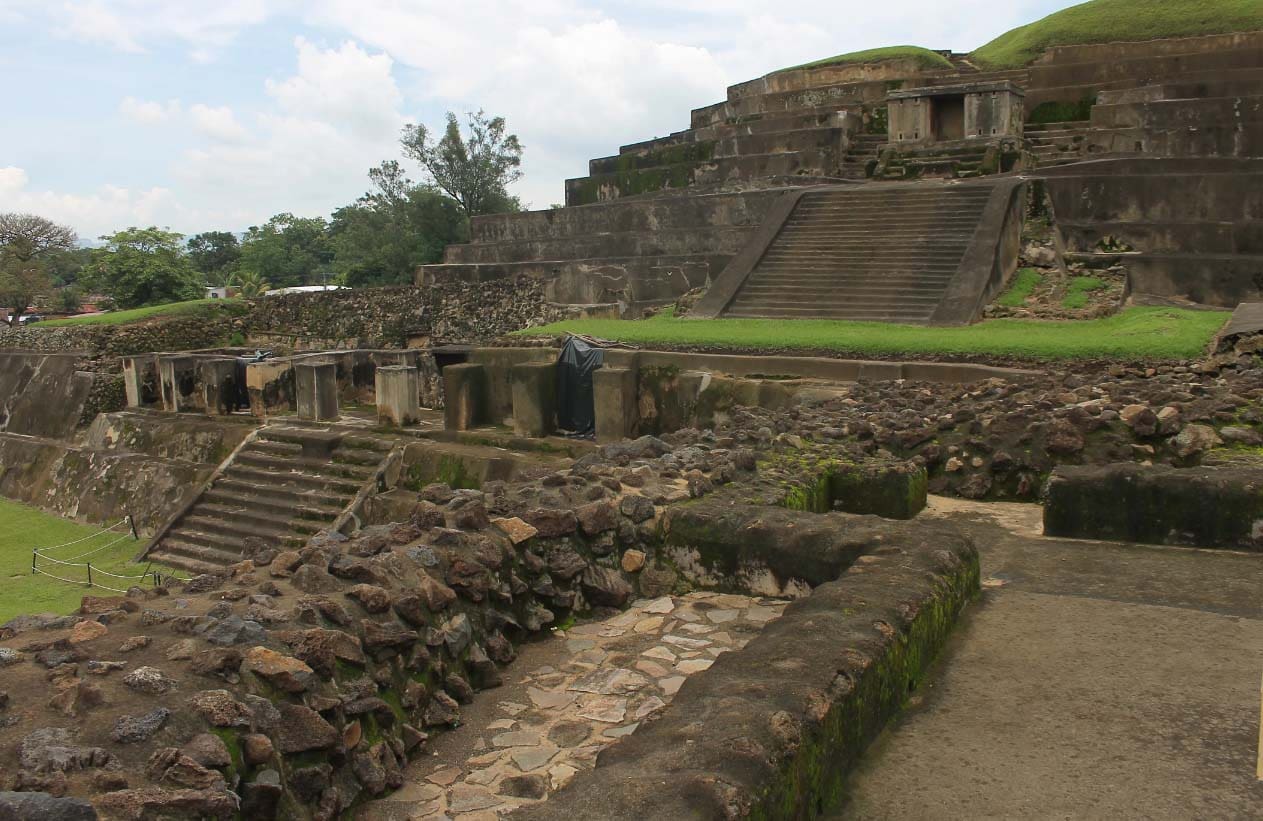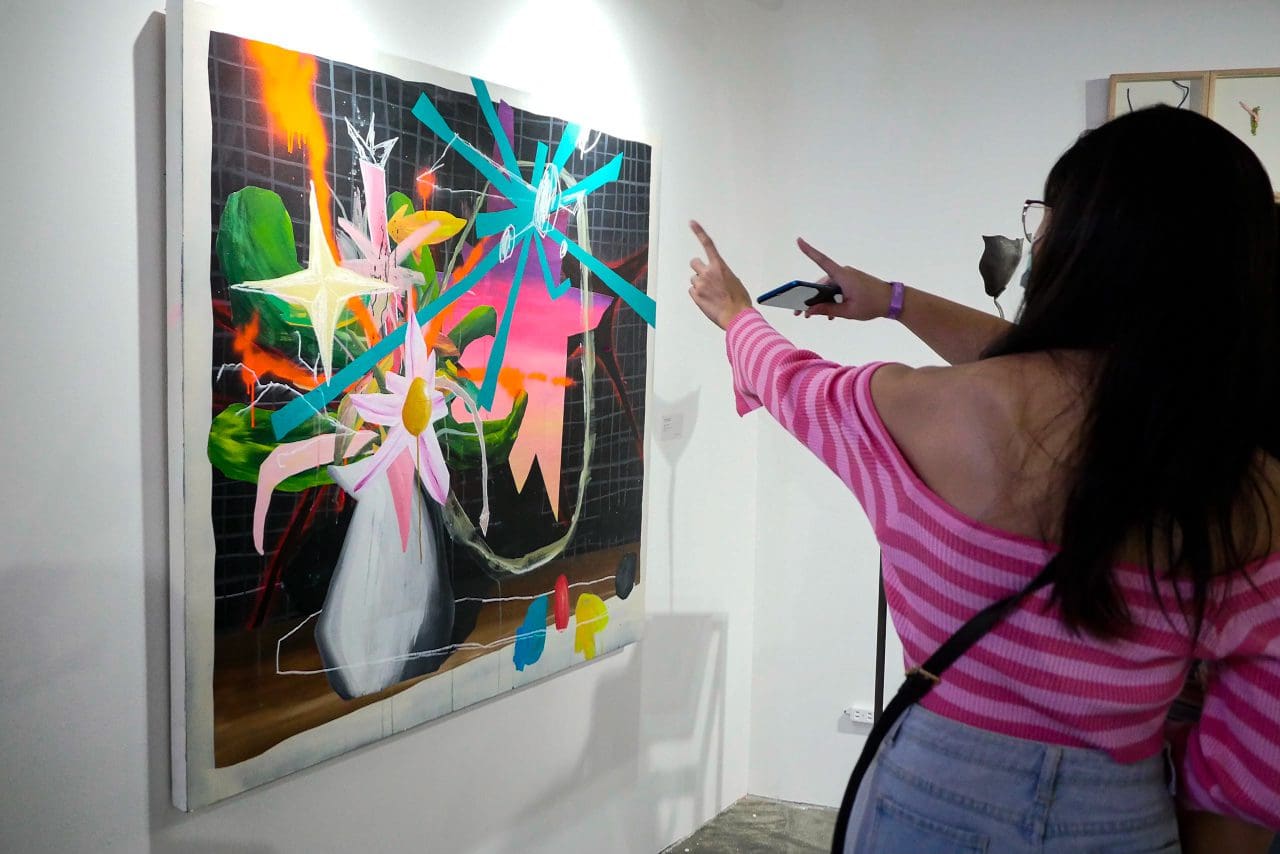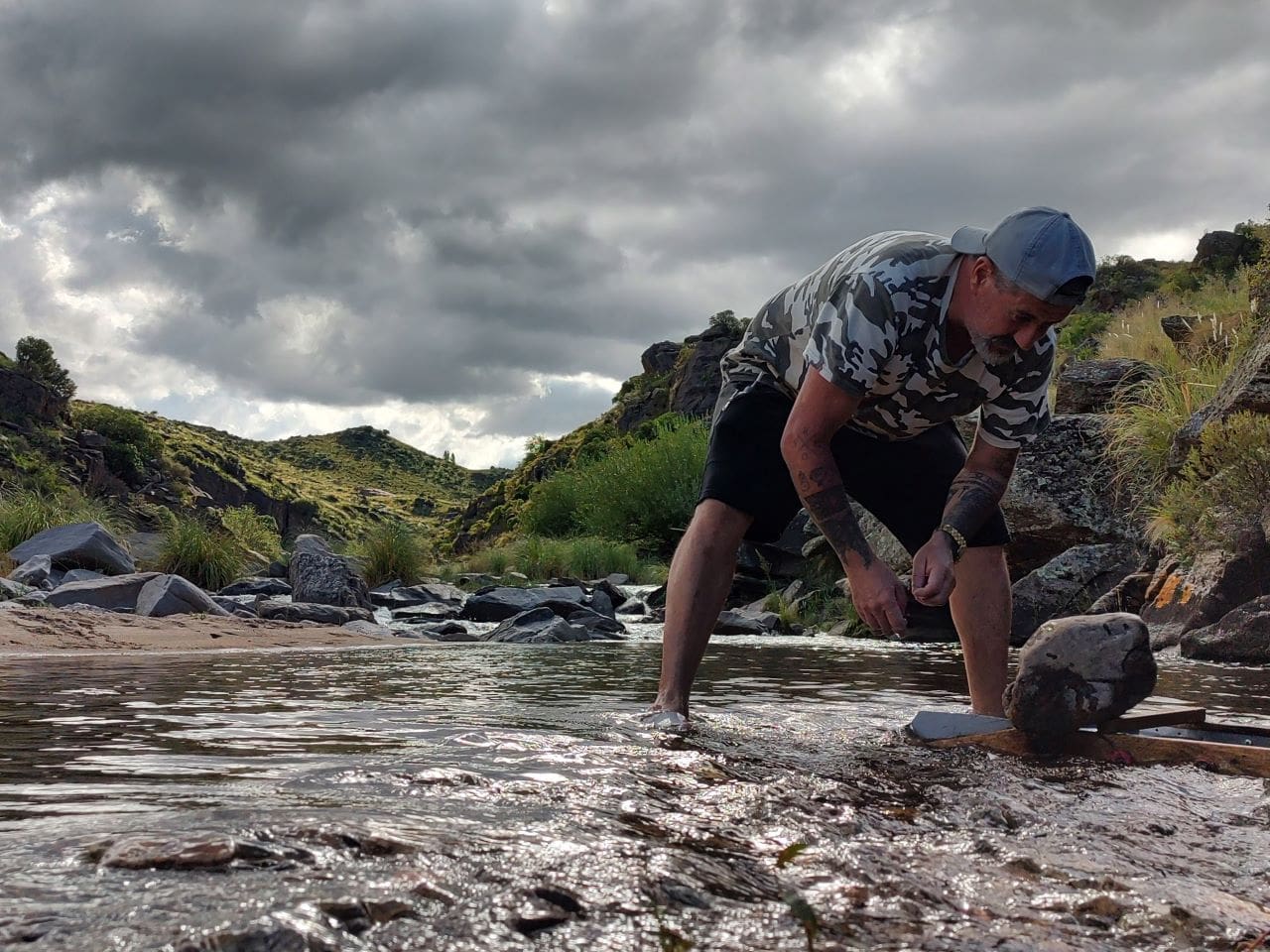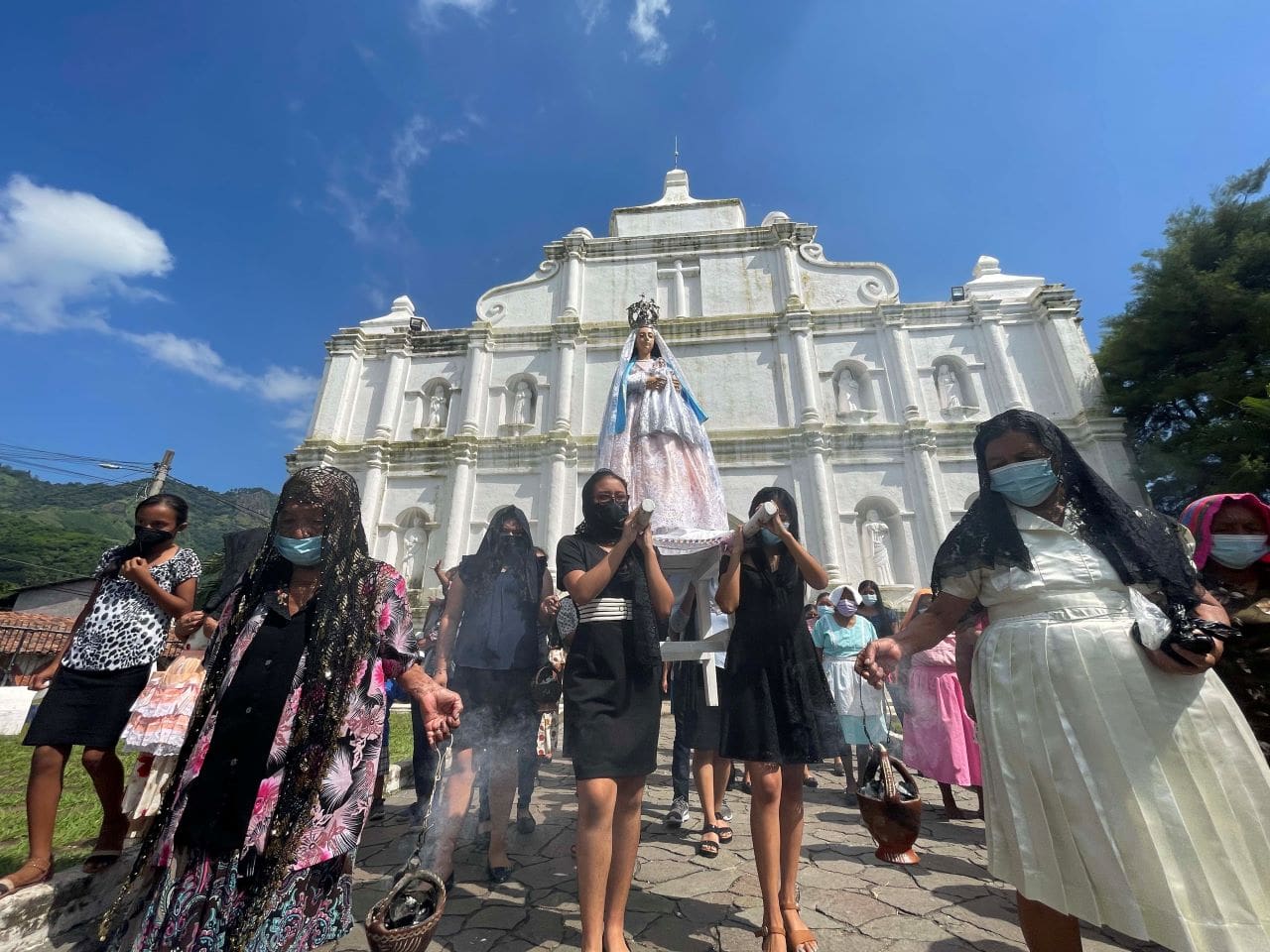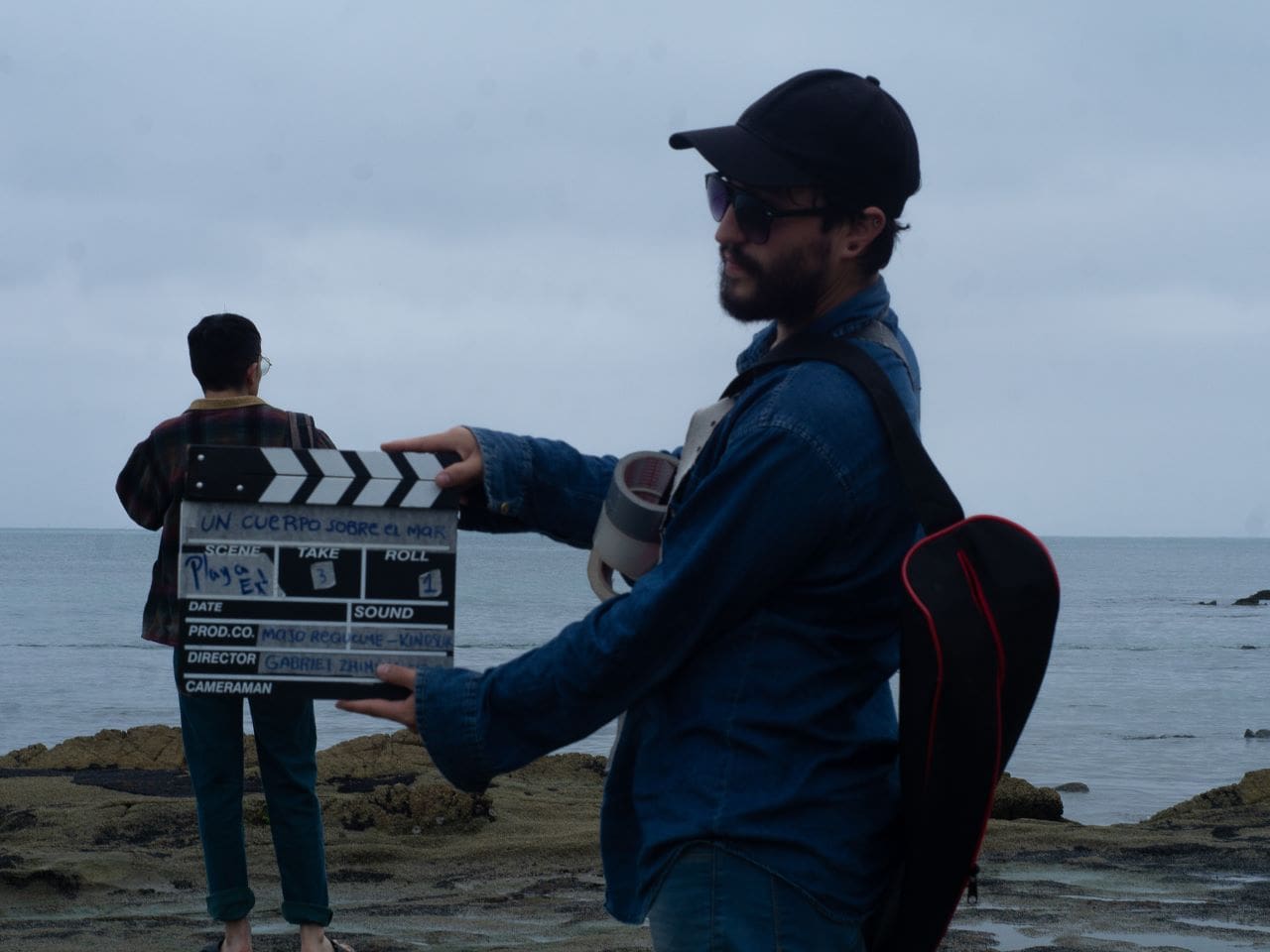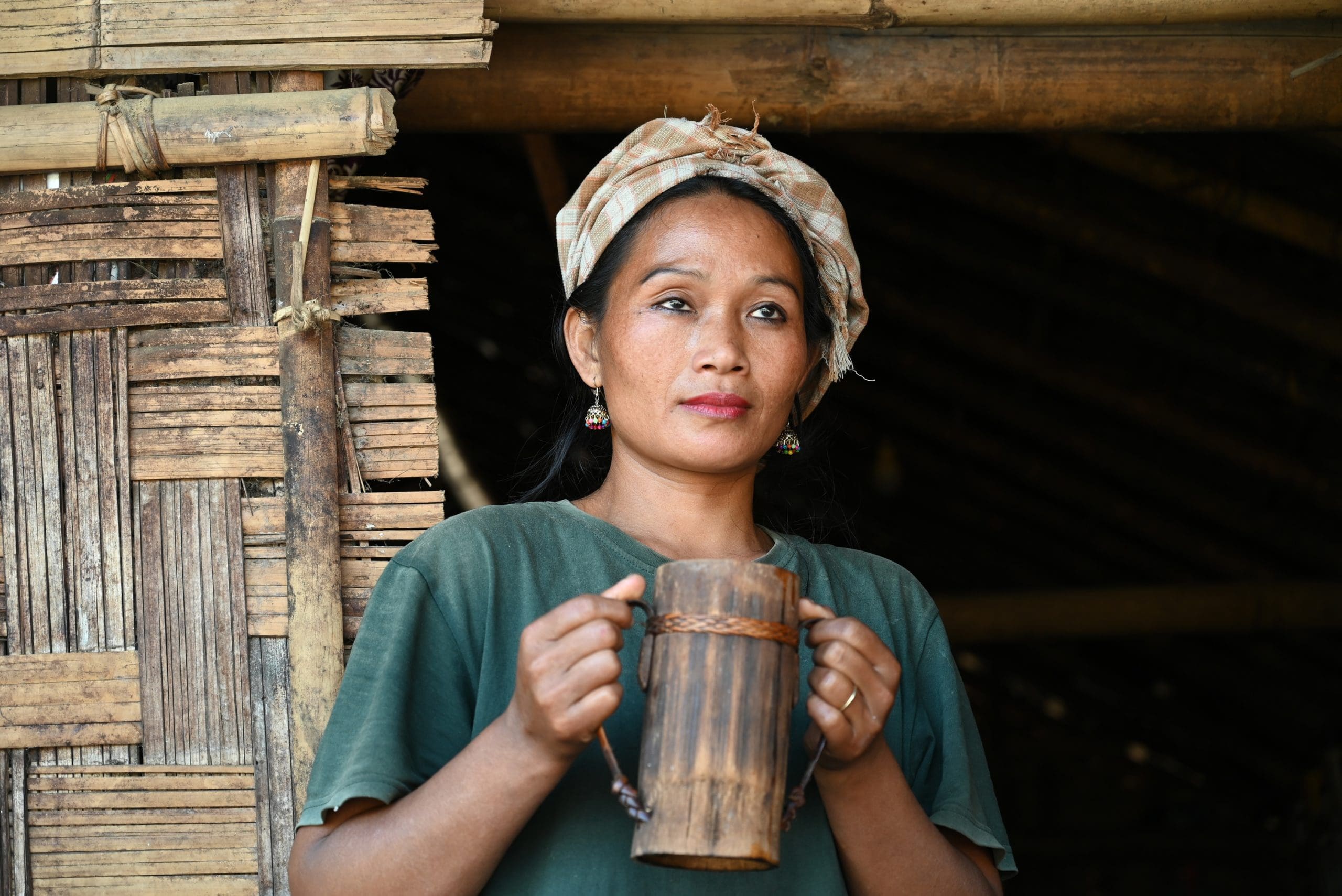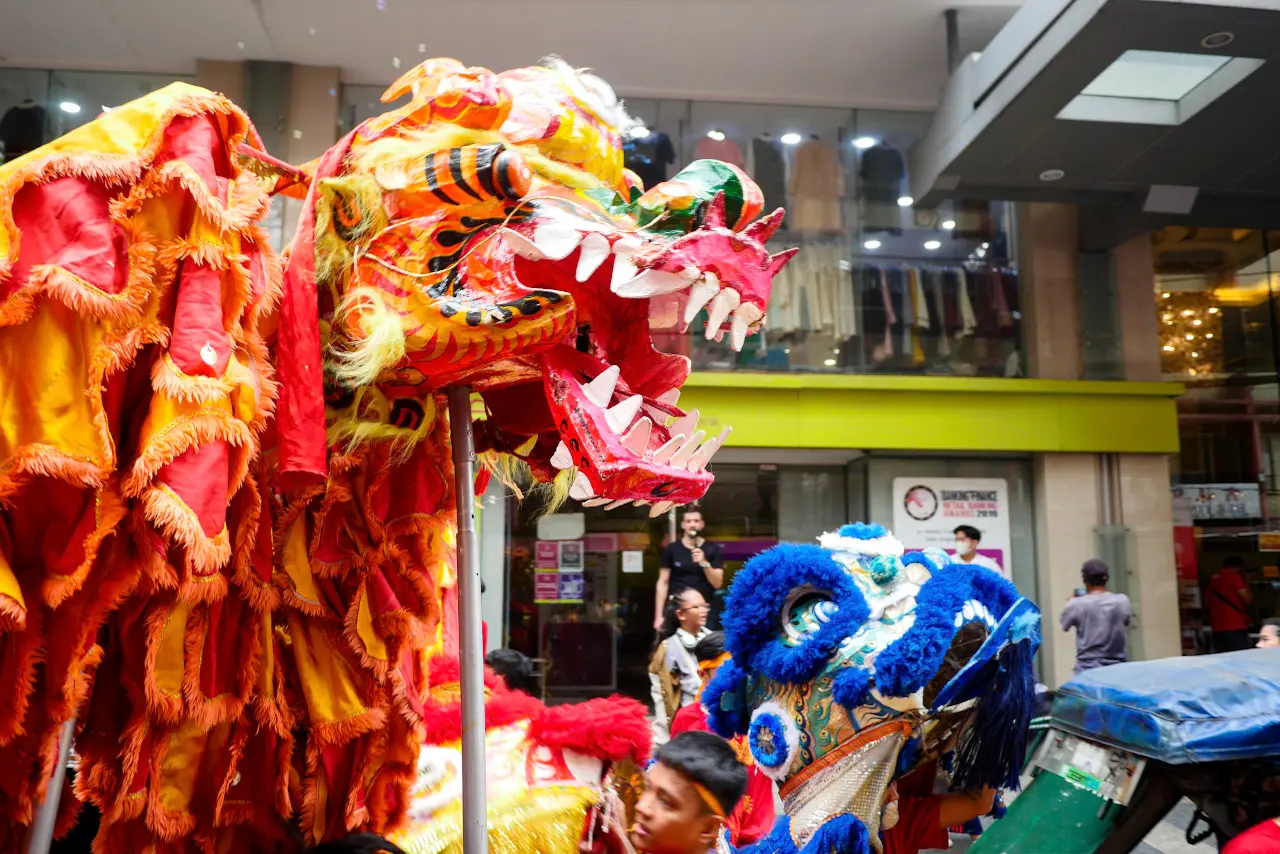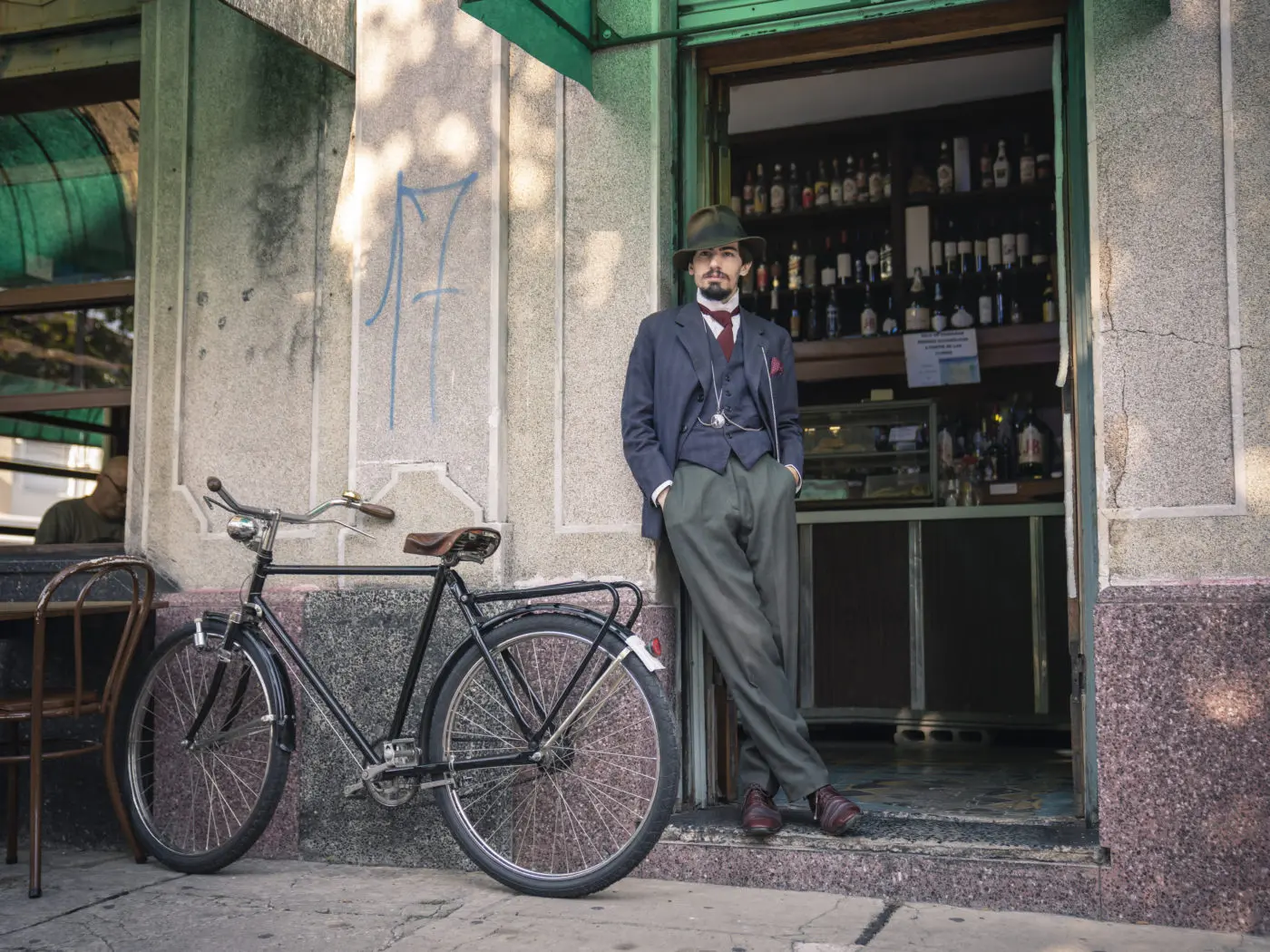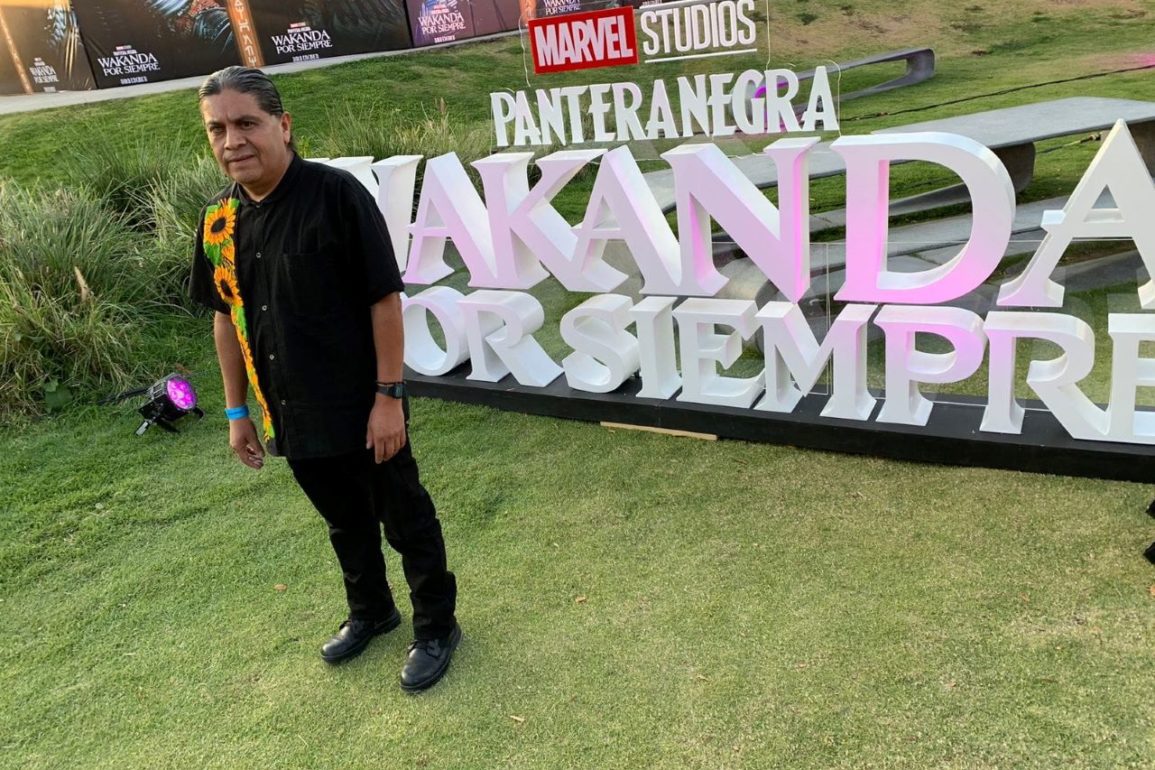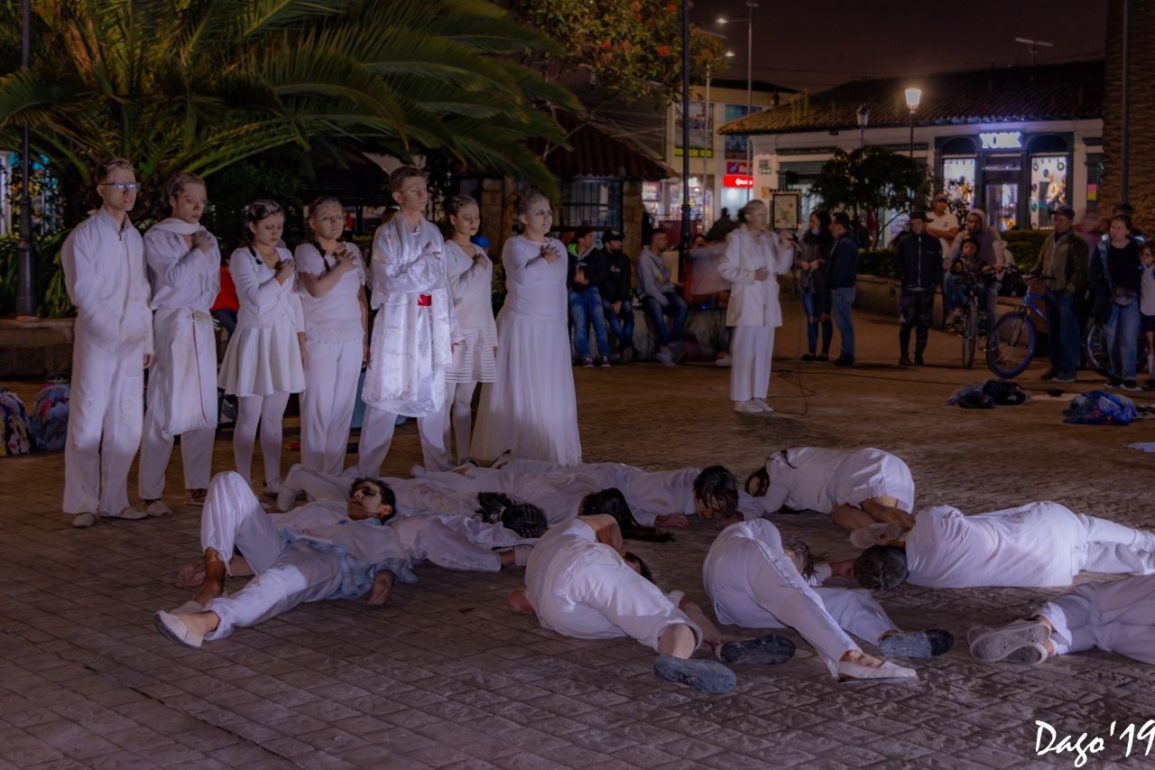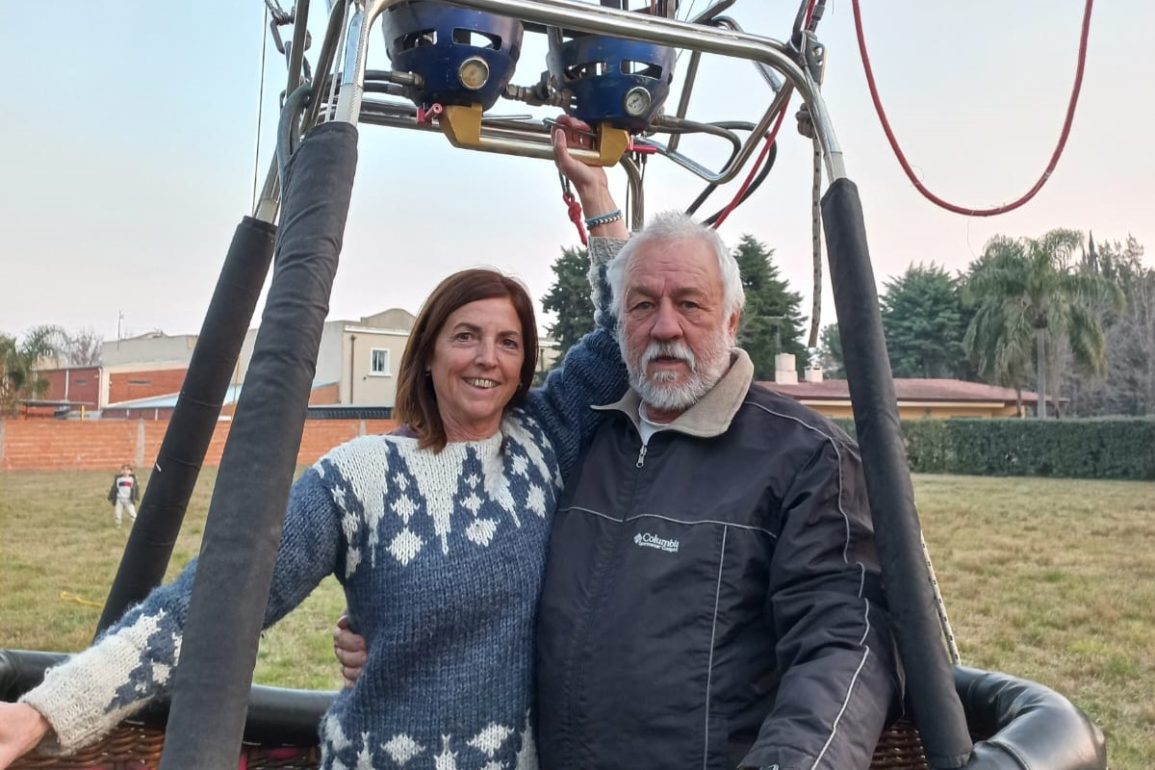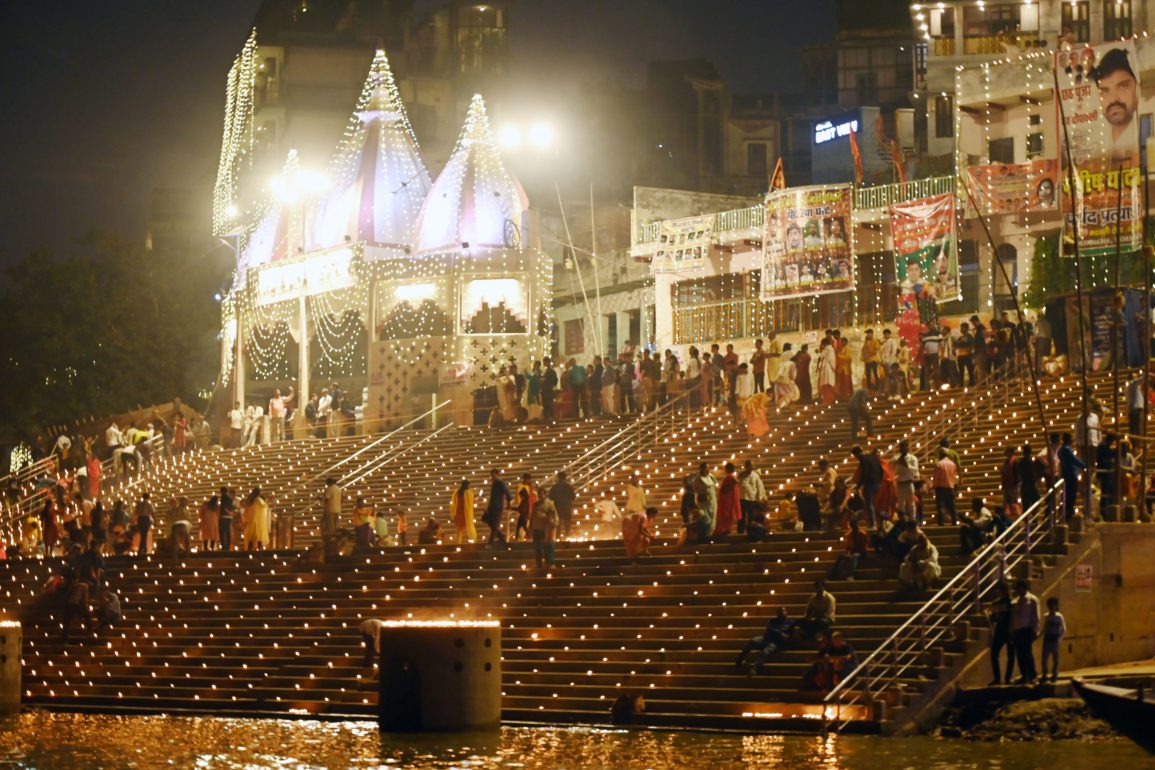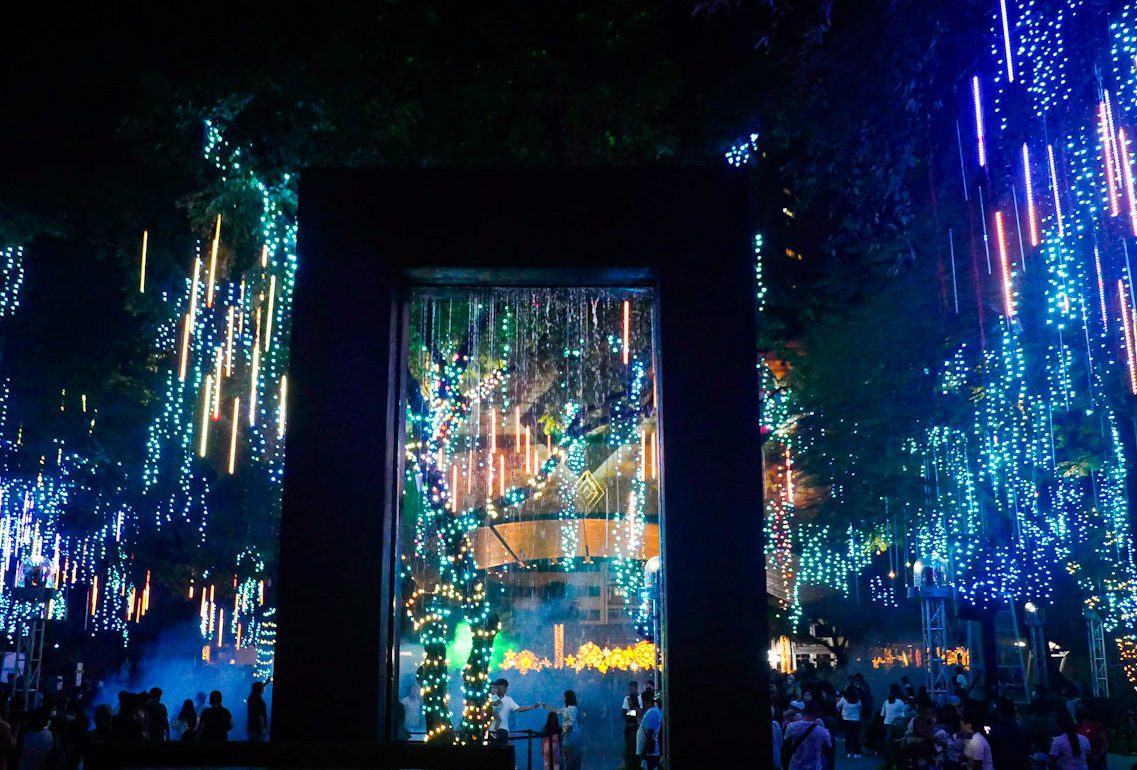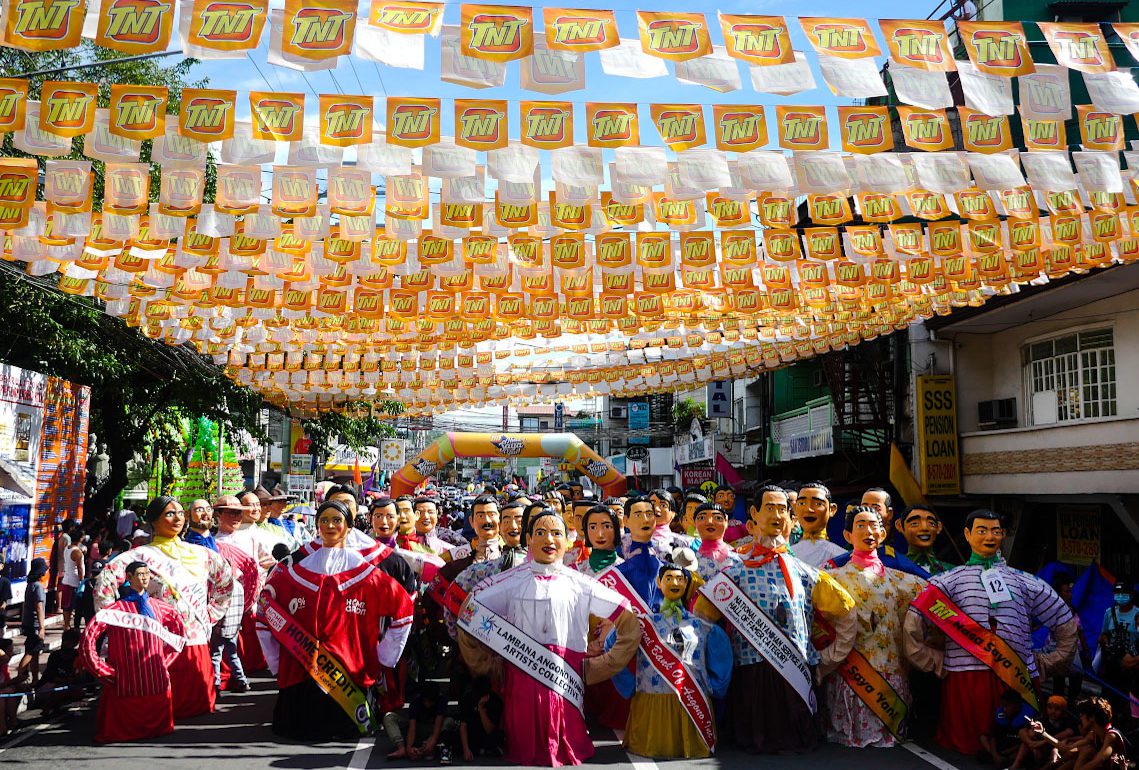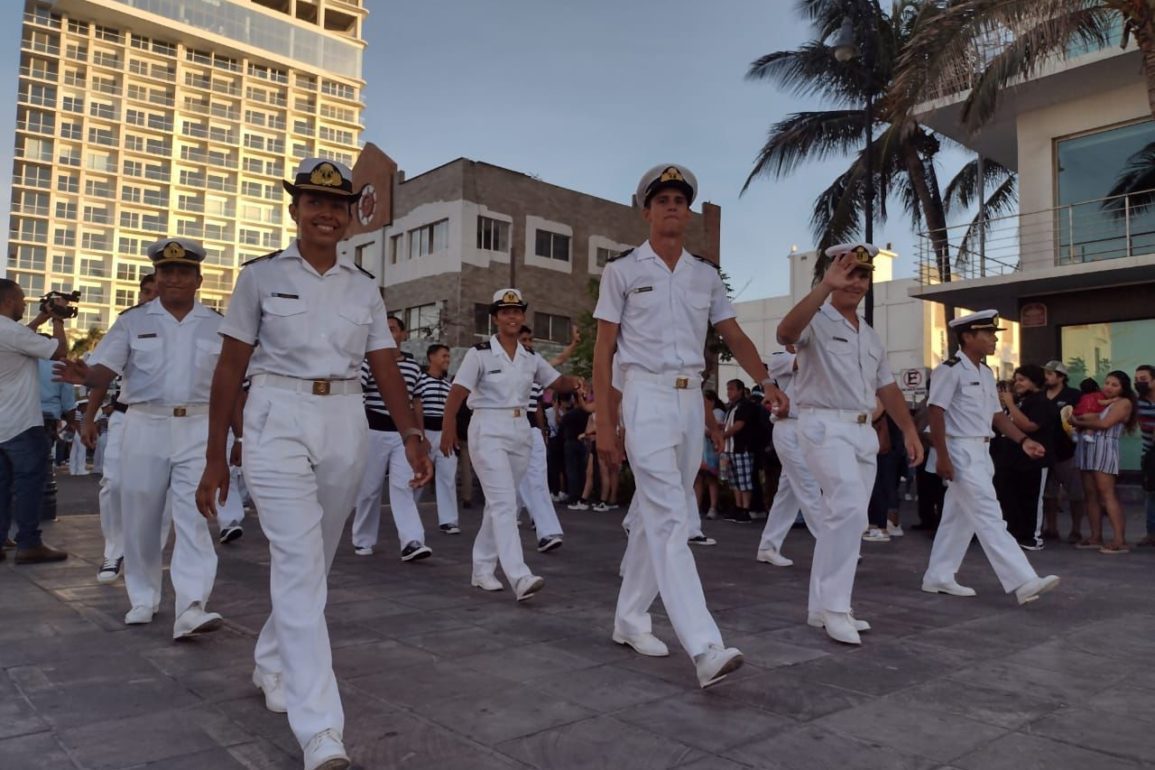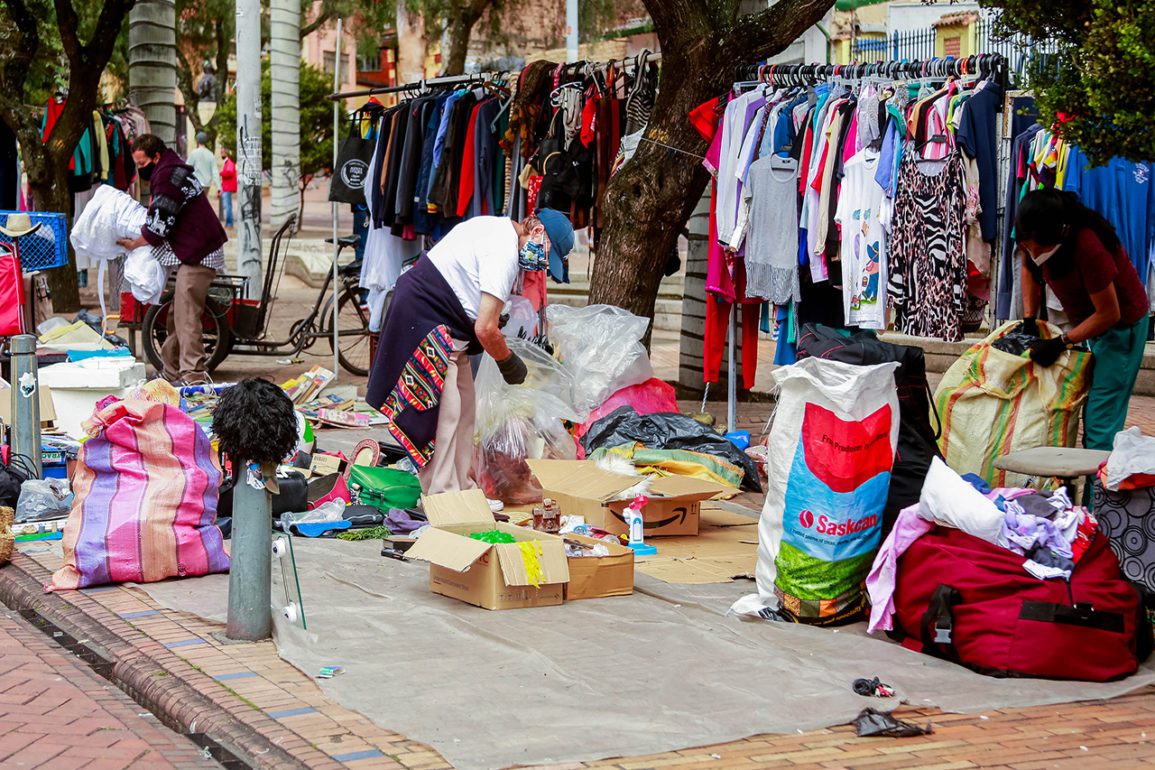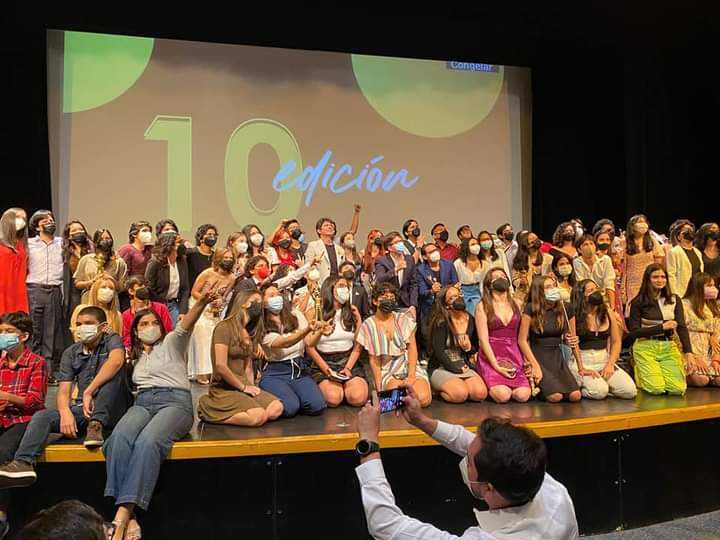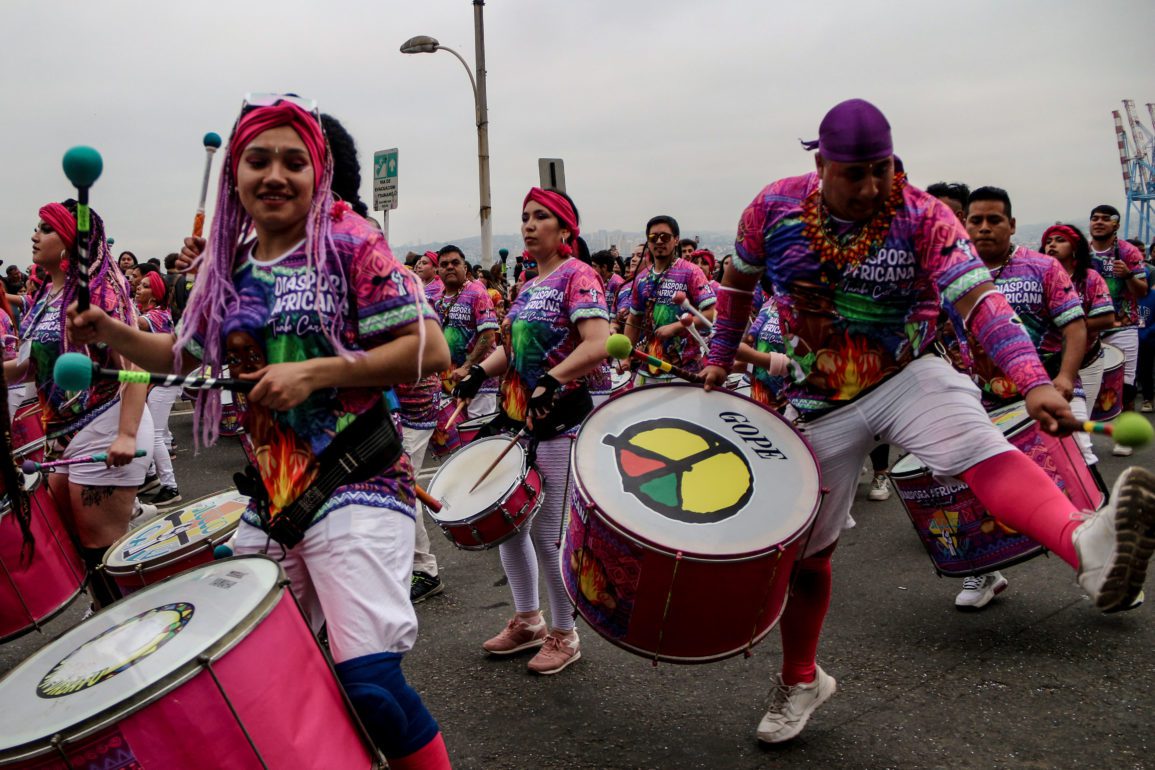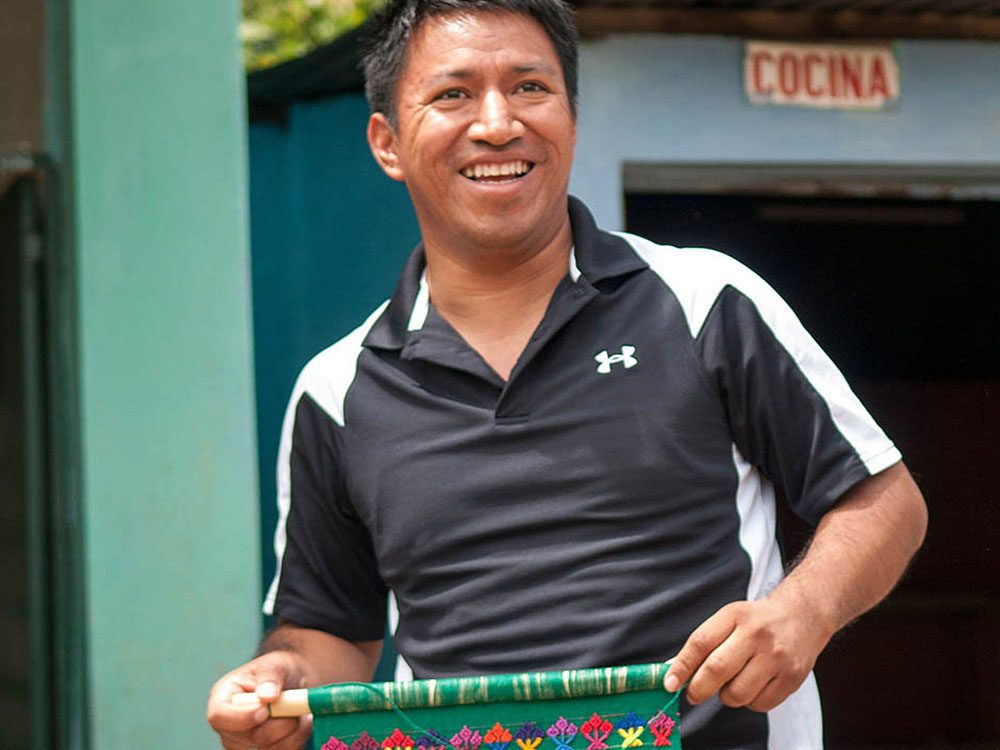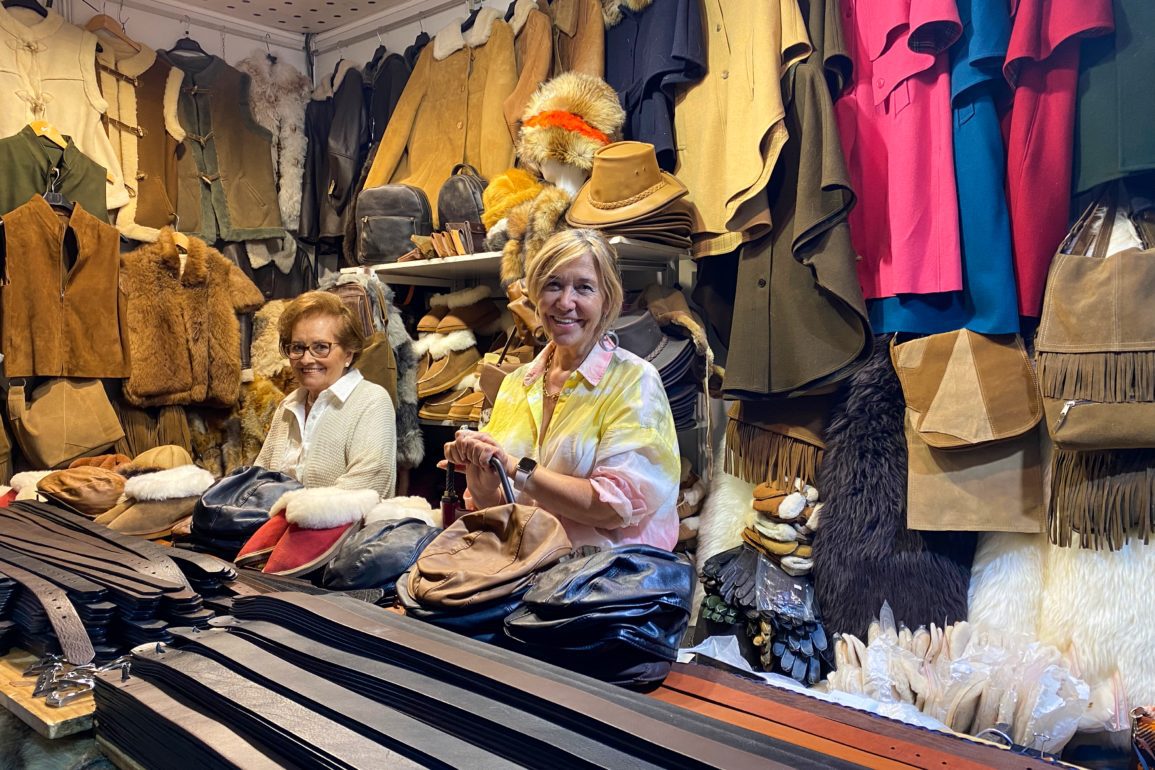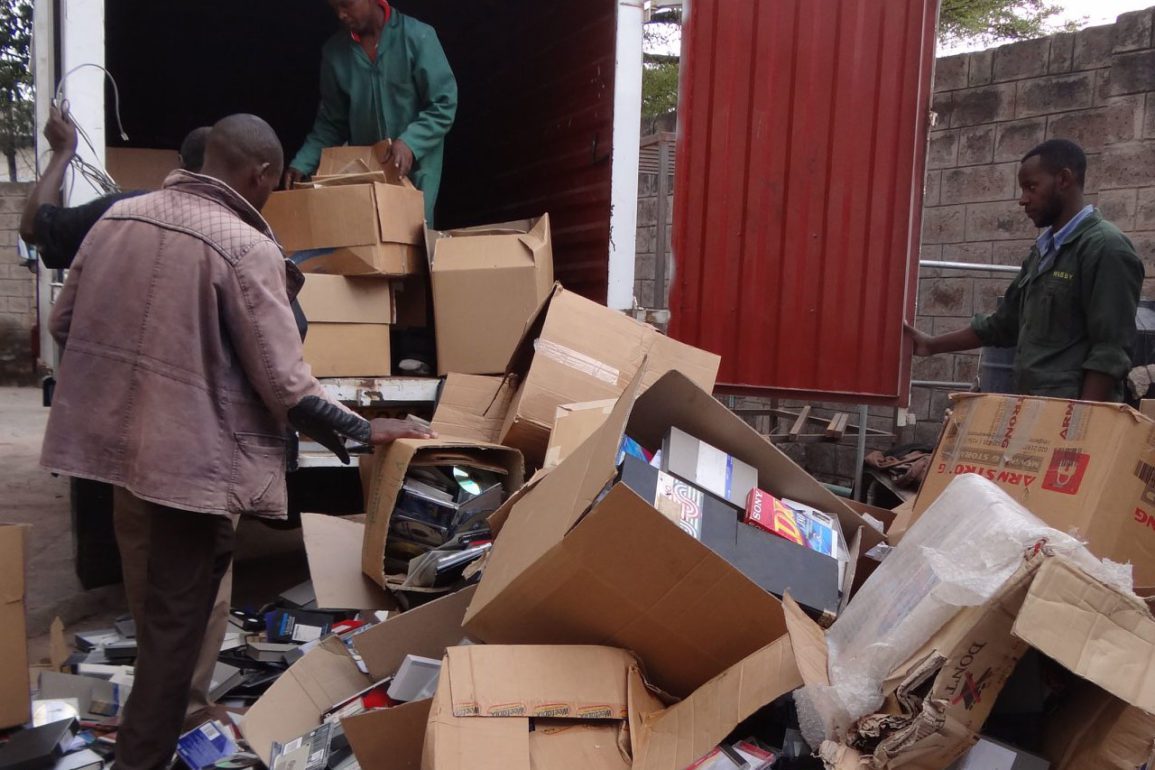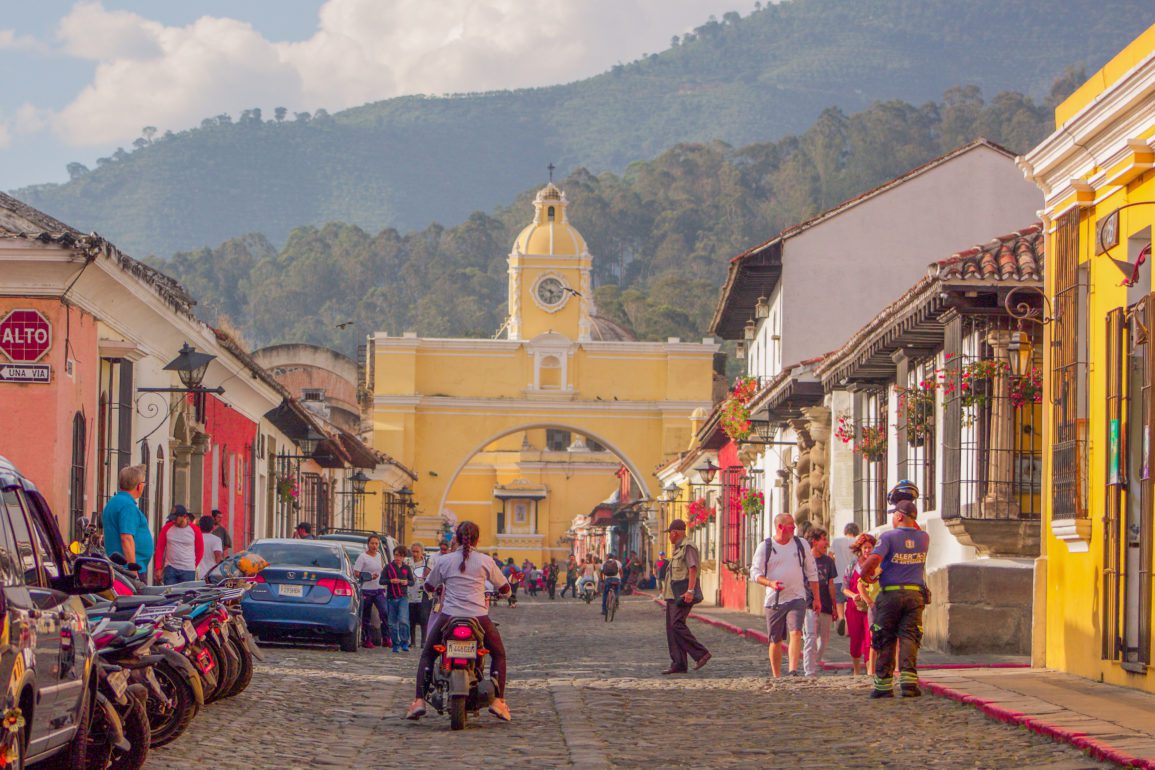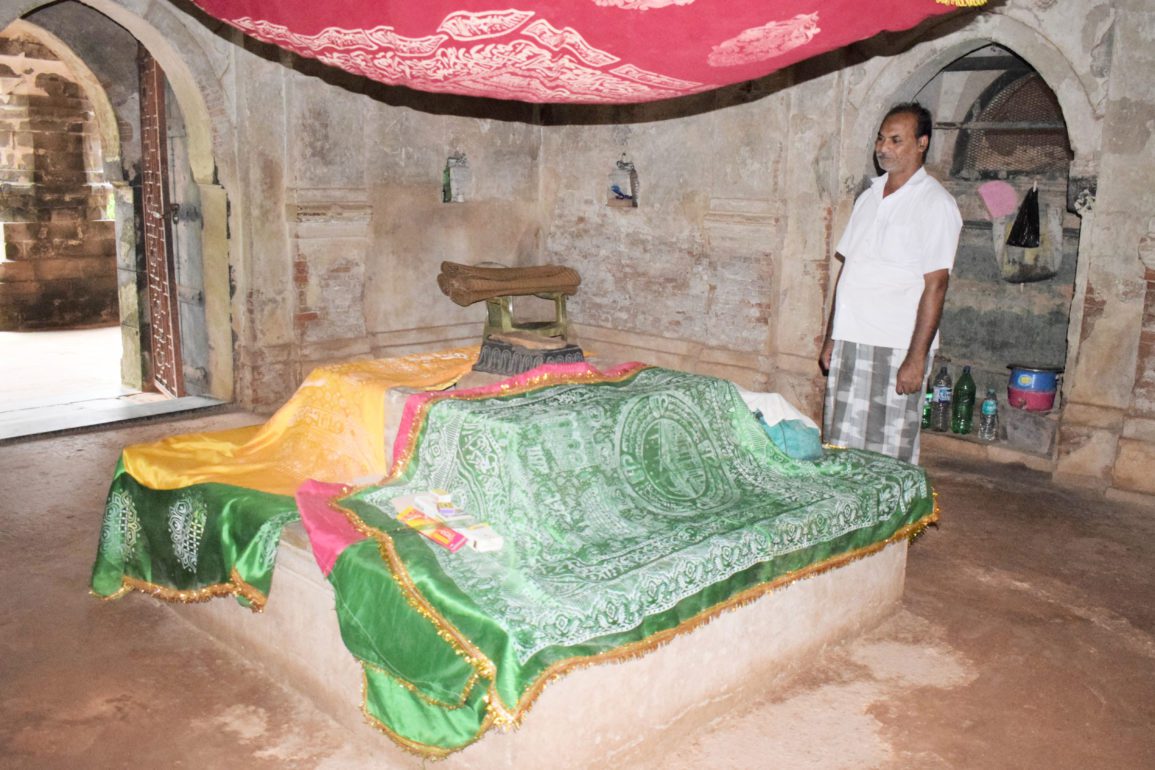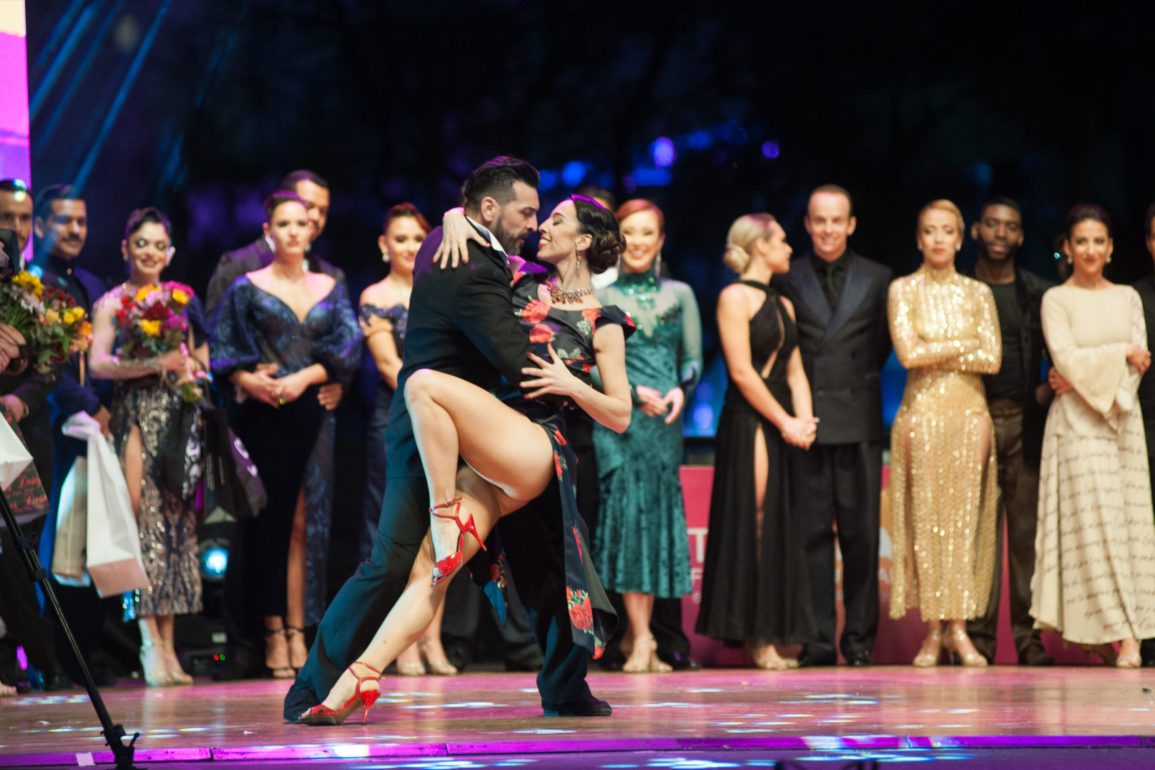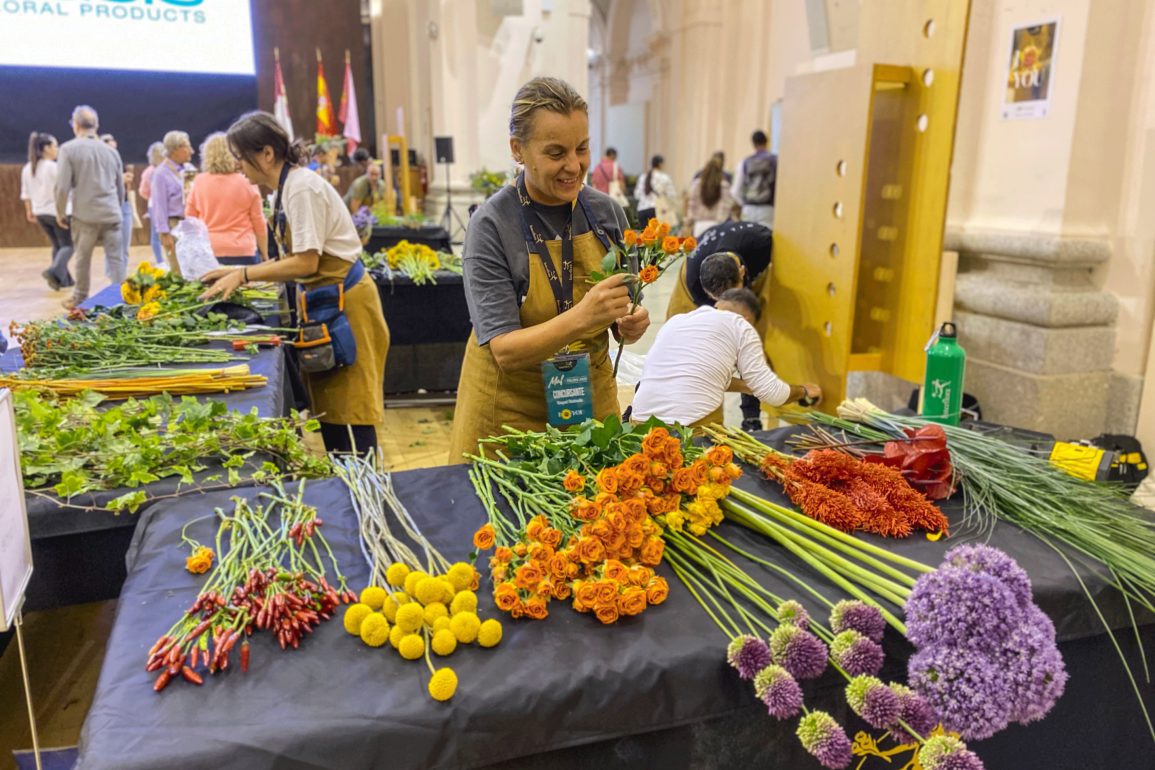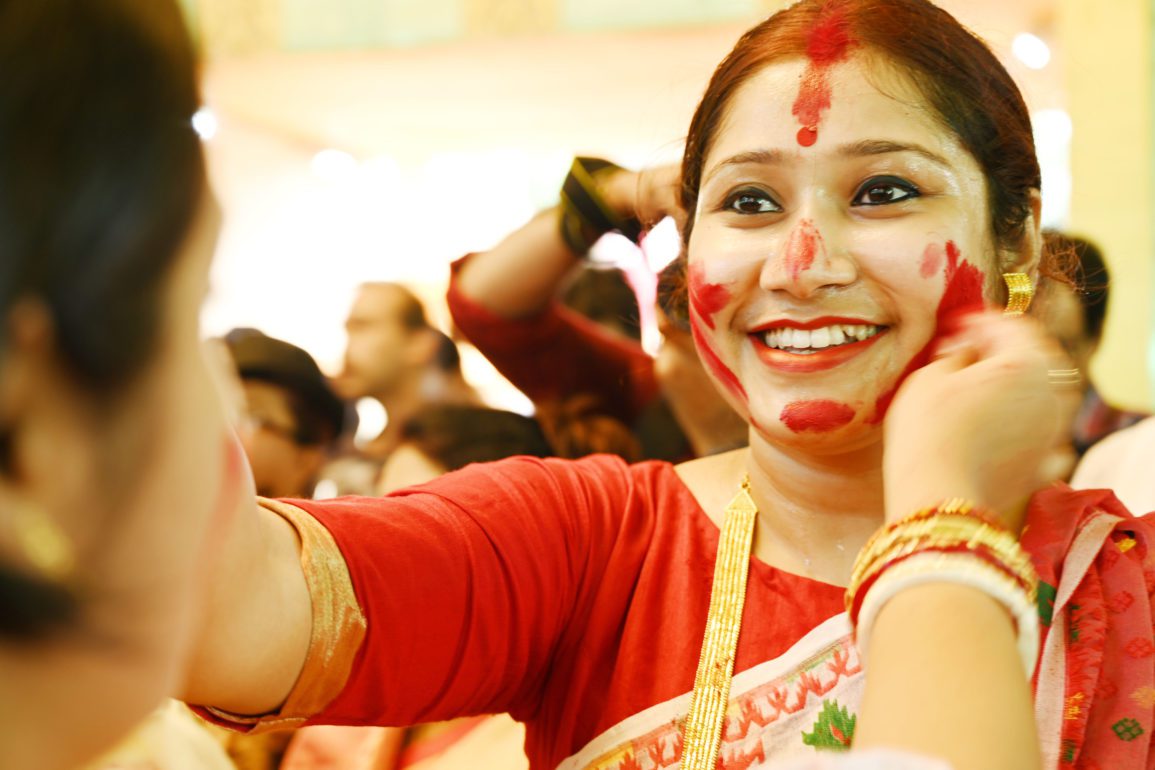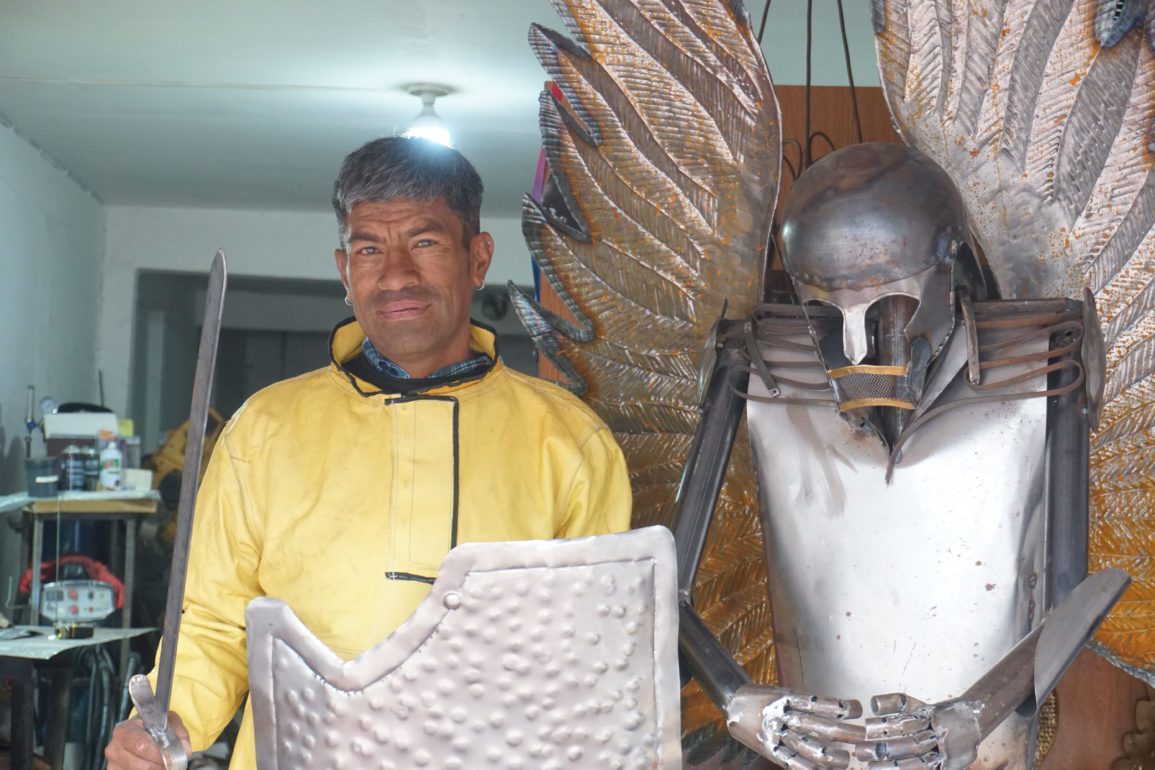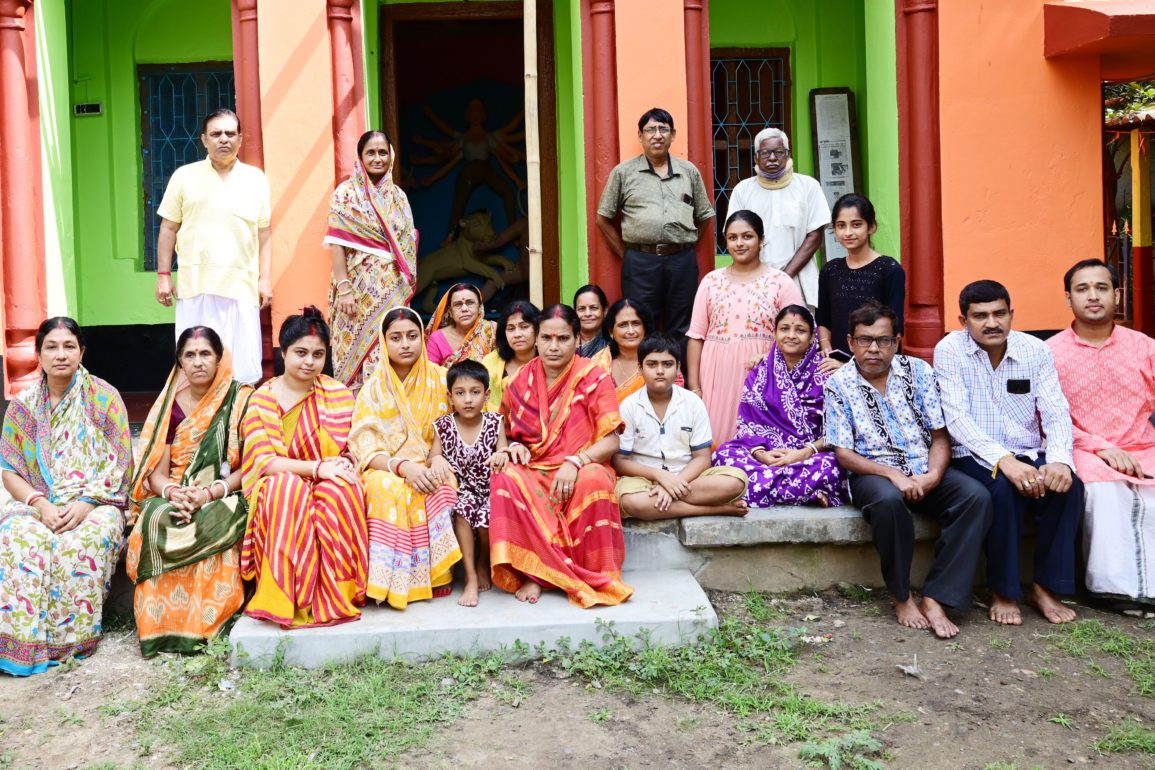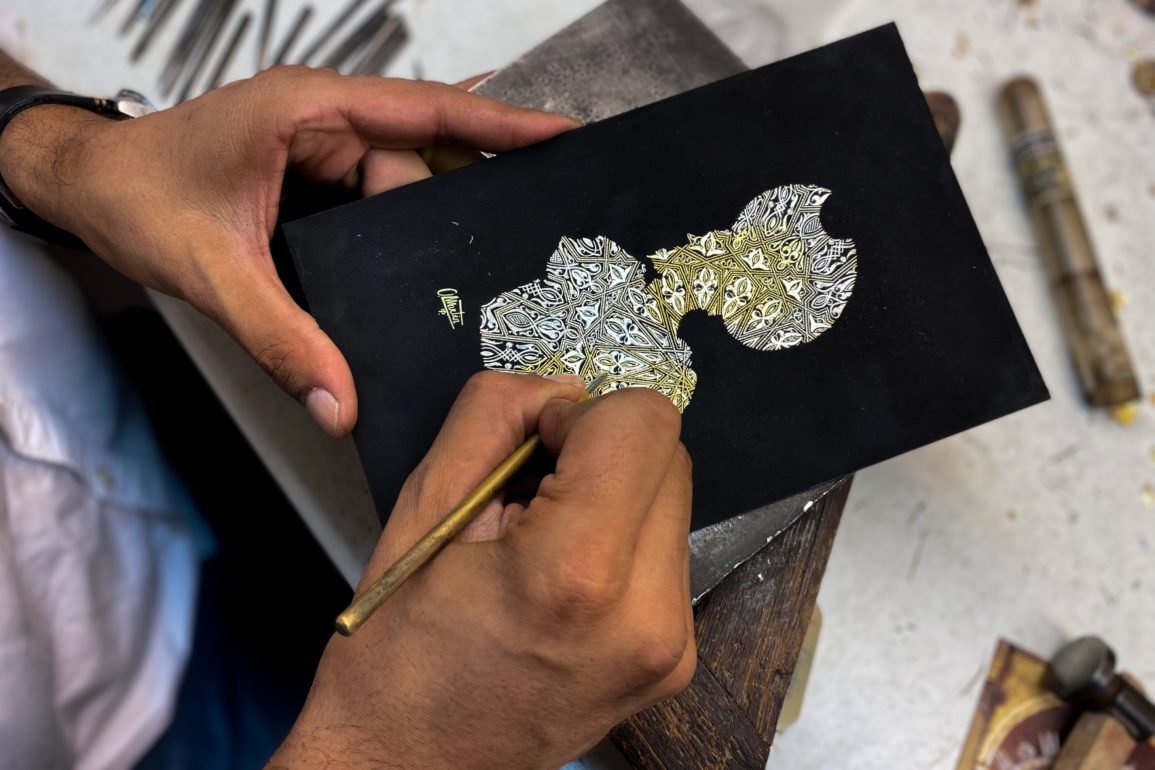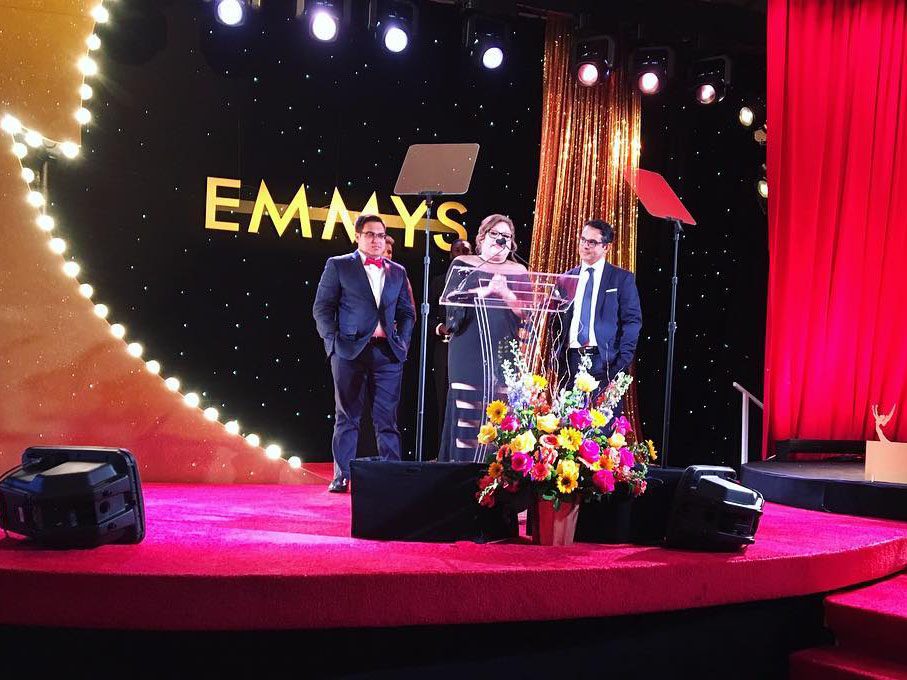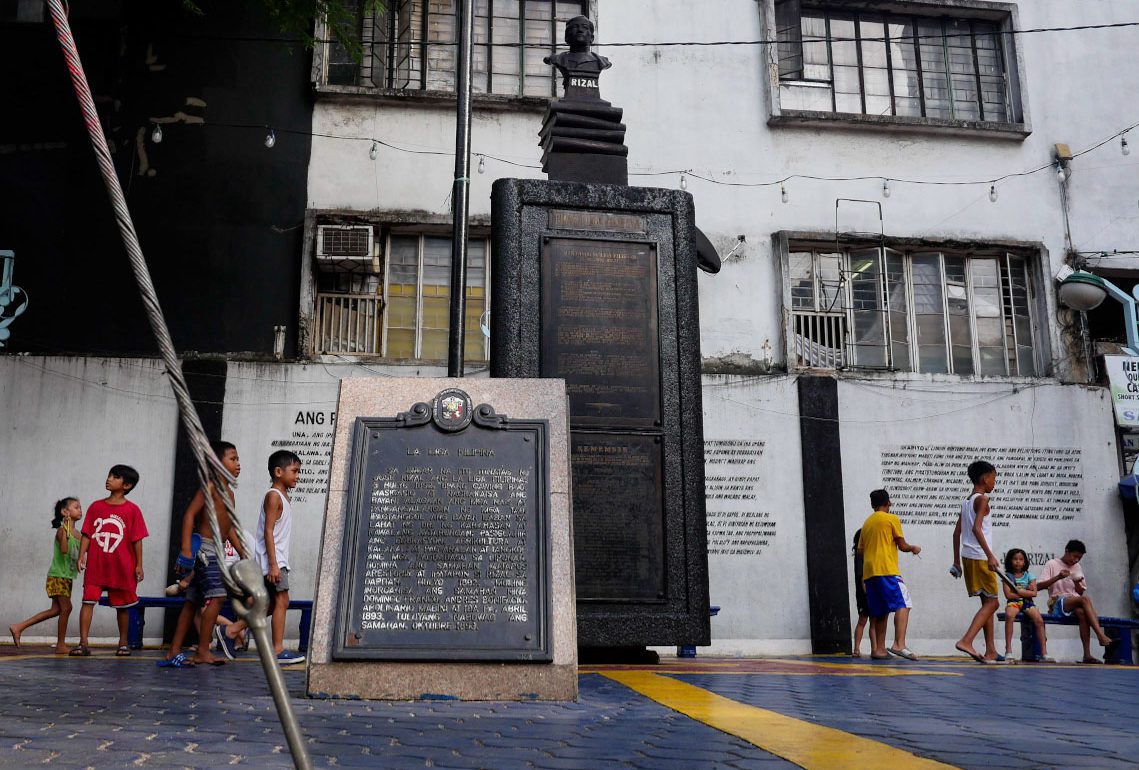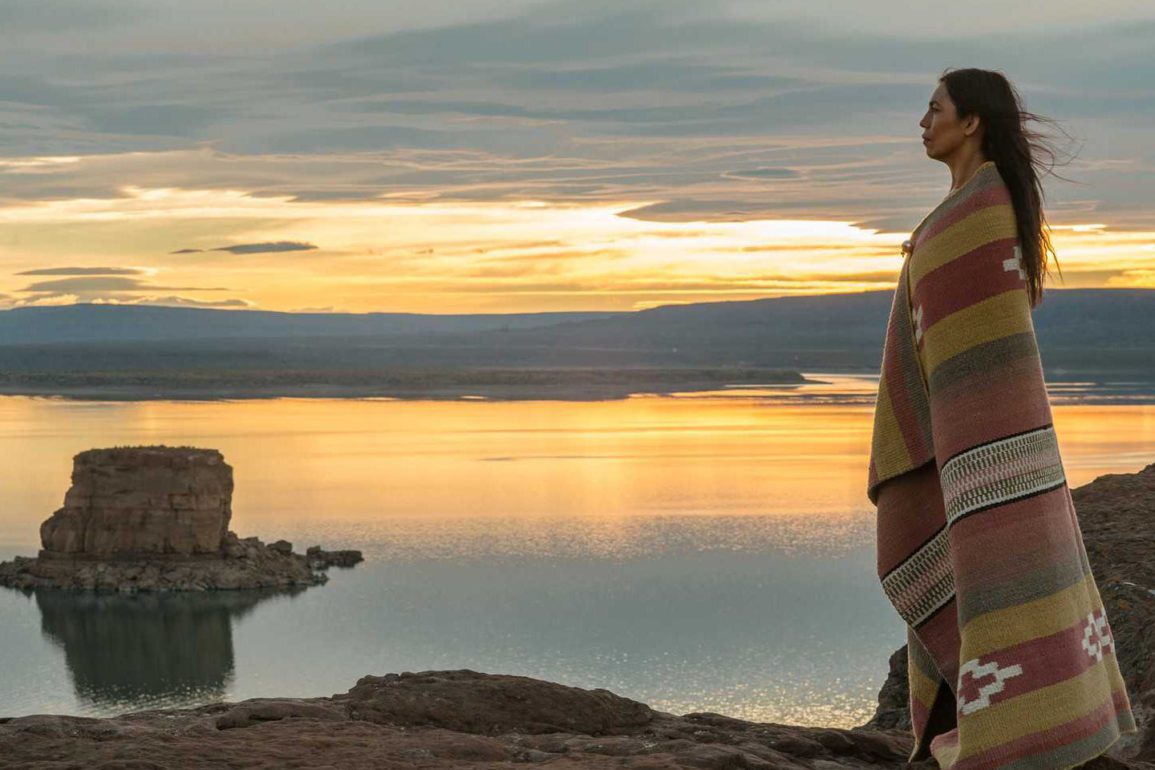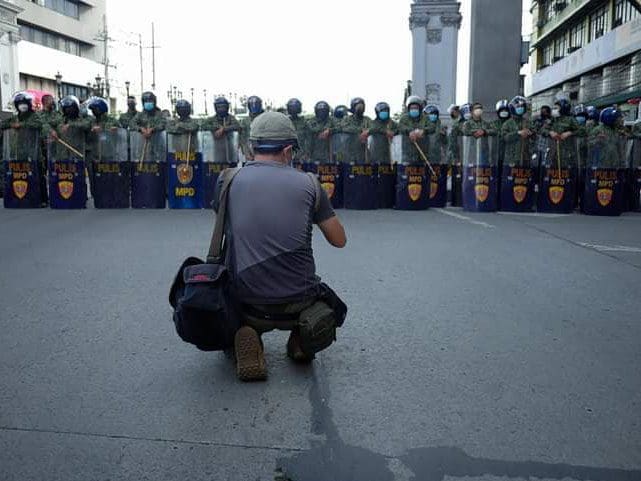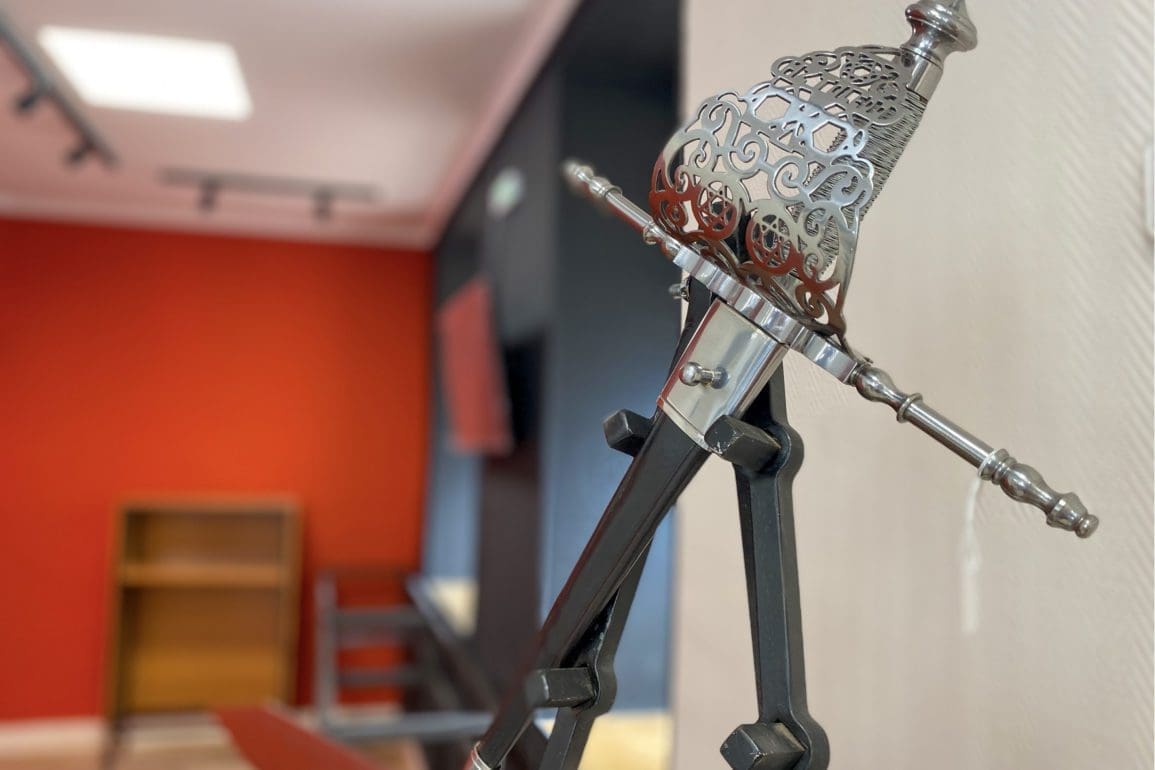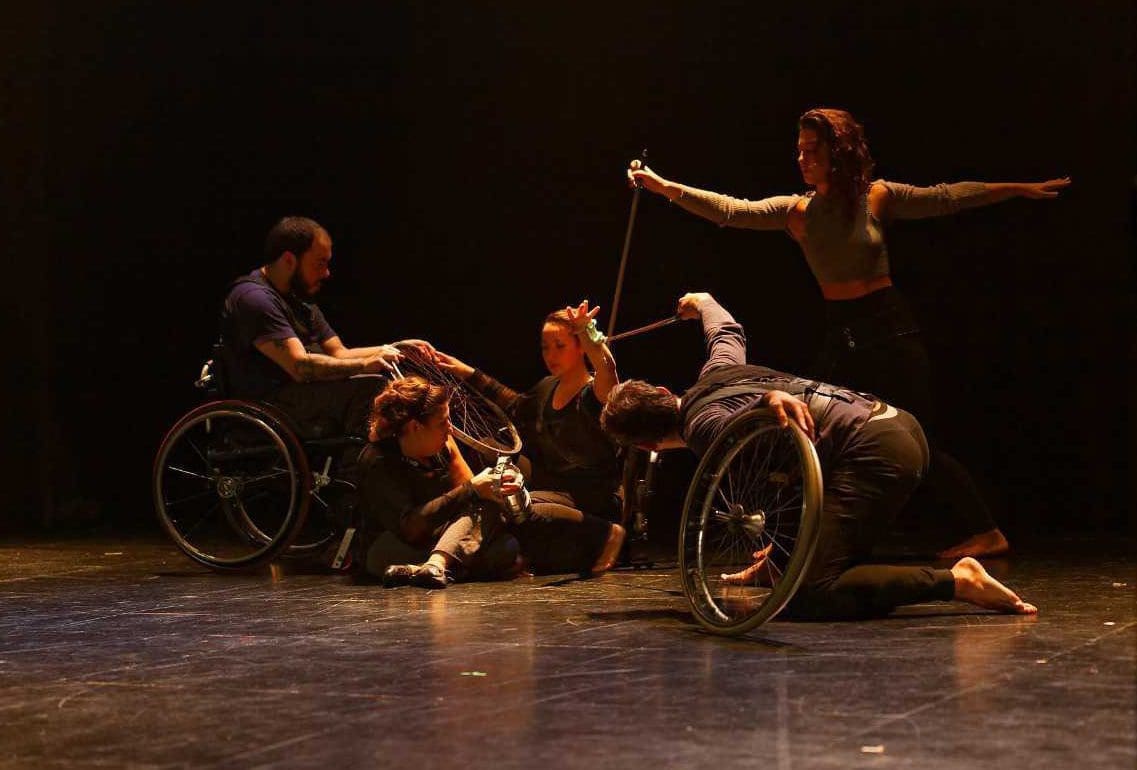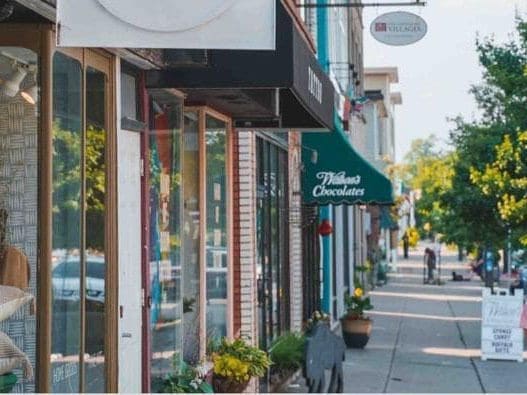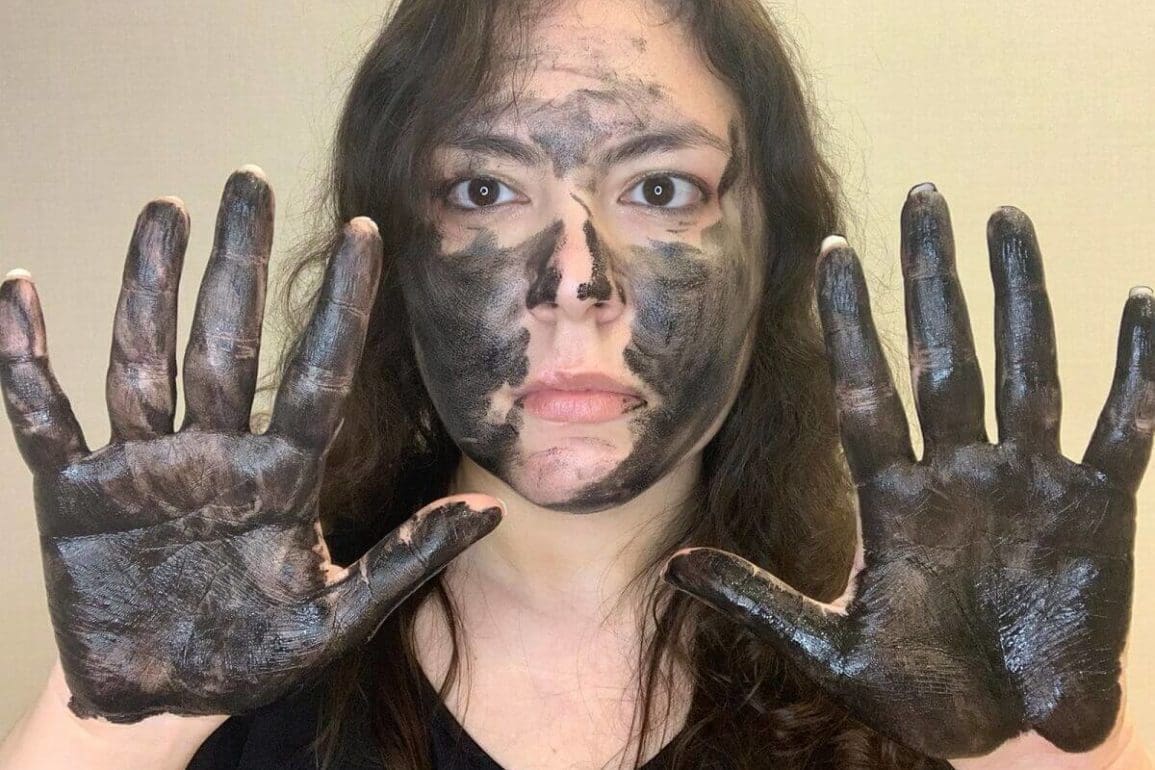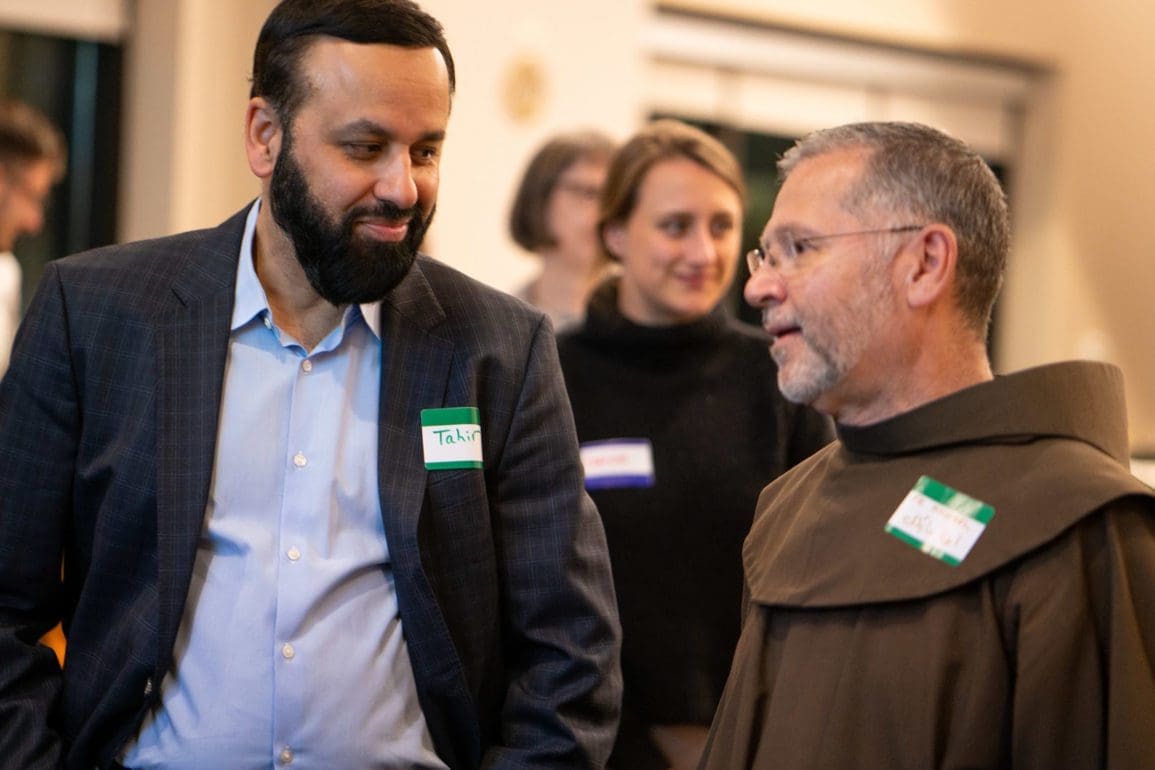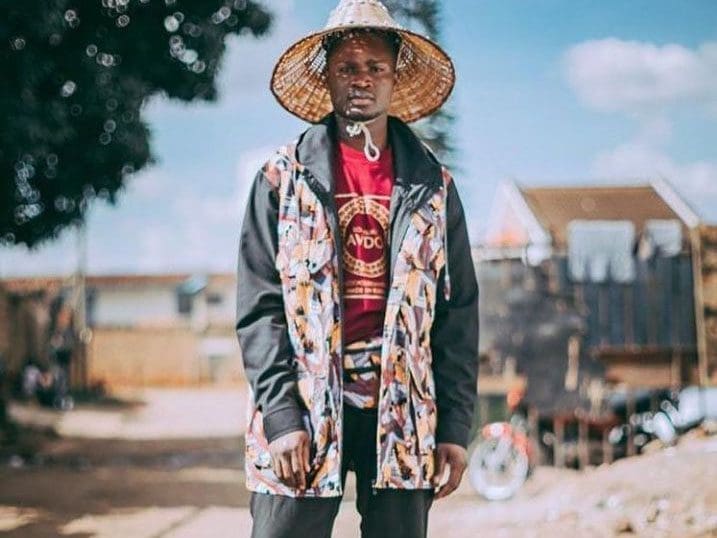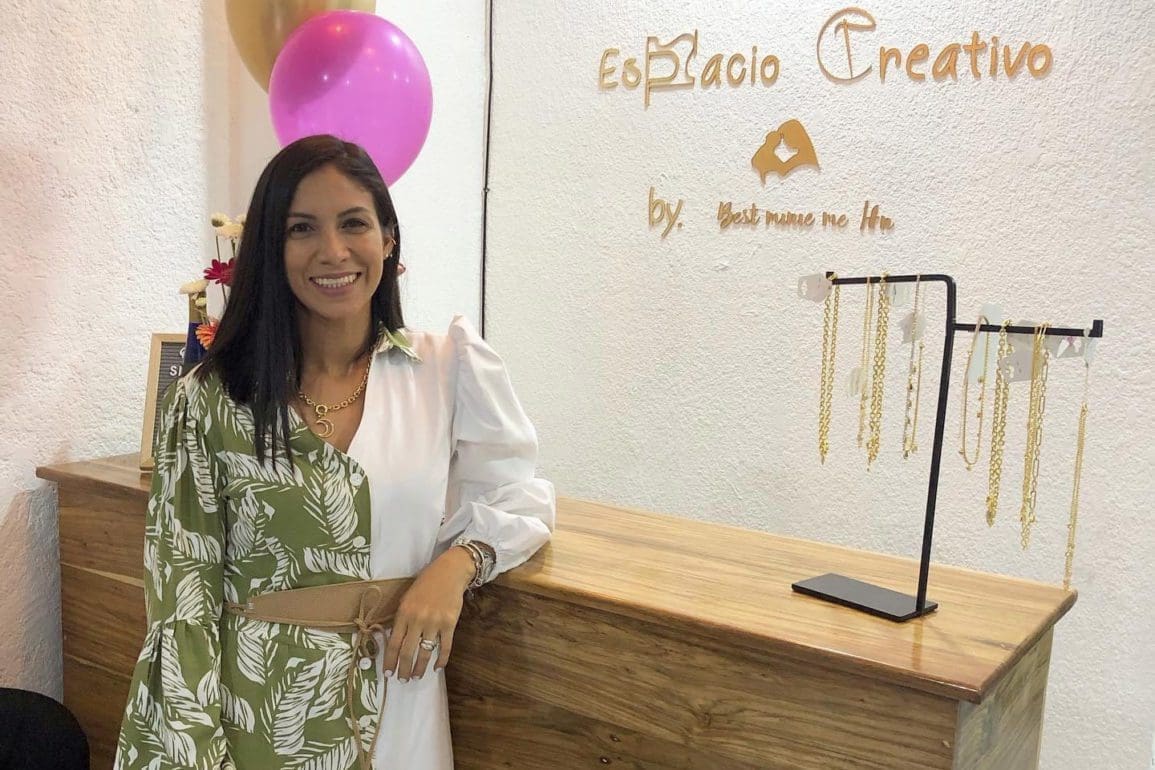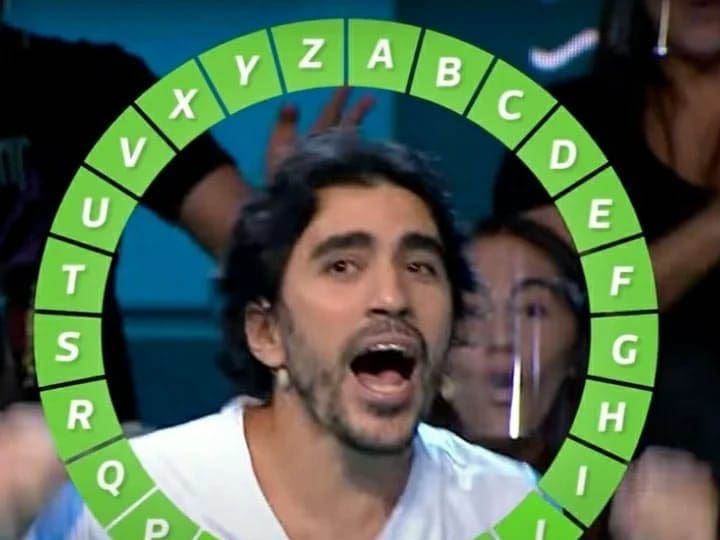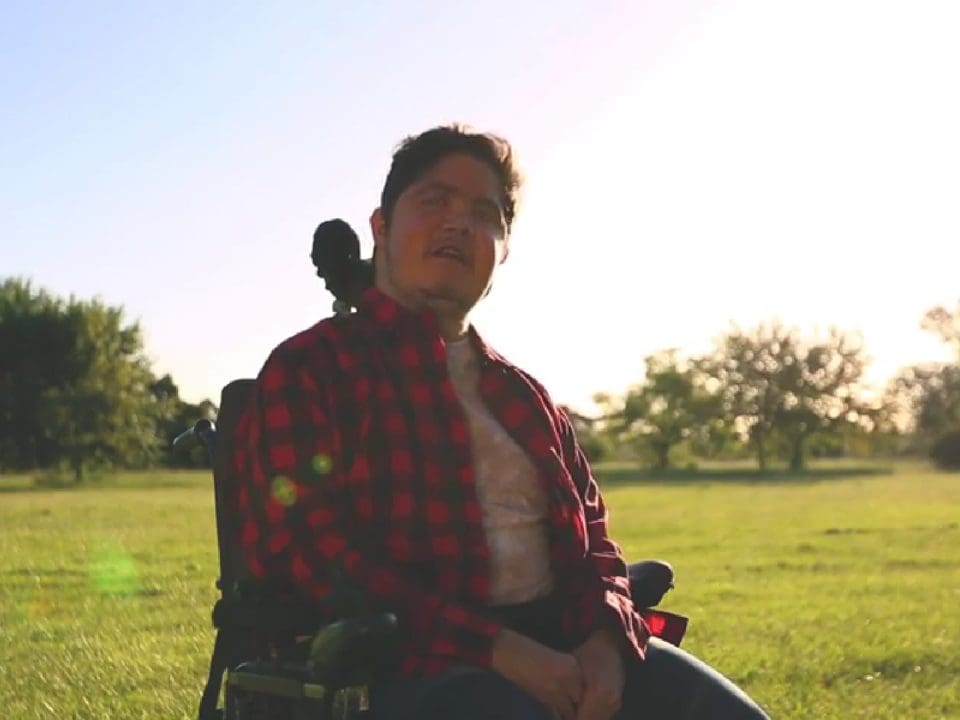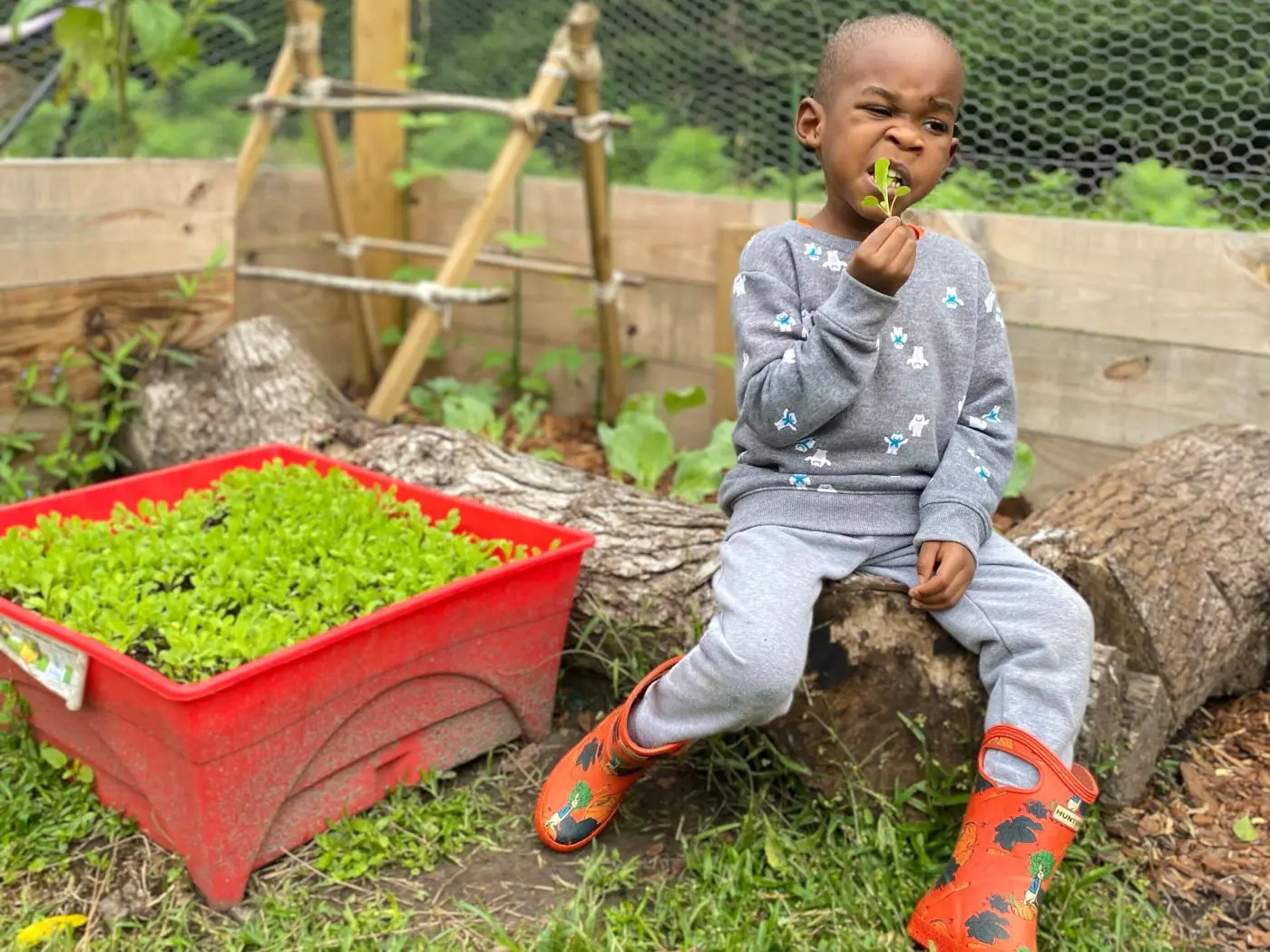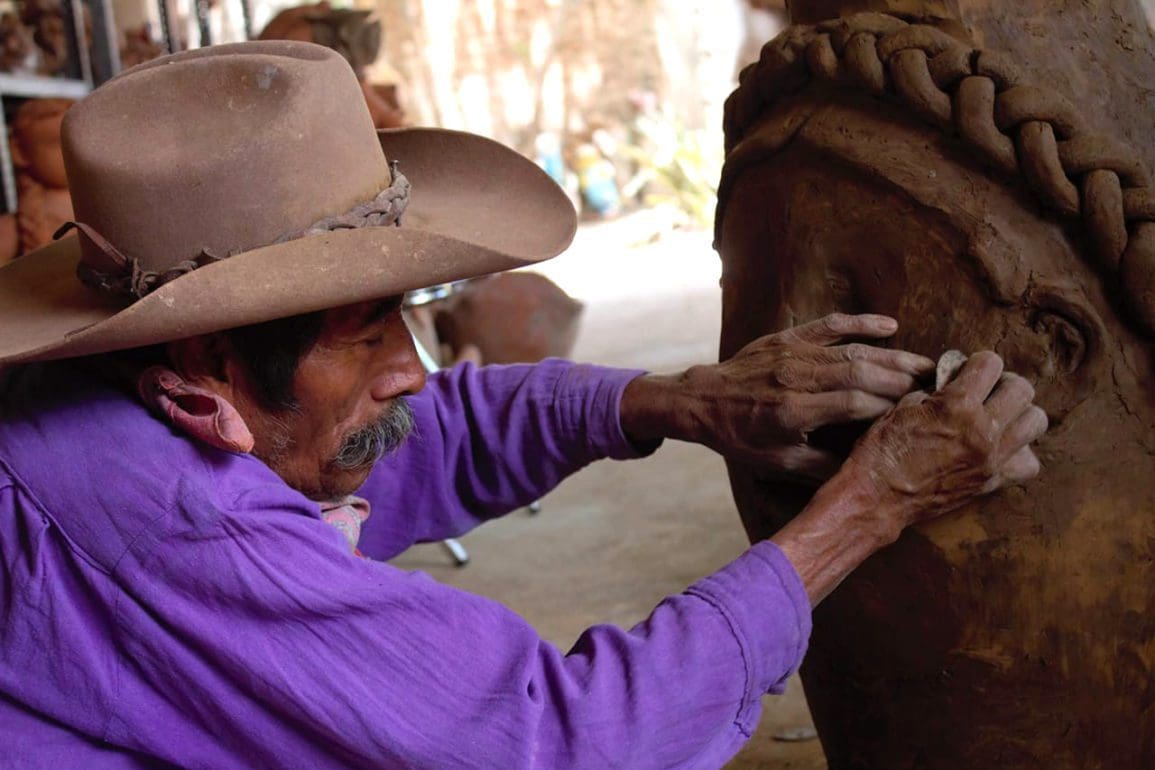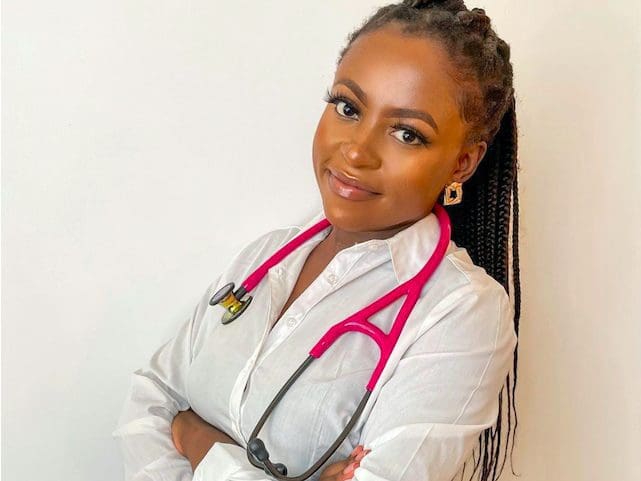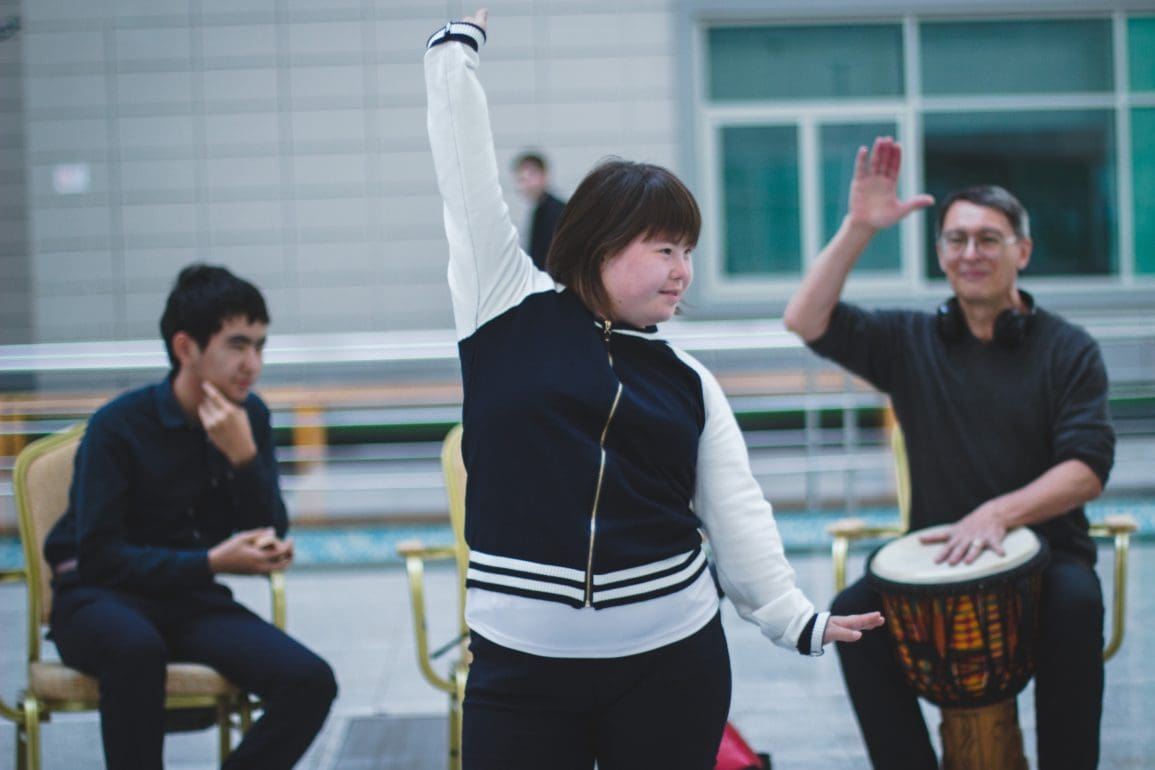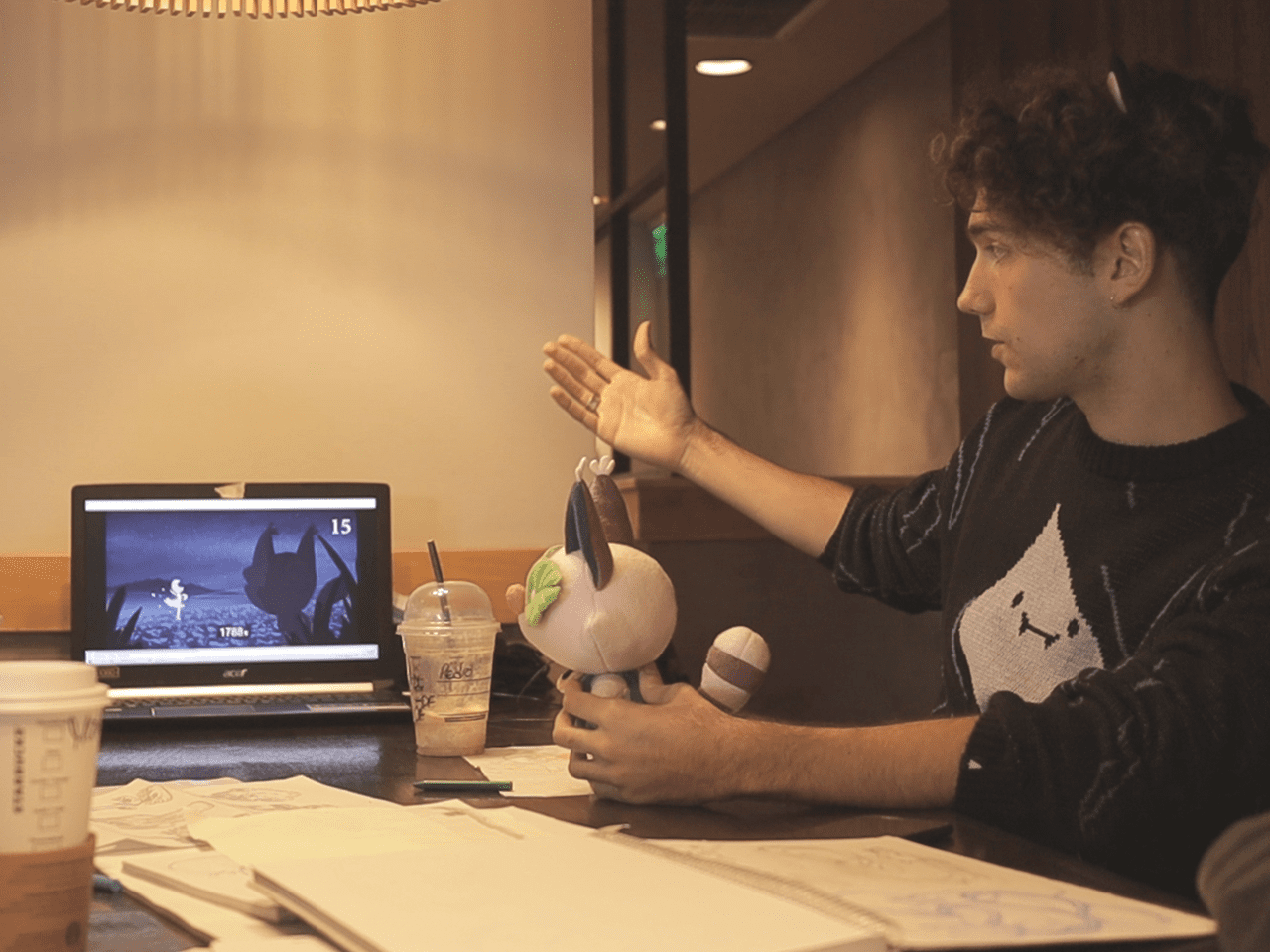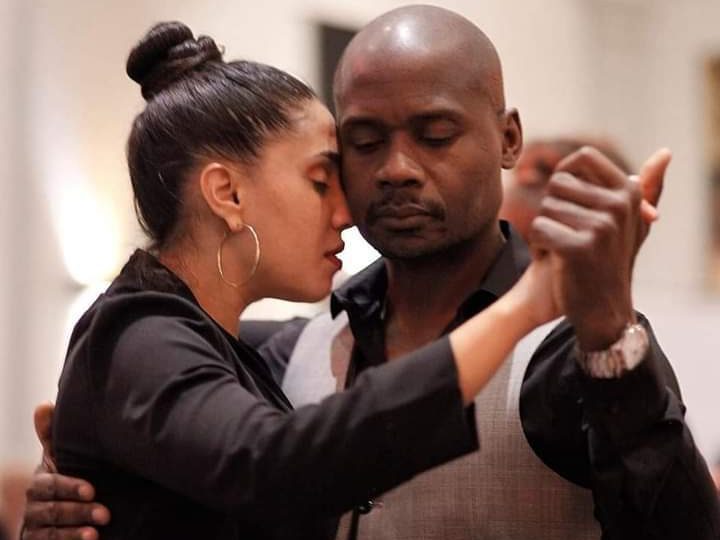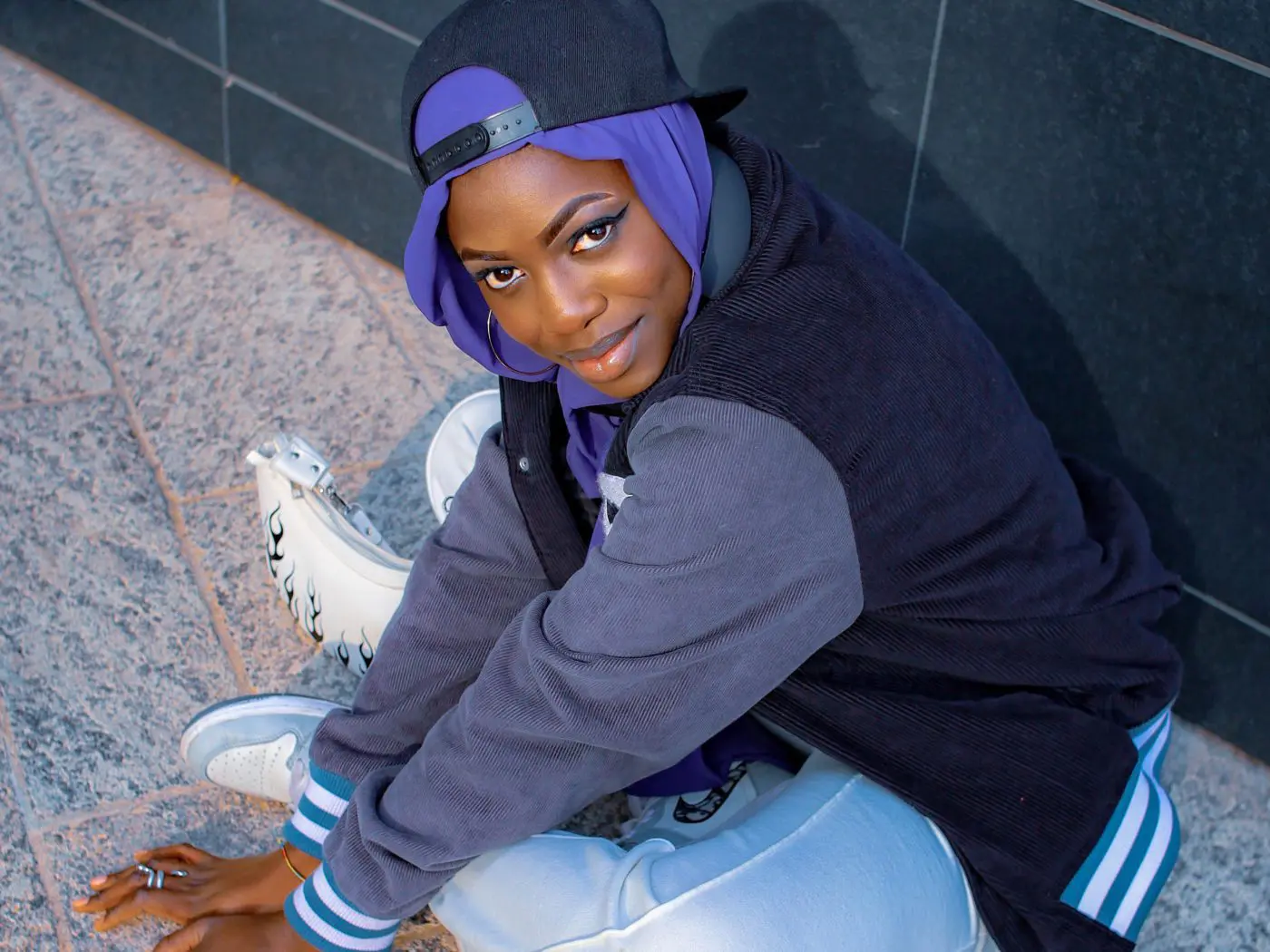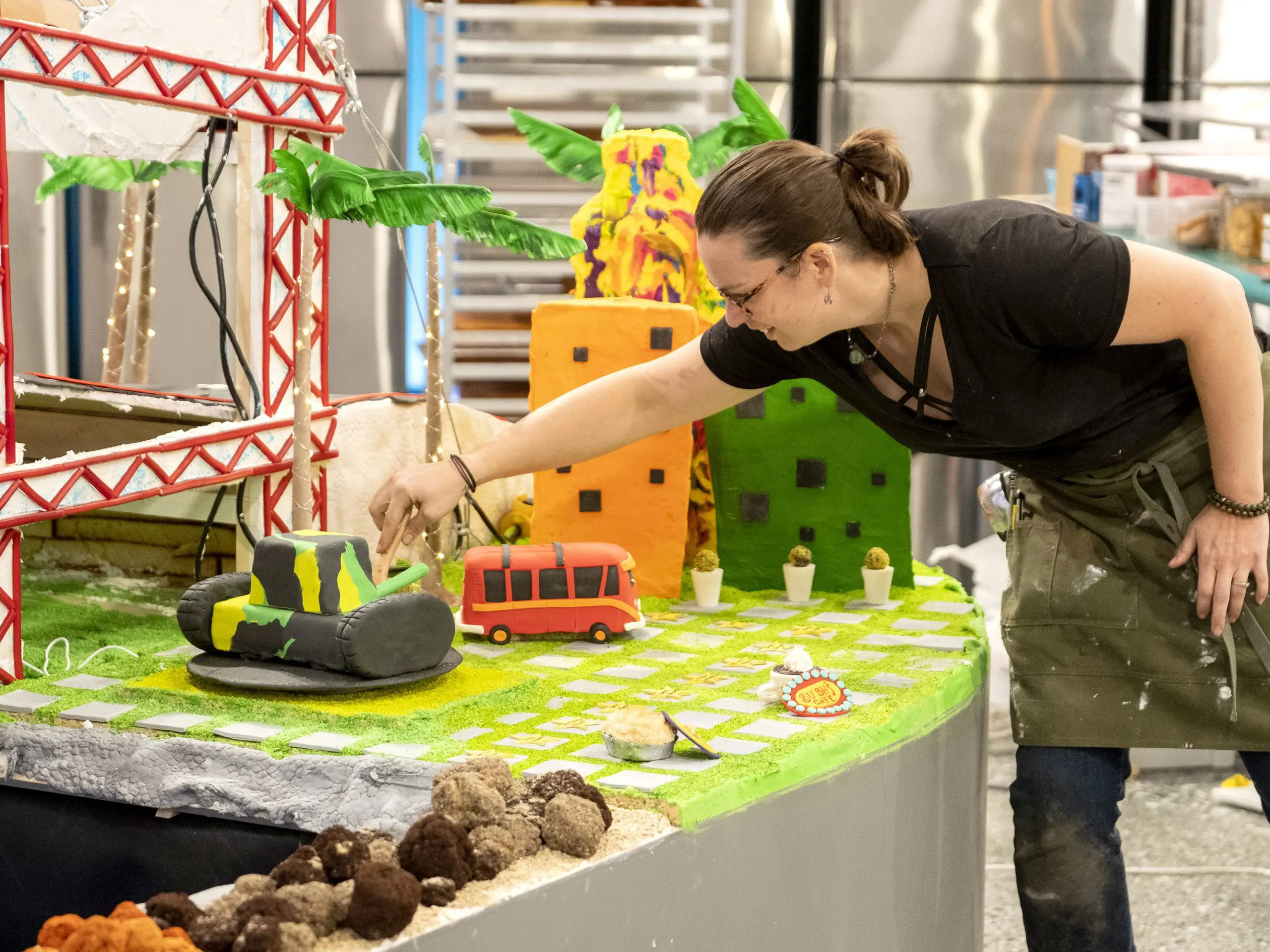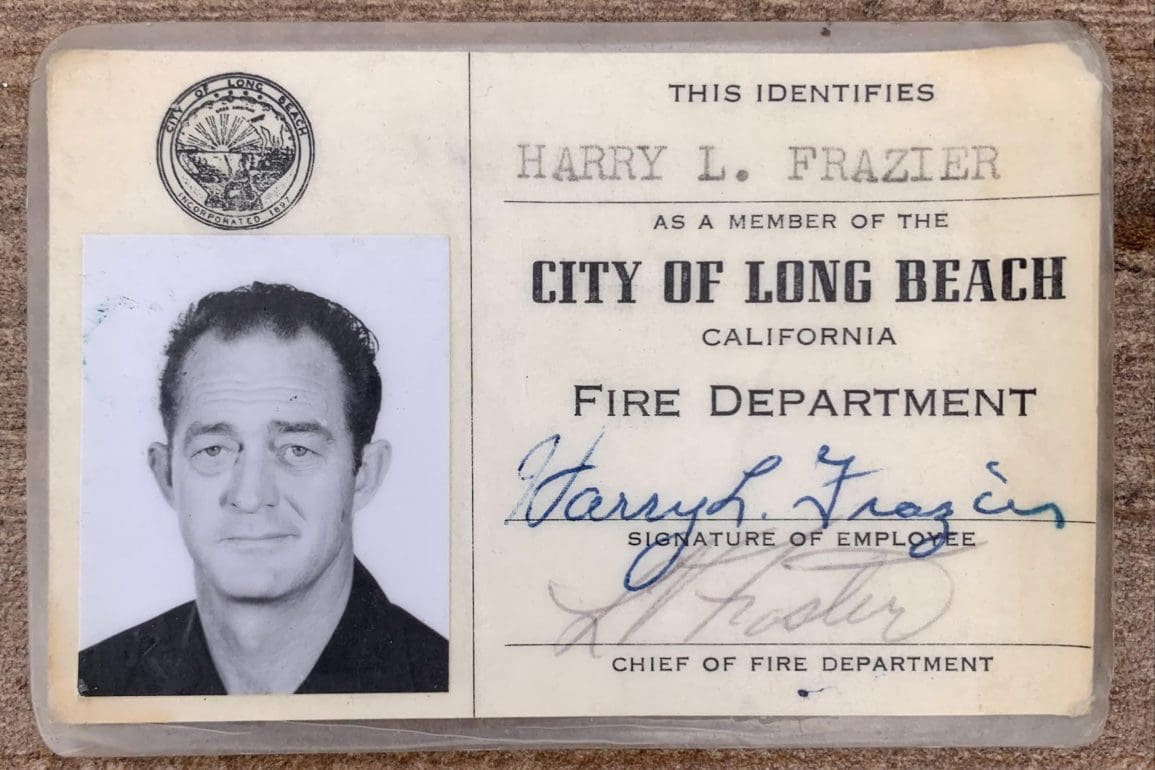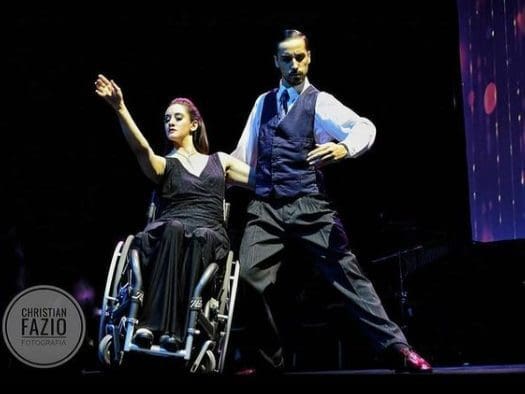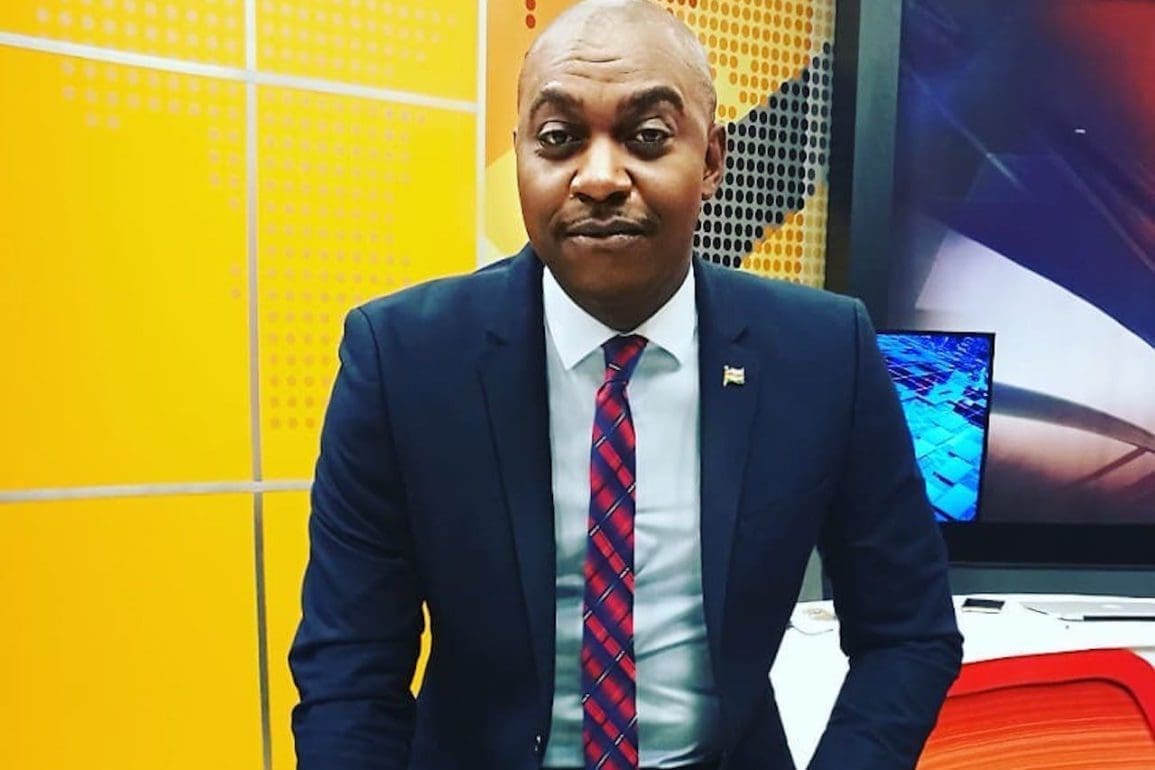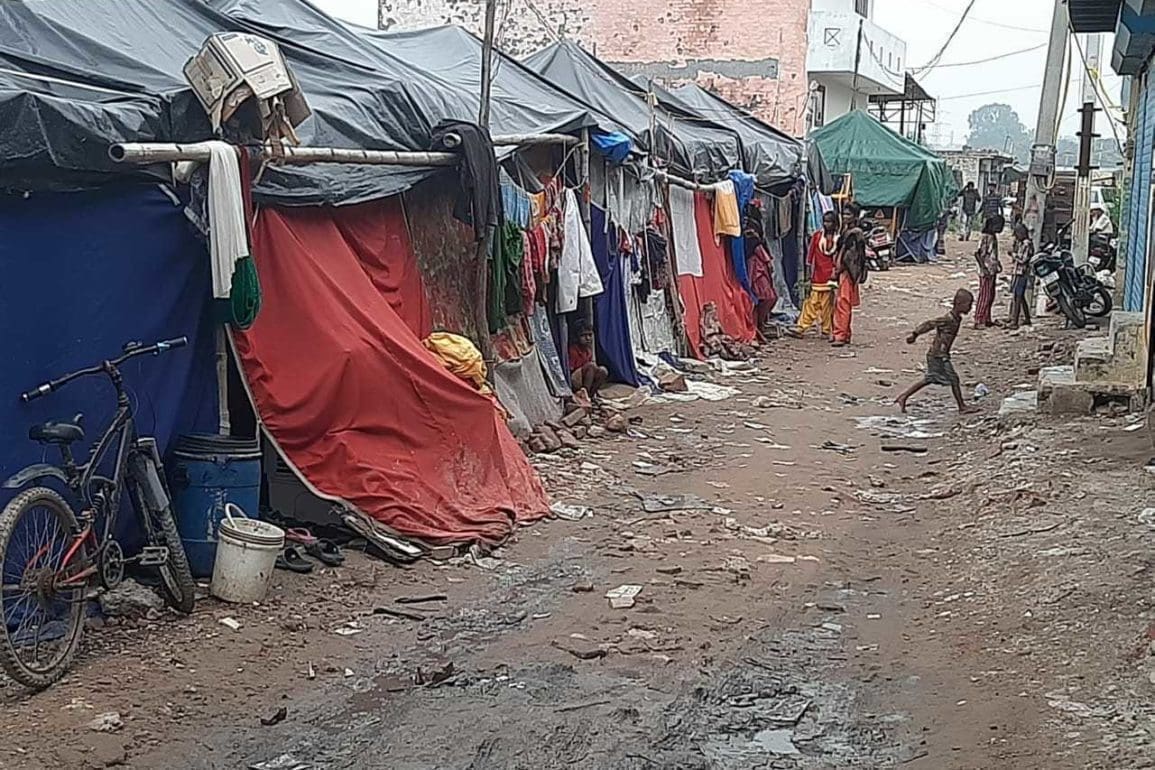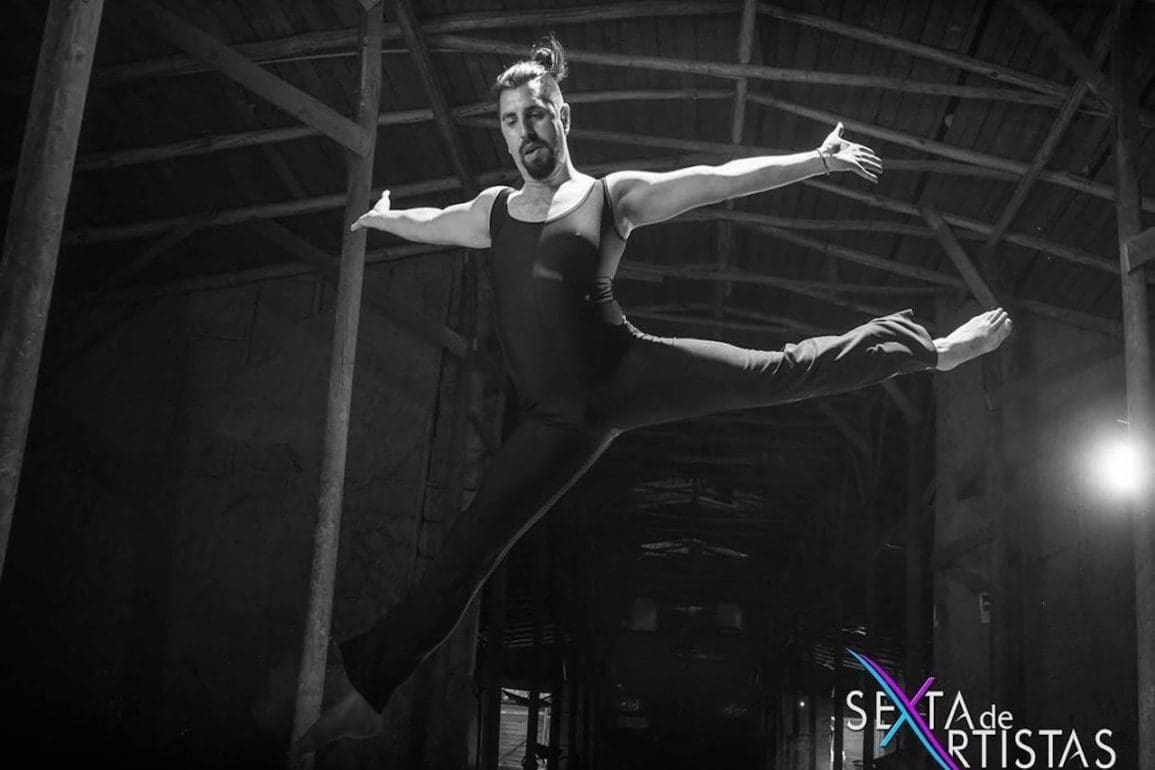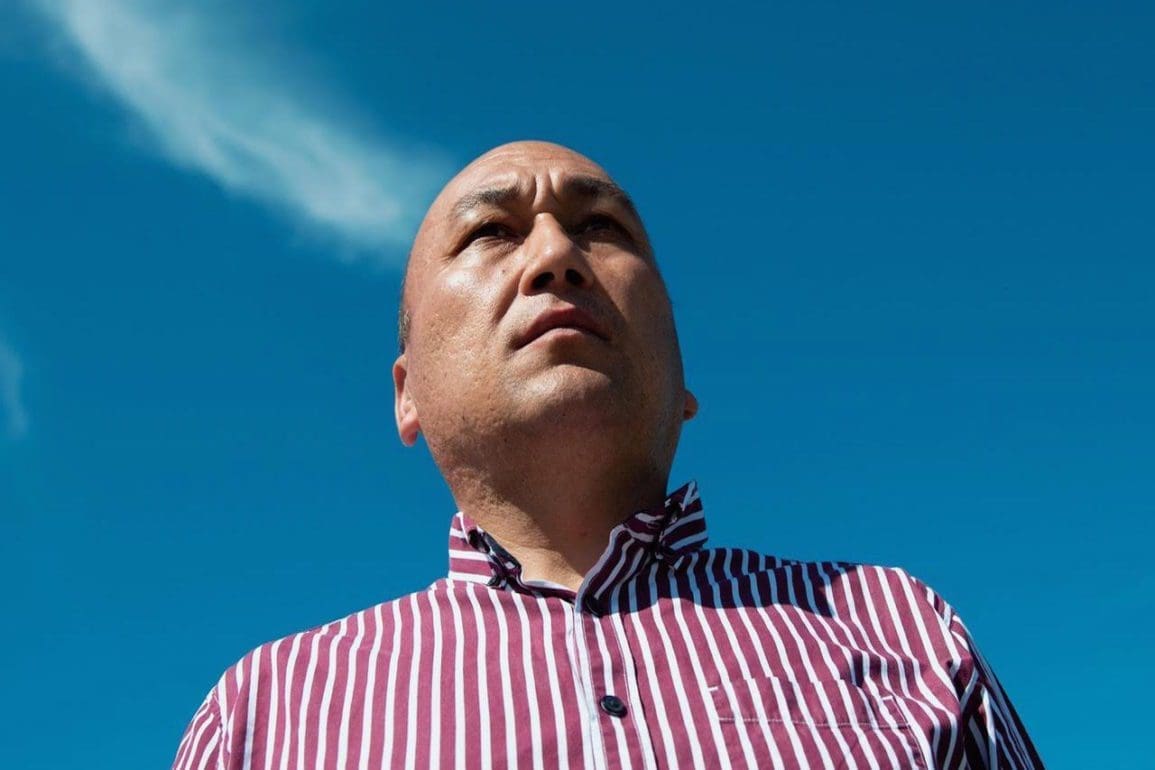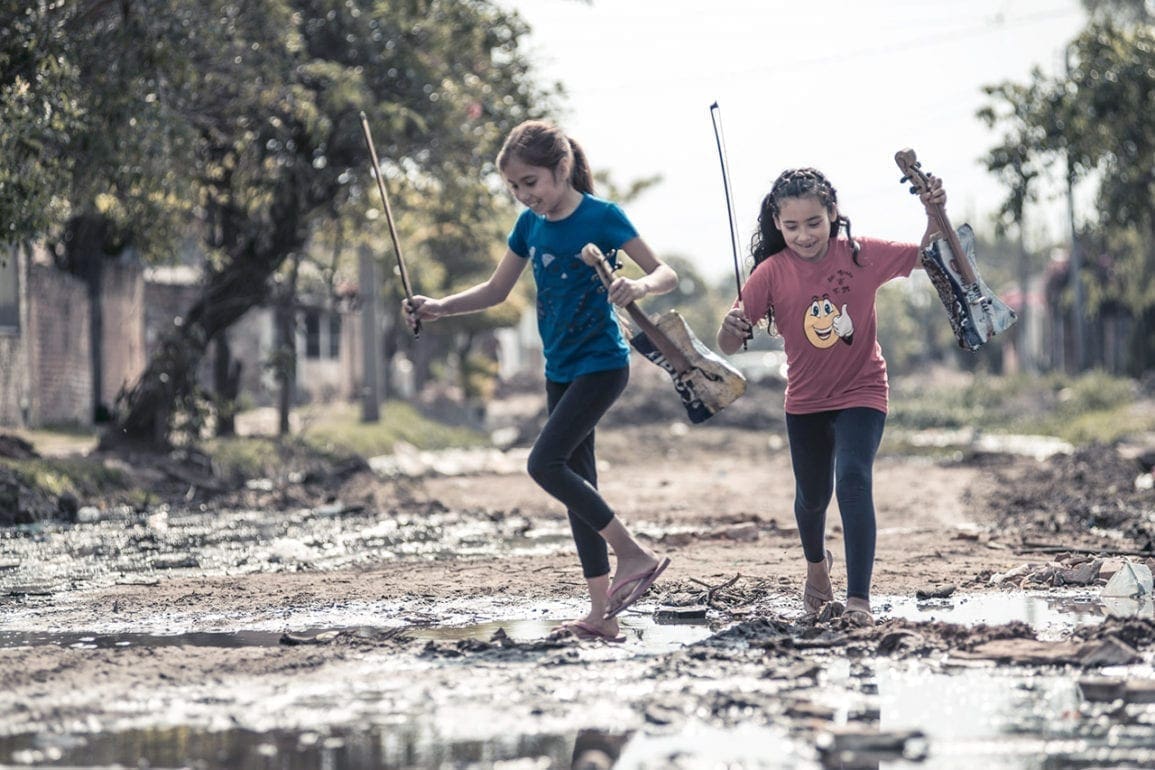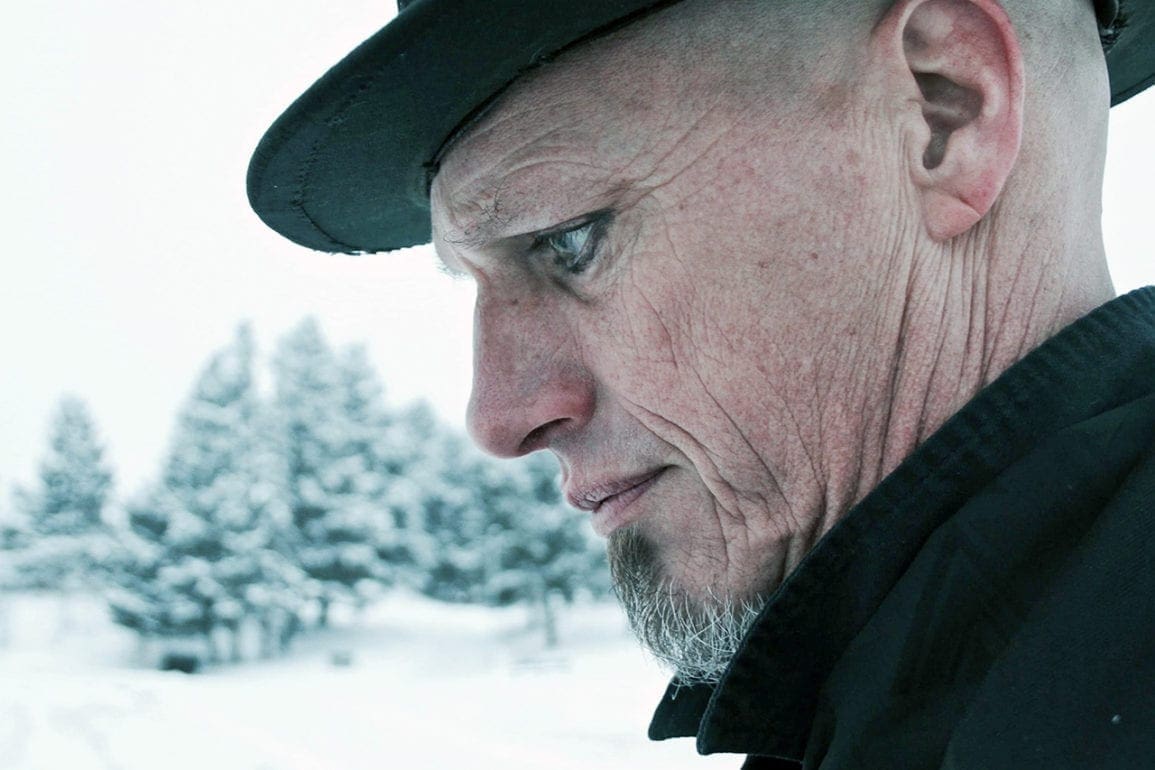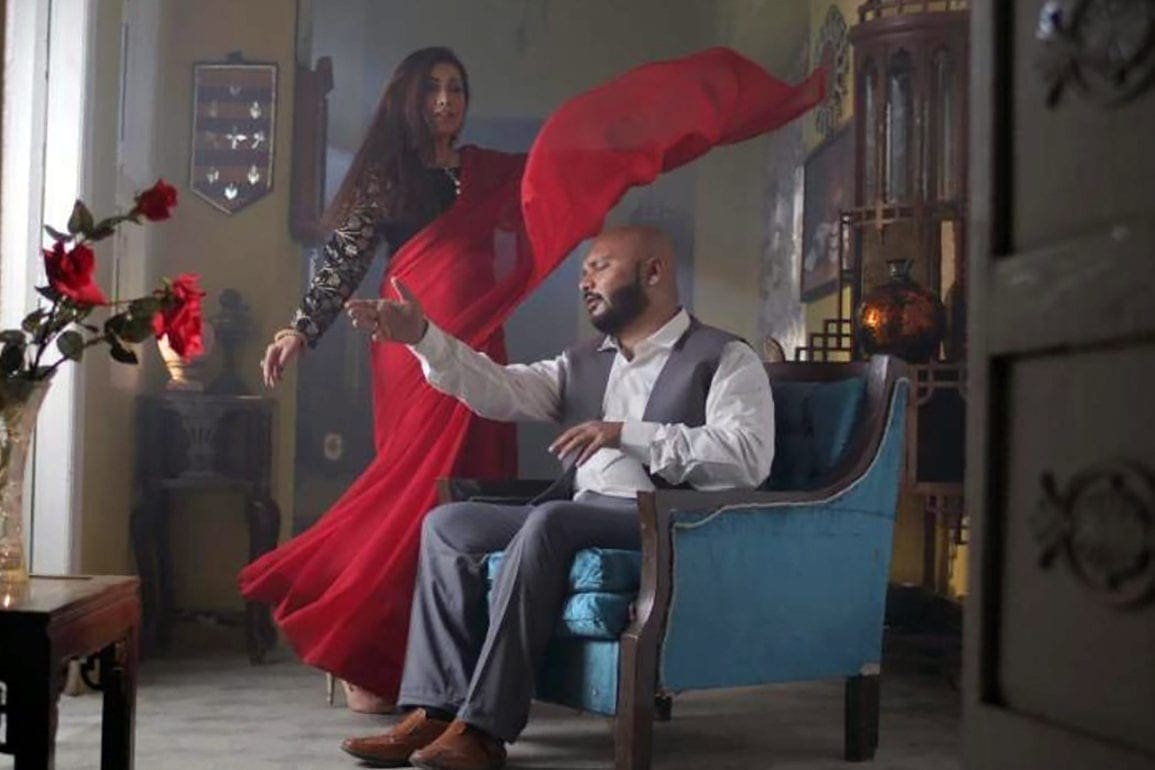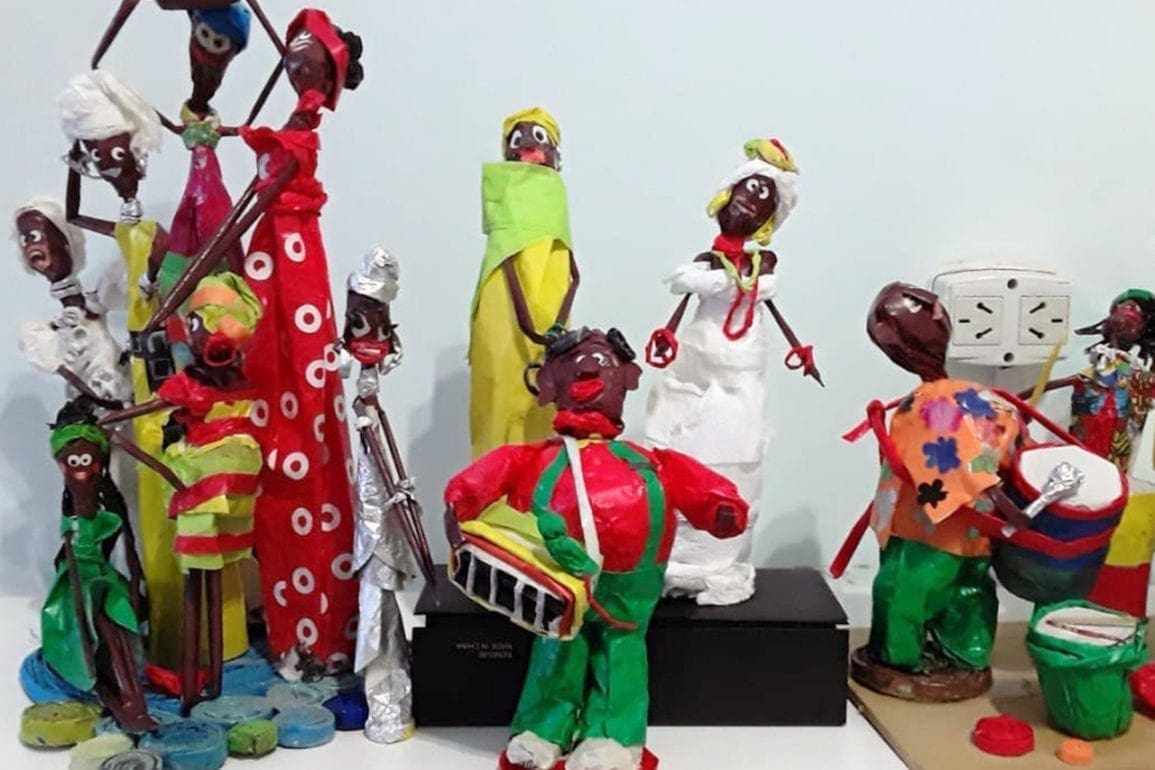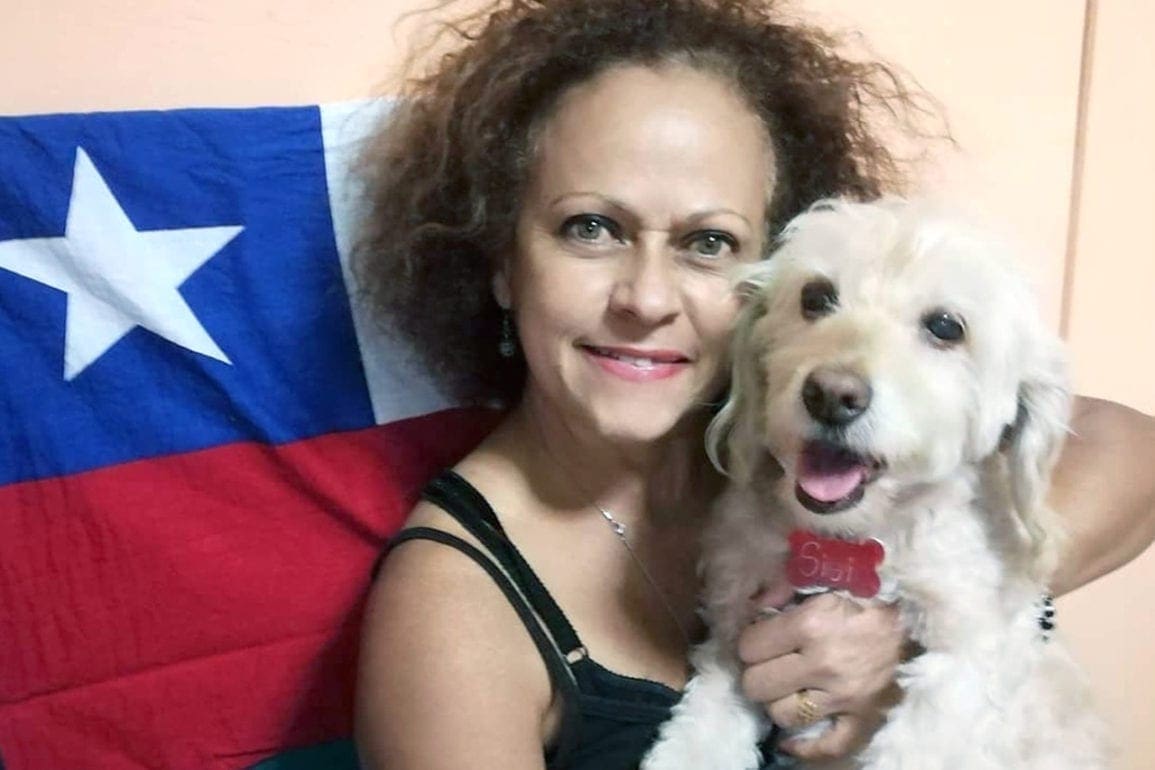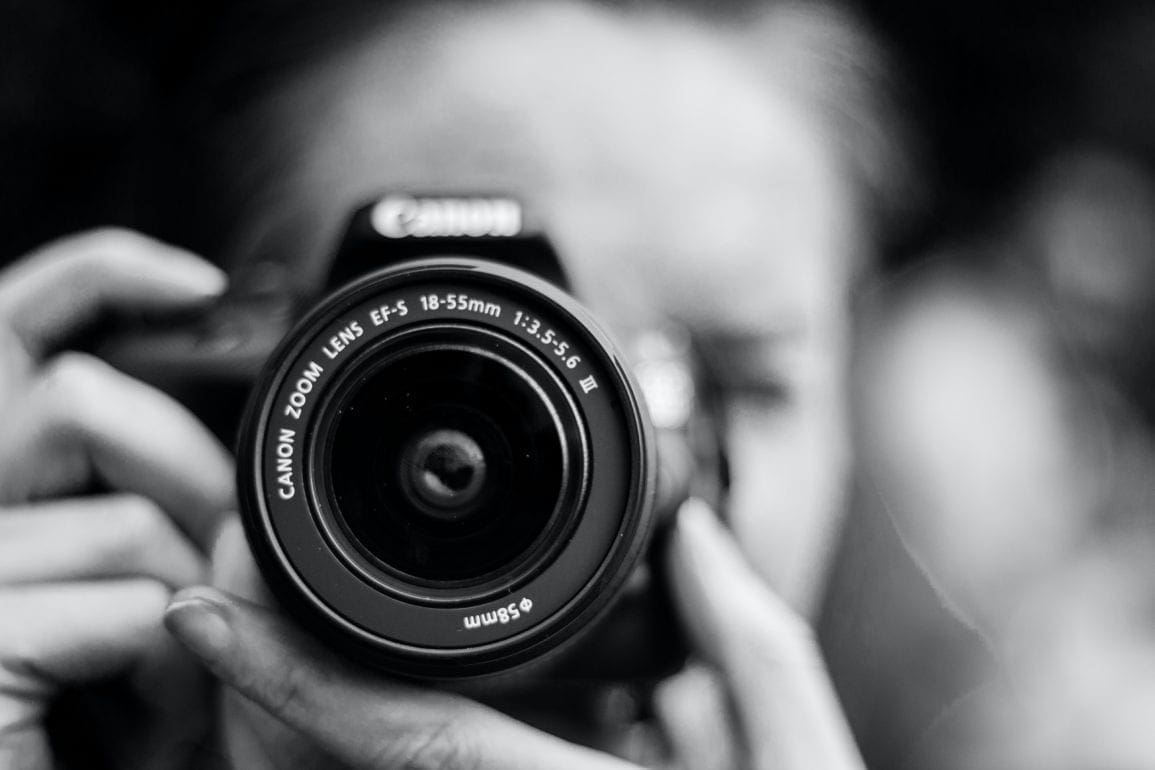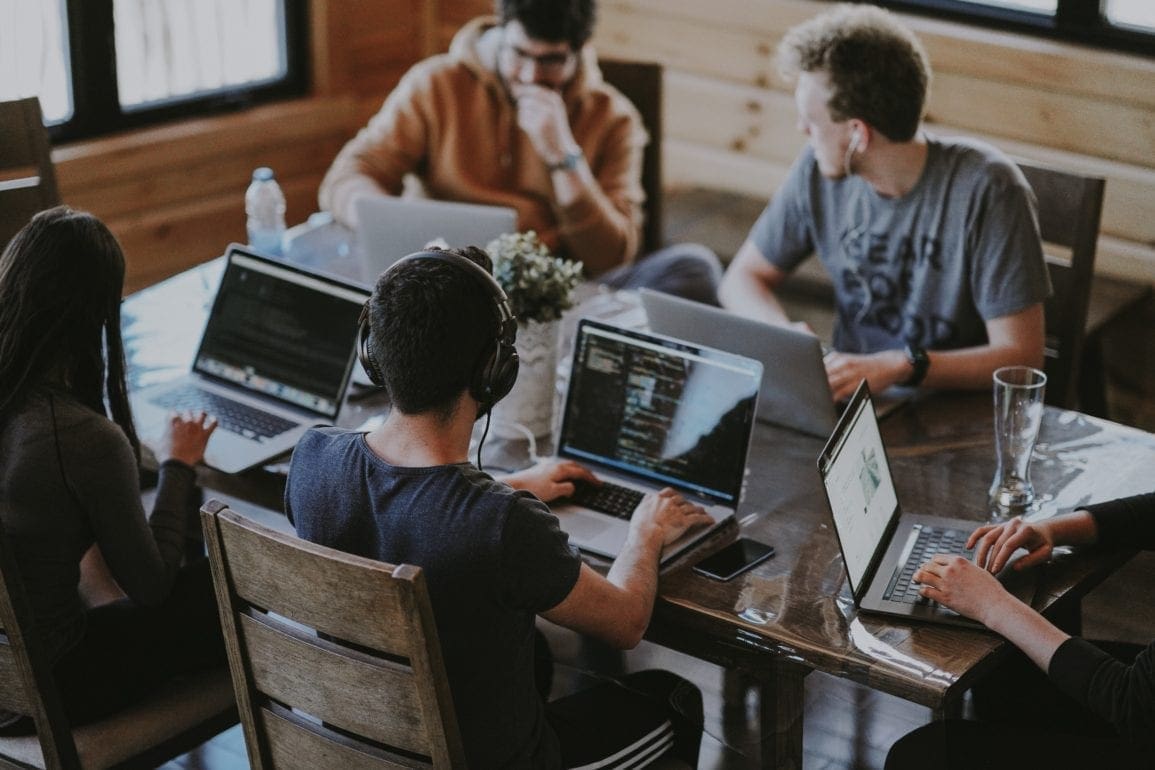Being black in Latin America: Actress, producer fights racism through art
Every day, I encounter microaggressions, regardless of where I am. Though I was born and raised in Colombia, I spent years in Germany and now reside in Argentina. I have witnessed how discrimination adapts and manifests differently in each place, but it all began in my childhood.
- 1 year ago
July 17, 2023

BUENOS AIRES, Argentina — As a black woman, racial consciousness has been an integral part of my life since childhood. Walking down the street with my mother in Pereira, Colombia, we often encountered entitled strangers who touched our skin or our hair. As a little girl, it made me deeply uncomfortable. Sadly, in time, I grew accustomed to those encounters. It never occurred to me to question how abnormal or unacceptable their behavior was.
It is only now, at the age of 33, I recognize the magnitude of those moments. They played a decisive role in shaping my understanding of what it means to be a black person in Latin America.
Read more stories from Orato World Media from our Racism category.
I looked in the mirror and felt truly beautiful
Every day, I encounter microaggressions, regardless of where I am. Though I was born and raised in Colombia, I spent years in Germany and now reside in Argentina. I have witnessed how discrimination adapts and manifests differently in each place, but it all began in my childhood.
During my school years, I regularly faced unwelcome comments. I became a child living in a state of hypervigilance, anticipating attacks, and preparing retorts. When I returned home at the end of a school day, I carried the weight of those experiences with me. I felt utterly defenseless. As I sat in my bed at night, the intensity of my feelings overwhelmed me, and I began to blame myself.
My parents sat down beside me and talked me through what happened that day. With their help, I began to understand the problem did not lie within me; it was racism that needed to change. My black mother and father maintained a deep connection to their ethnic heritage and my home became a sanctuary where I found solace and security.
They taught me to separate myself from the social narrative which reduced black lives to a story of slavery. Convincing a child that being black is beautiful and valued remains an arduous task. Yet my family shattered those constraints. Instead of focusing on a history of oppression, my mom and dad talked about rich kingdoms, expansive empires, and my ancestors’ profound connection to the land.
I began to take pride in my blackness from a place of strength, and from a vibrant culture and heritage. Soon, I found myself gazing into the mirror, experimenting with the unique texture of my hair. A smile adorned my face and I felt truly beautiful.
From ancestral dance to the sanctuary of theater
In my family, everyone dances and makes music. At five years old, I attended a typical family gathering, which turned into a lively party. My uncles banged on the kettledrums as we danced to Afro-Colombian rhythms. The music floated through the air, electrifying everyone. My father held my hand and danced with me as we moved to the music. When I started to jump around, he stopped me. “No, we are going to dance seriously,” he said. He gently guided me back into rhythm with the music.
When we dance, we honor the rituals of our ancestors. They danced as a form of resistance, imposing their will on the land. When people say, “It is in your blood,” we laugh. No, we have practiced this ritual since childhood. It holds great value to us and reflects our cultural essence.
By the age of 12, I expanded my world and went to school for music and theater. Theater became a space where I could fully embrace my identity without explaining myself. Like my childhood home, it became a sanctuary. With each character I portrayed, I infused my own identity. Soon, I experienced a new sense of freedom. I took that with me as I ventured out into the world.
Bringing Afro-Argentine stories to the forefront
When I came to Argentina, I sought out individuals of African descent and delved into local history. A sadness overtook me when I discovered that despite having a vibrant Afro-Argentine community, society at large knew relatively little about their history.
As I poured through Afro-Argentine stories, I stumbled upon one that shocked me, the story of Remedios del Valle. As I consumed the words on the pages, I learned about a black hero who played a pivotal role in Argentina’s struggle for independence. [During the wars of the 1800s, this black woman offered food to the troops, served as a nurse, and eventually took up arms alongside her husband and children.]
I had to make it my mission to bring Remedios’ story to the people. I created a play about her life, taking on the role of producer and collaborating with writers. As people experience the play, I watch as their faces beam with surprise and excitement.
Remedios is a gateway. She unveils a hidden history that has been obscured for far too long. I imagine what it would be like to witness a mainstream media truly reflective of society; one that dispels the myth that this country is mostly white people or those of European descent. I long for diverse representation that includes black Argentina.
Changing society requires contributions from everyone
I am more than just a black woman; I possess many, complex identities. Yet, I grow weary of constantly having to bring attention to these issues. I believe it is not solely our responsibility. Society at large must demonstrate a genuine interest and take action to rectify these injustices.
Still, I see that Argentina has made strides. The people display curiosity, eagerness to learn, and a desire to foster understanding. Herein lies the paradox. While the country’s black history remains nearly invisible, society remains open to change. We possess the space necessary to create discussion, and so my work continues.
Each month, I meet with a group of African descendants from all over Latin America. We ironically call ourselves Africanize, to stand in resistance to the racists who demand our return to Africa. In fact, our very existence is a form of rebellion. The plan for our ancestors was to exterminate them. Those in power sent them to war, gave them the most grueling tasks, and neglected them when they were sick. Today, we occupy spaces in honor of the courage of those who came before us. We celebrate life.
